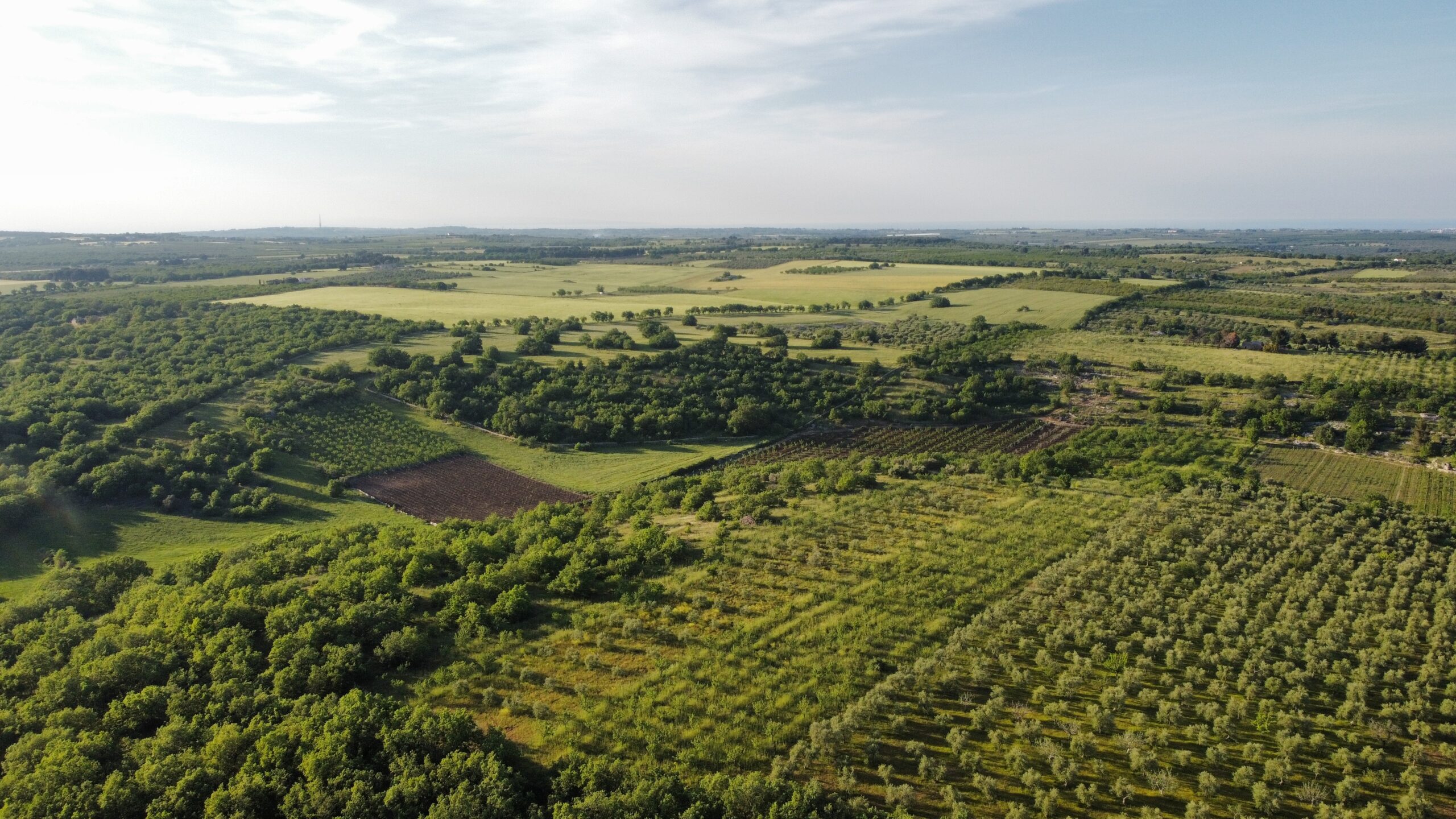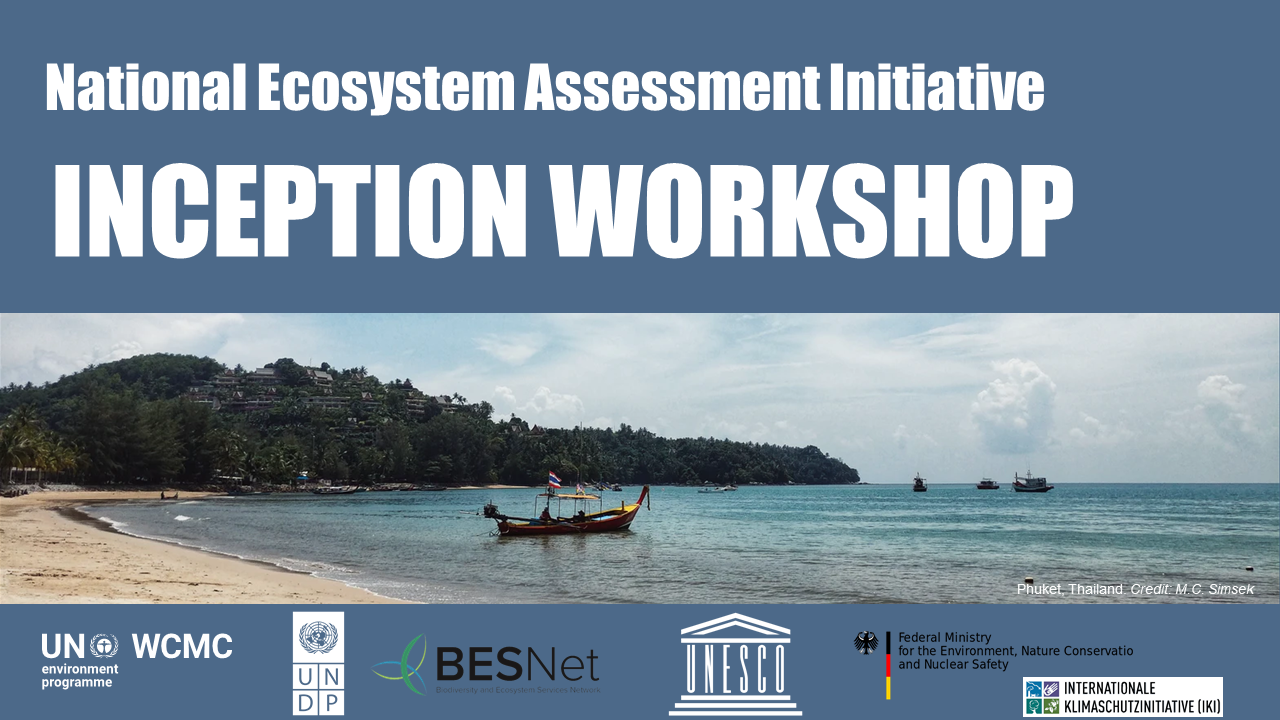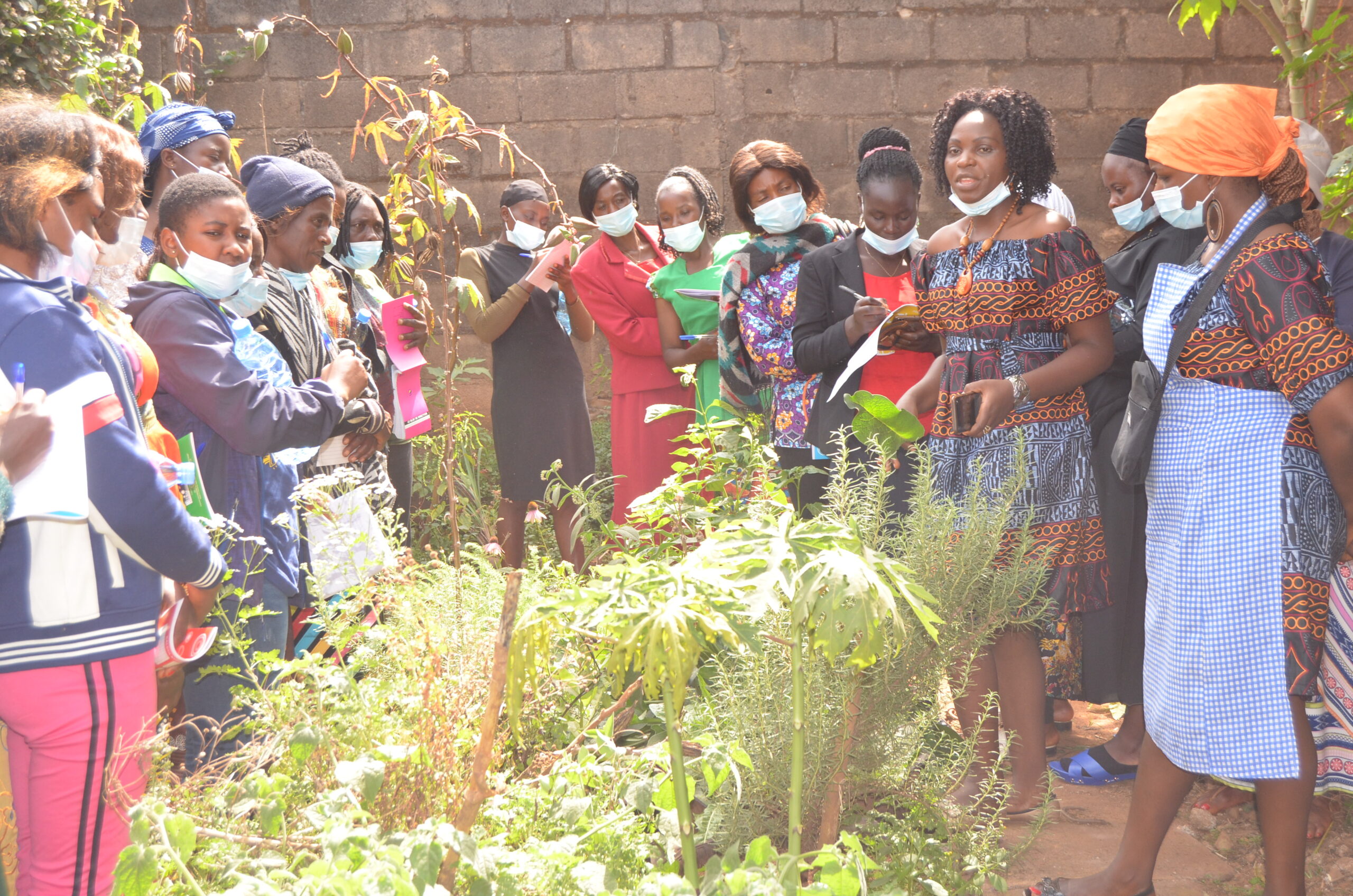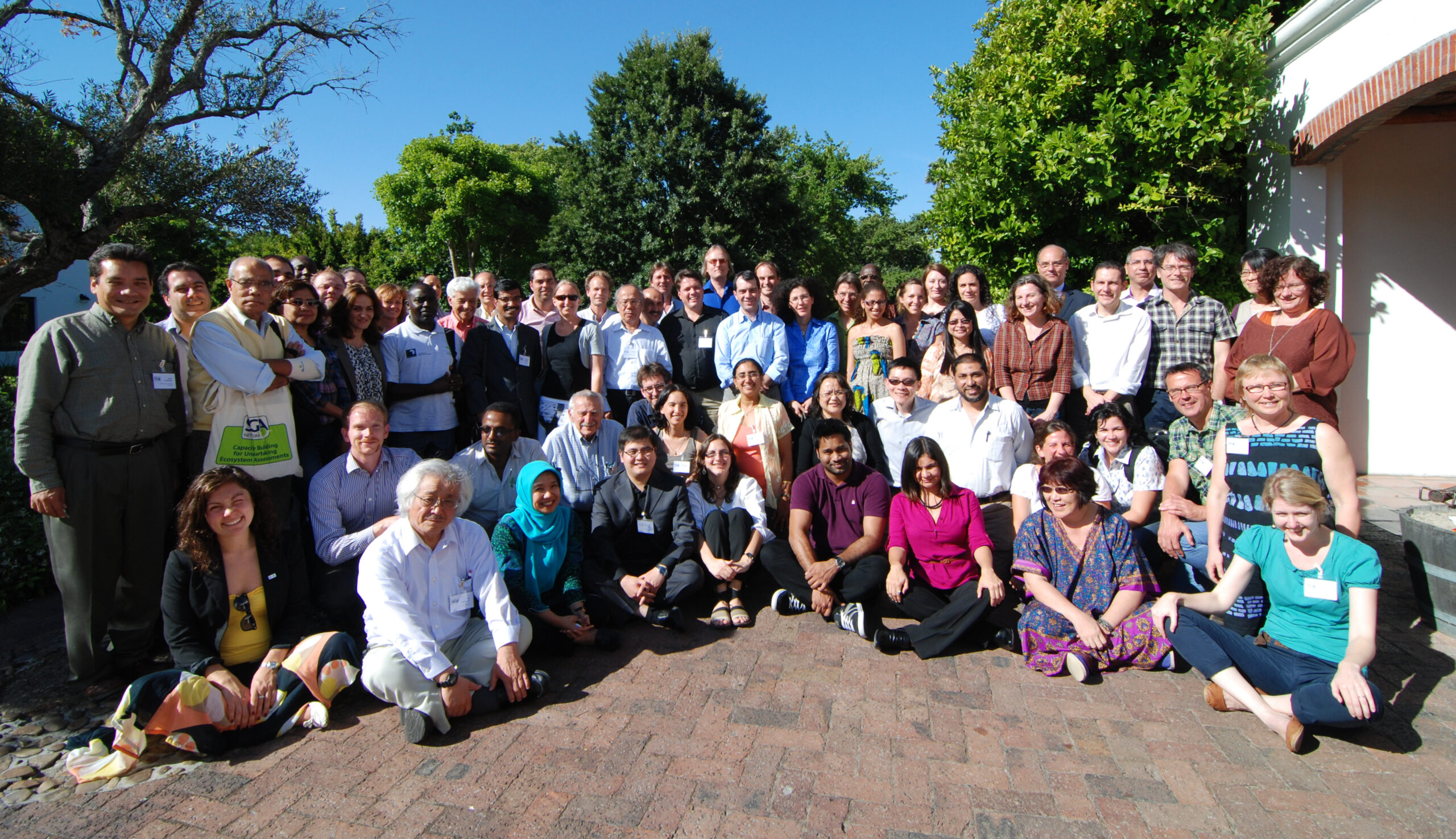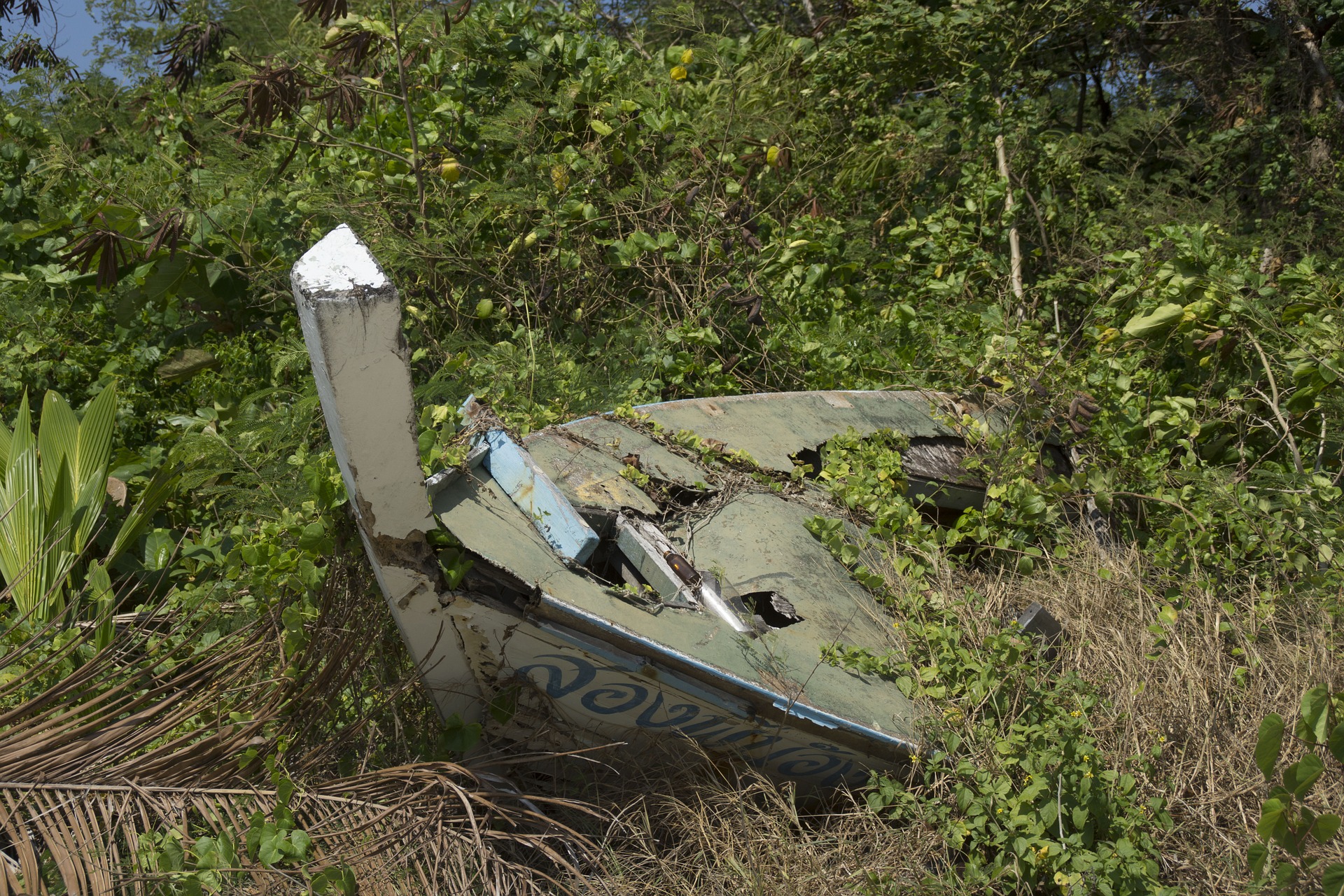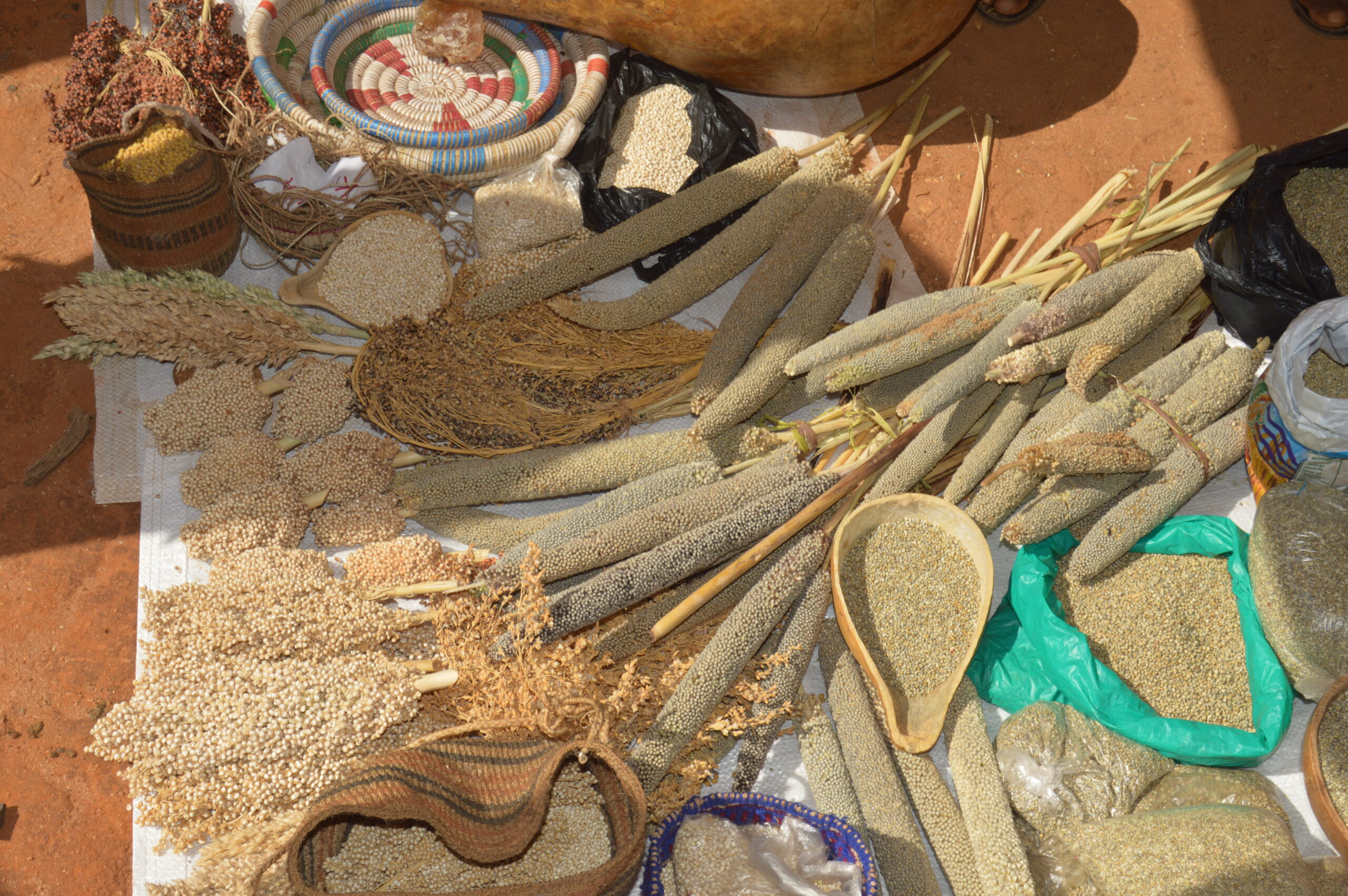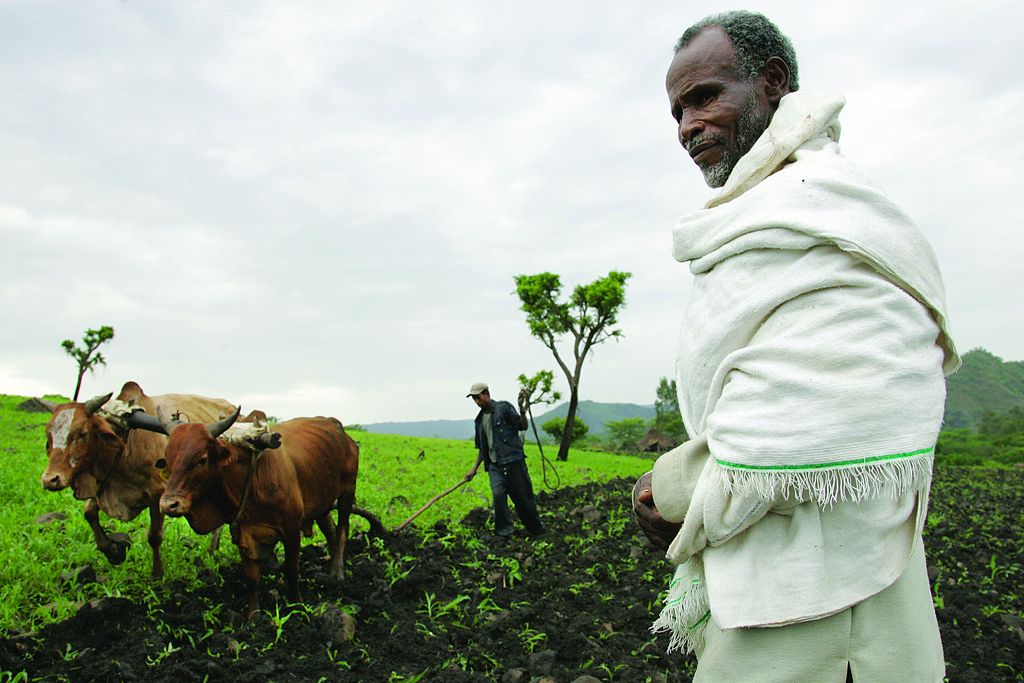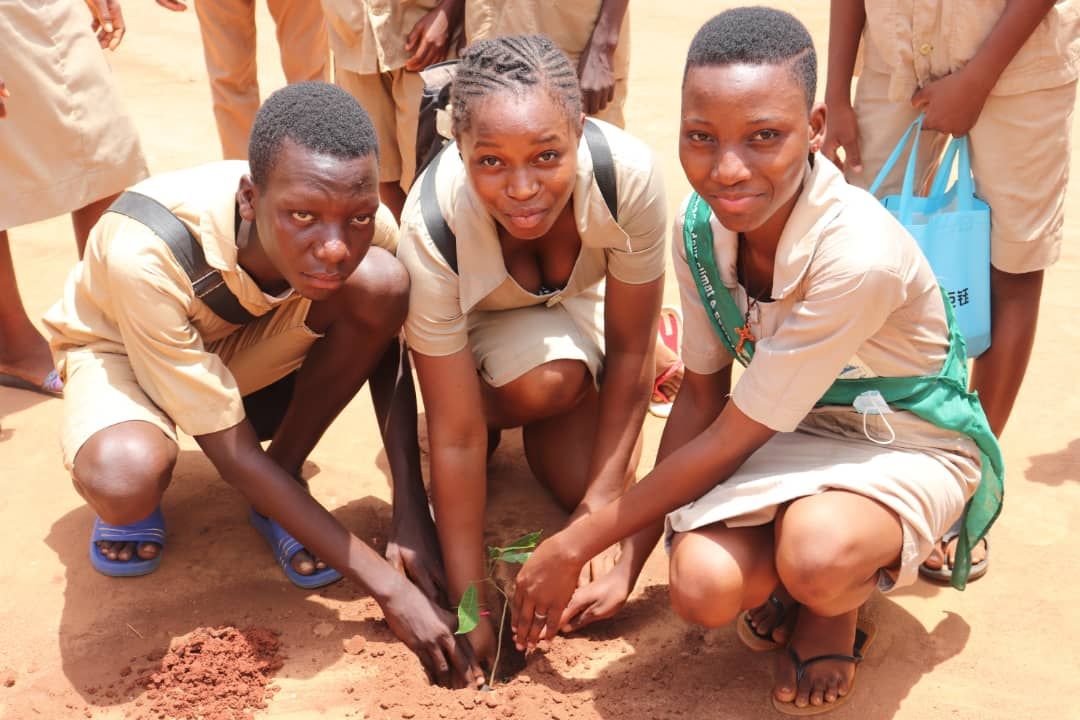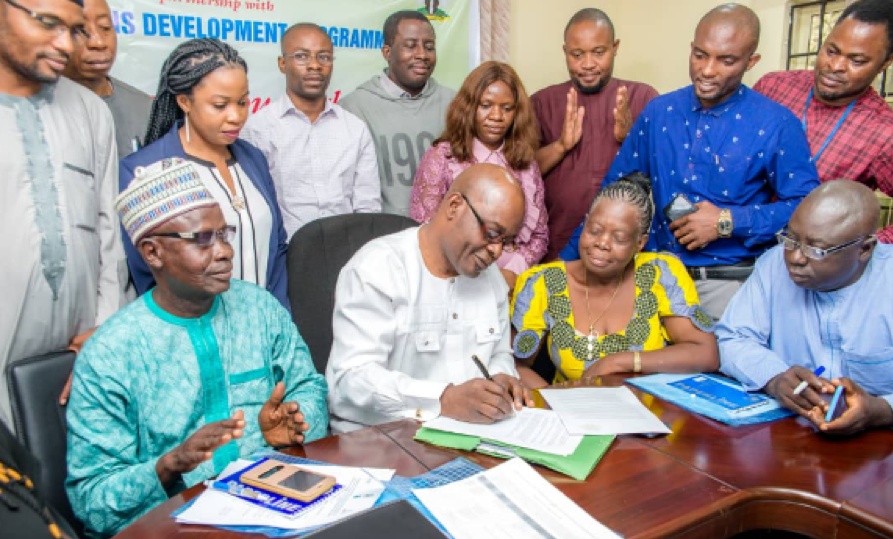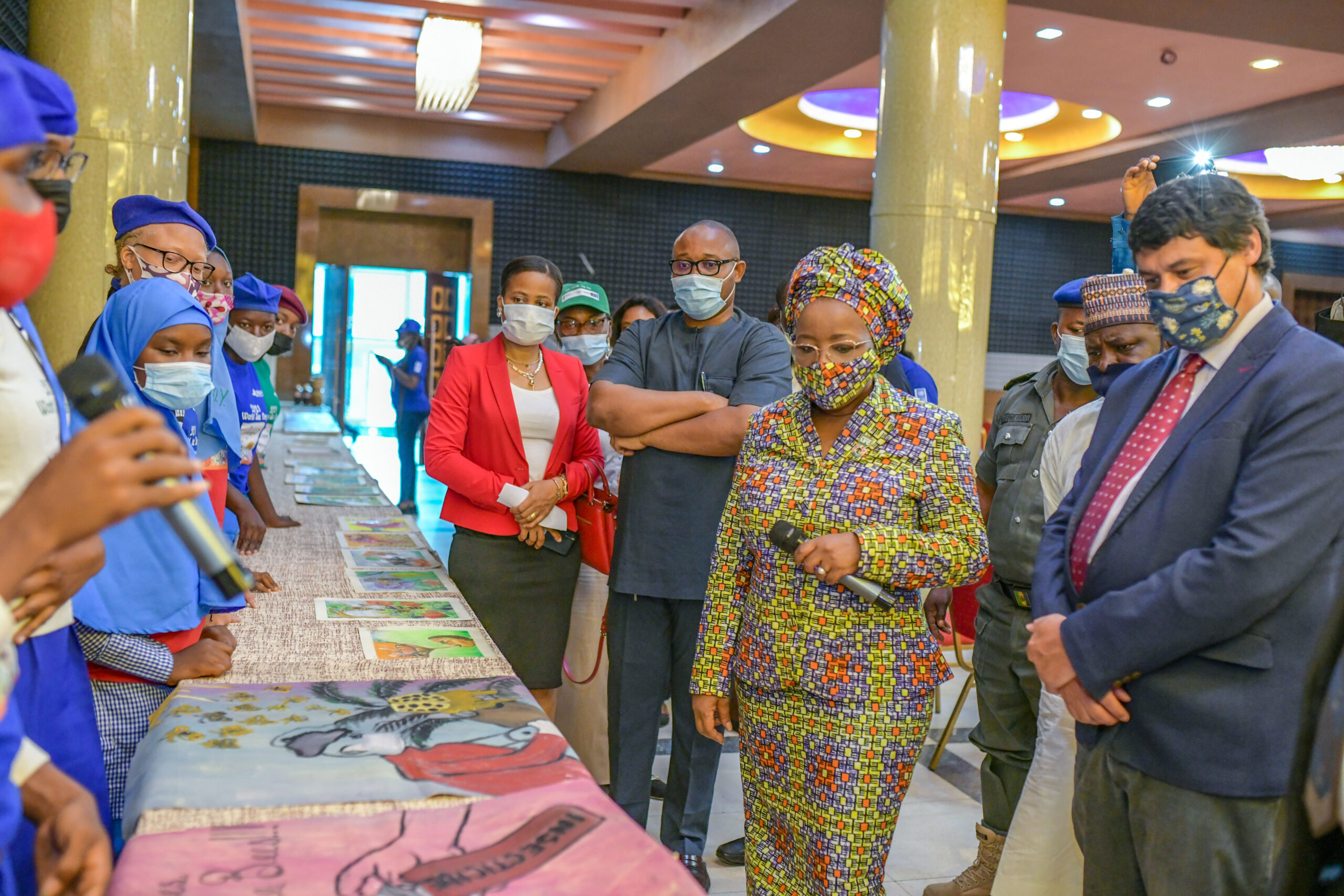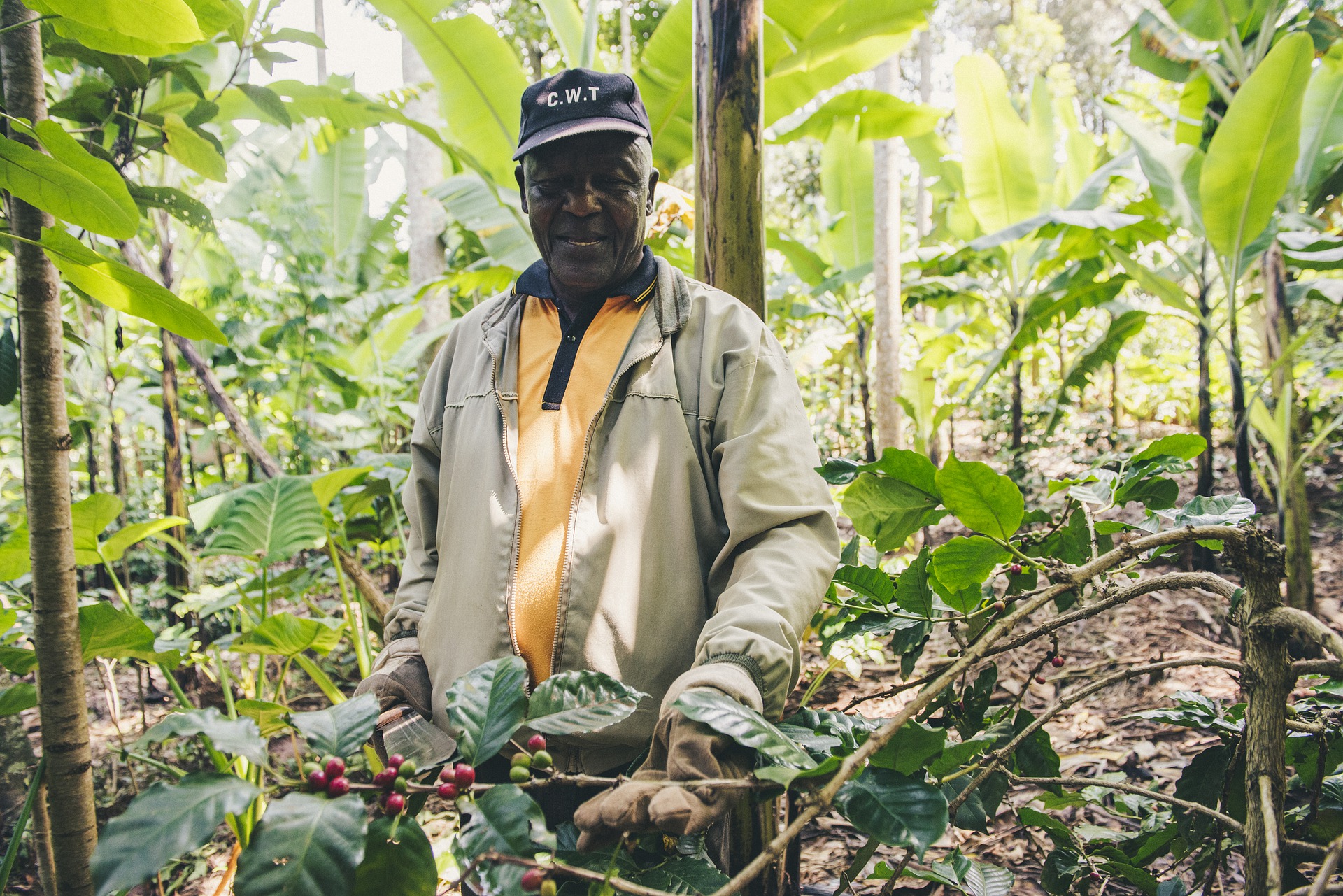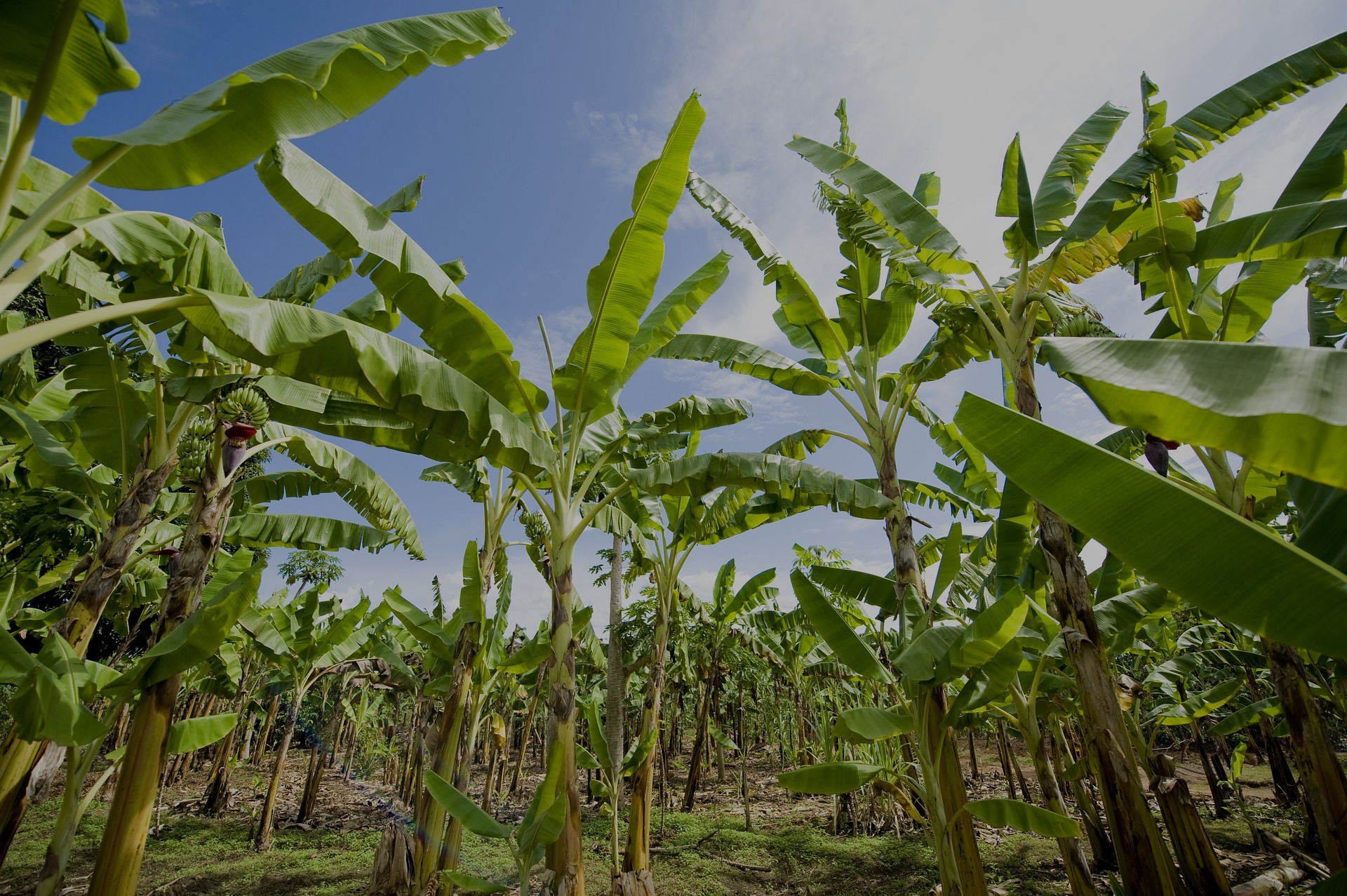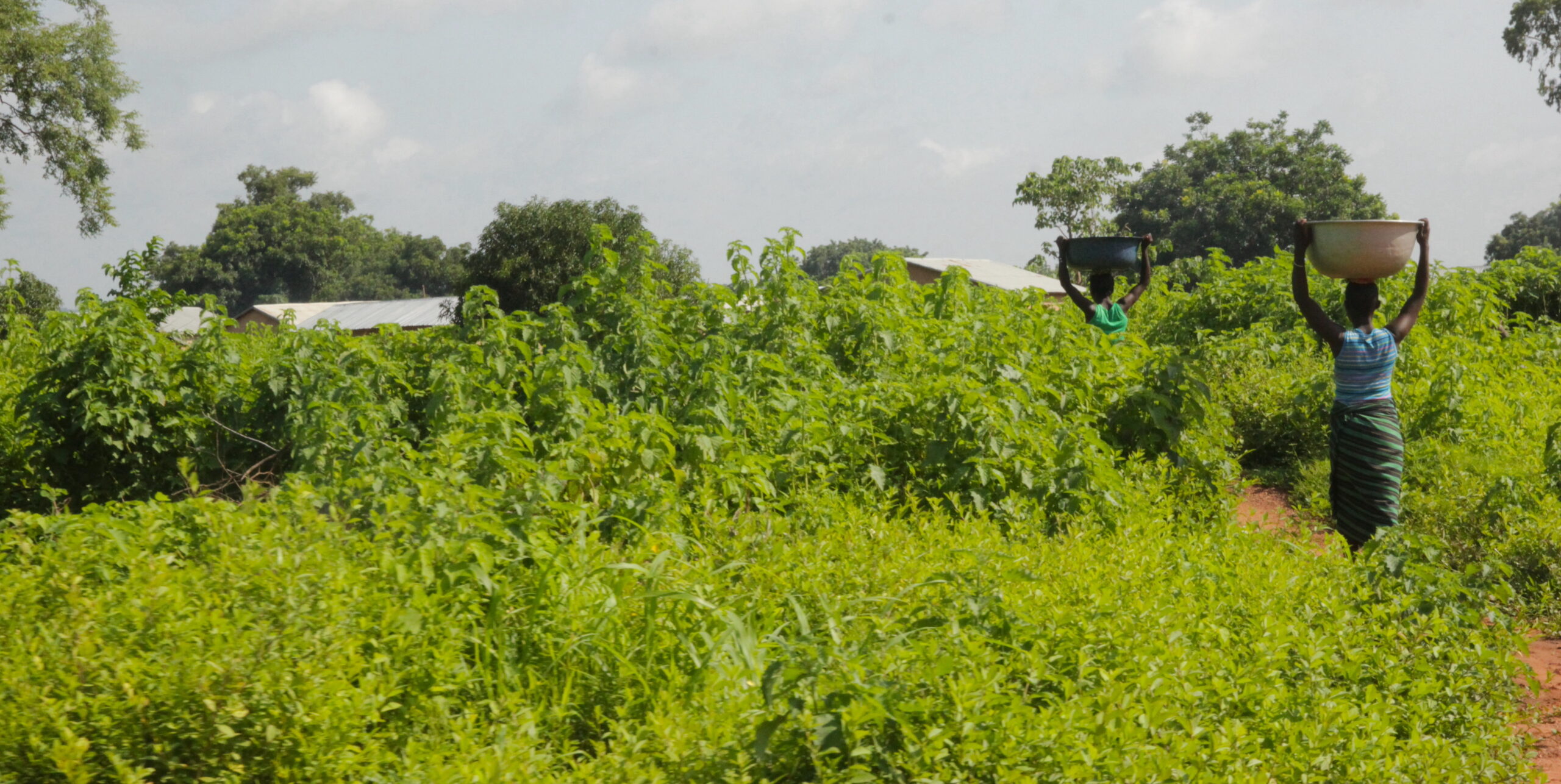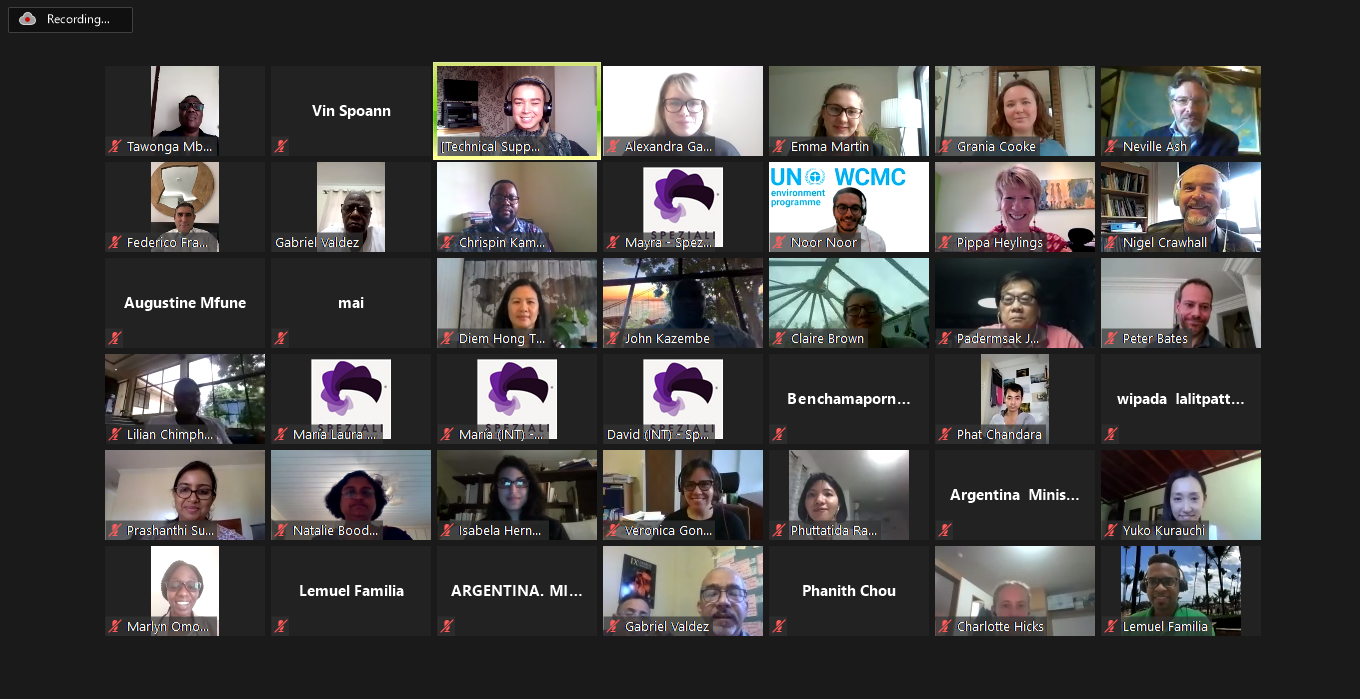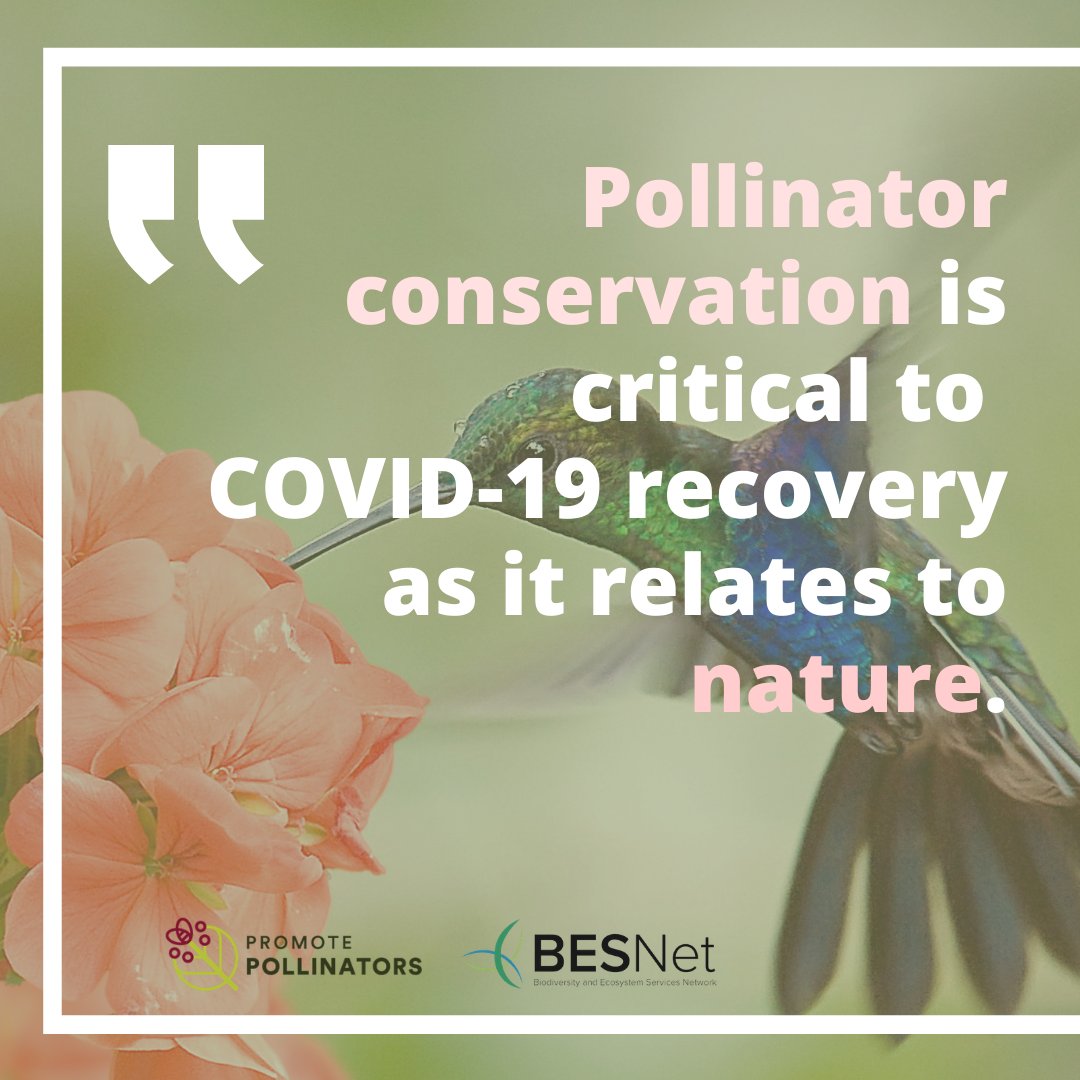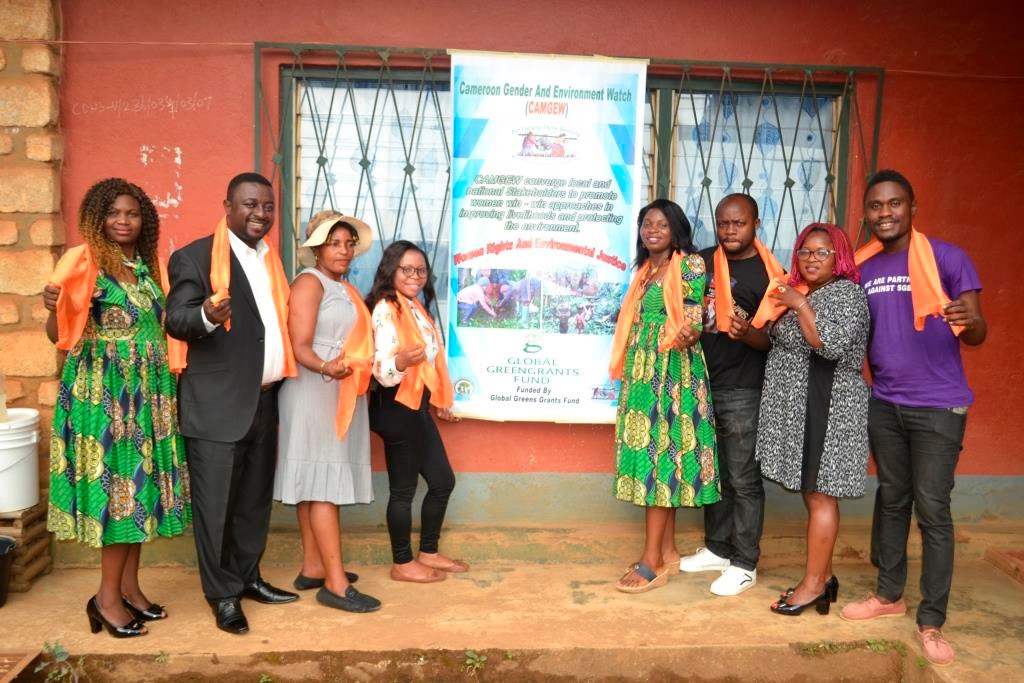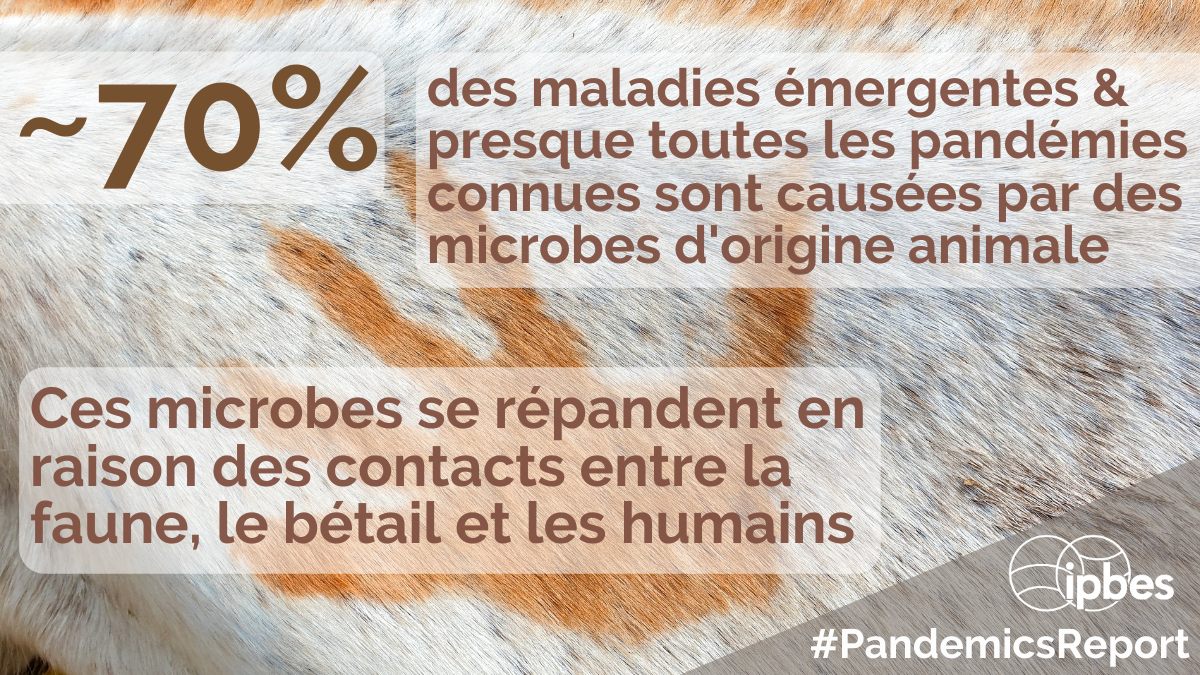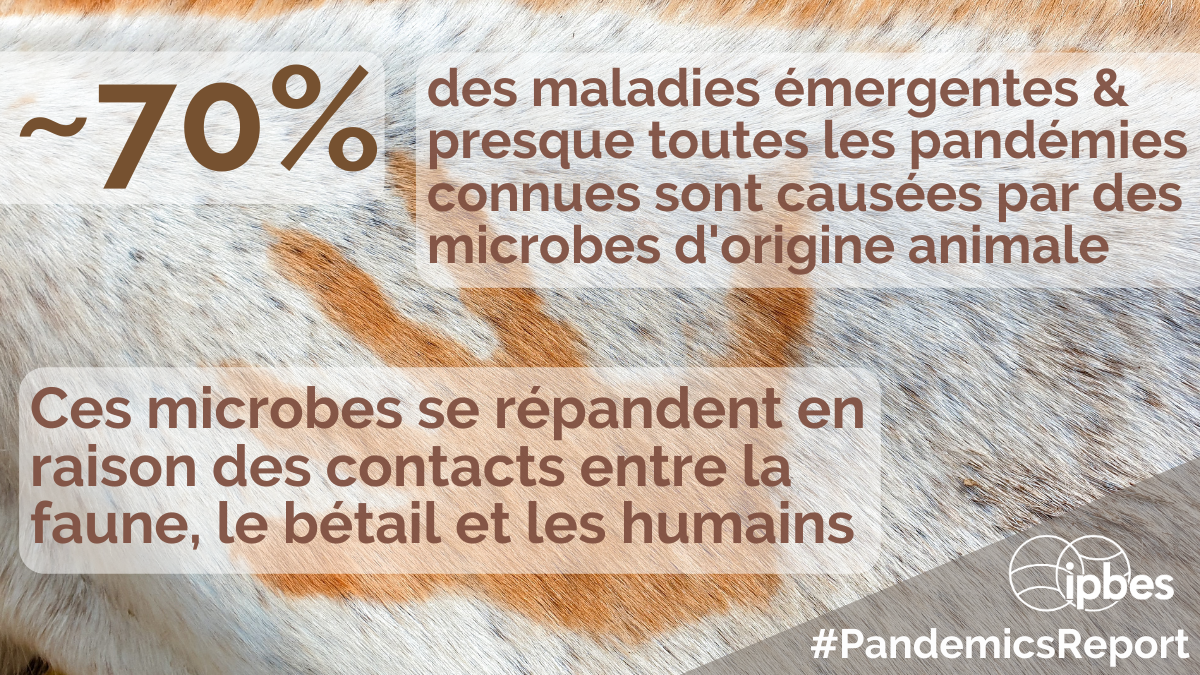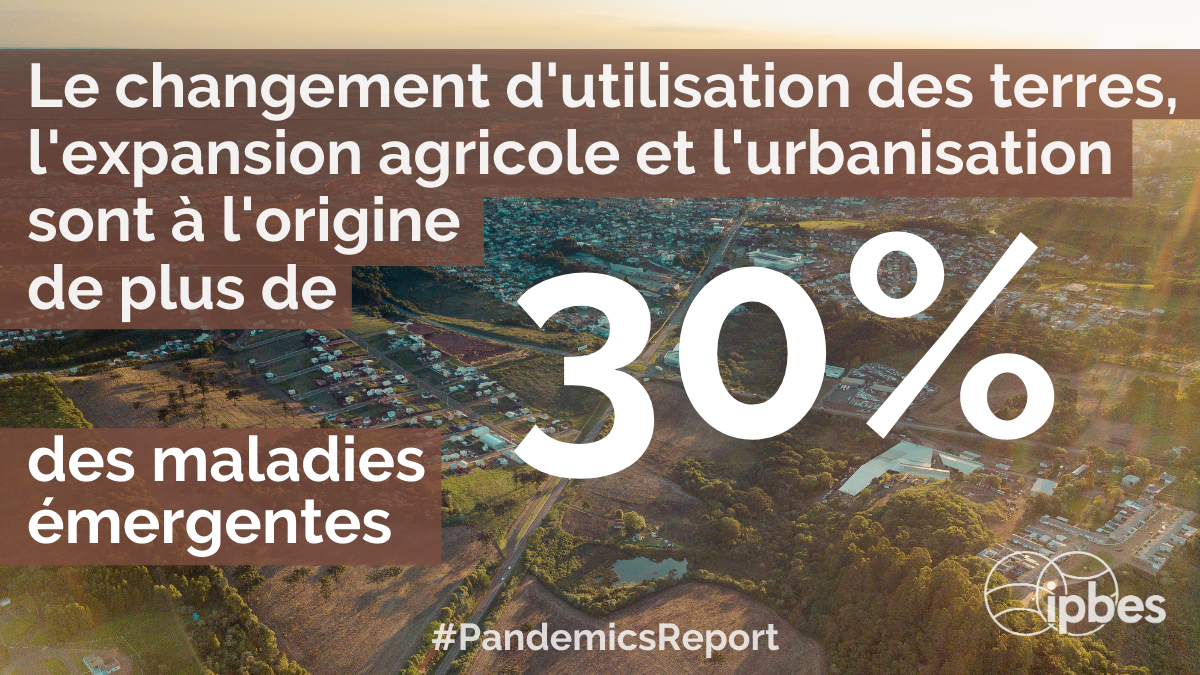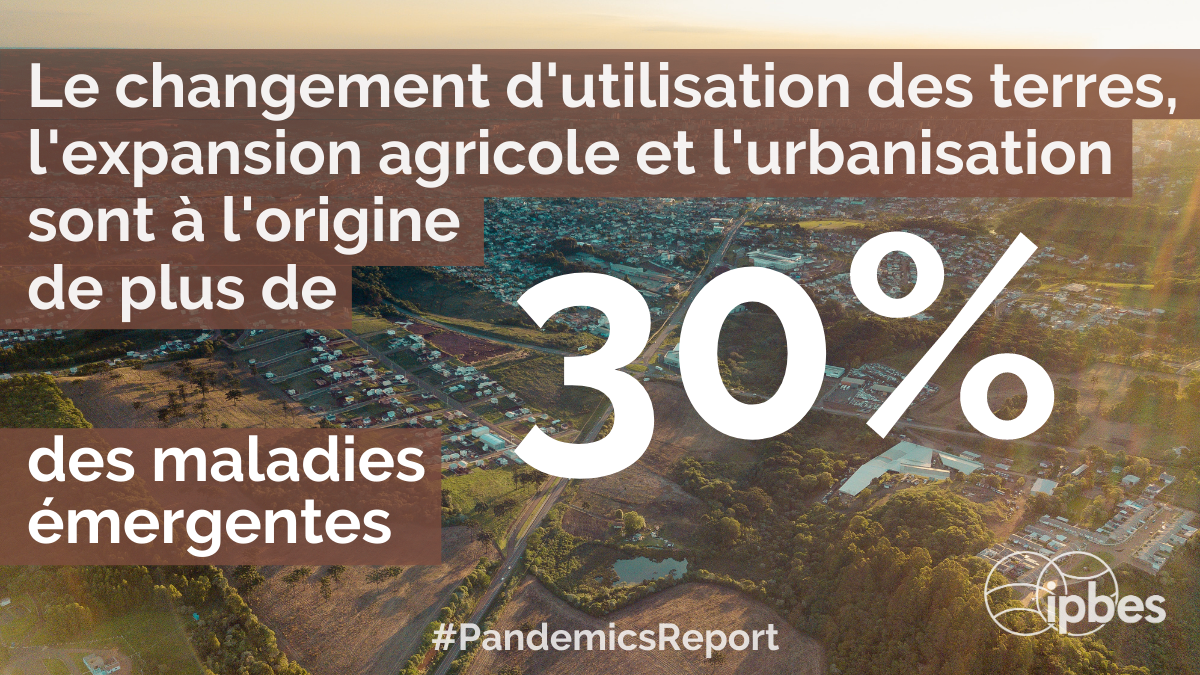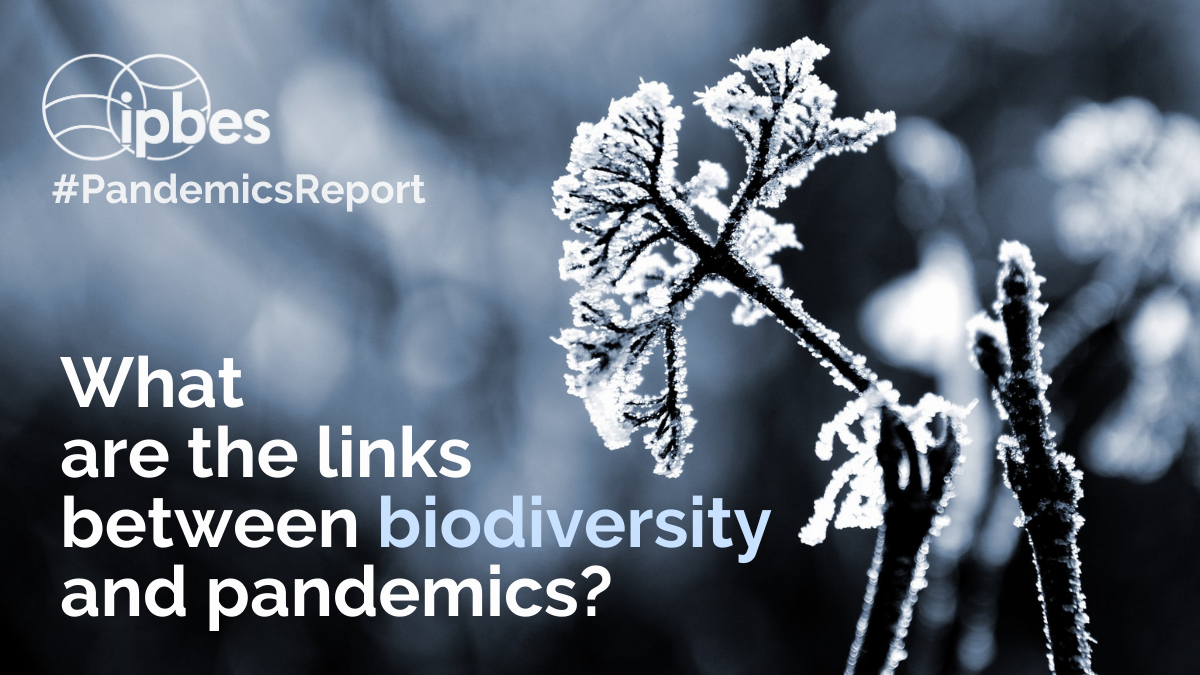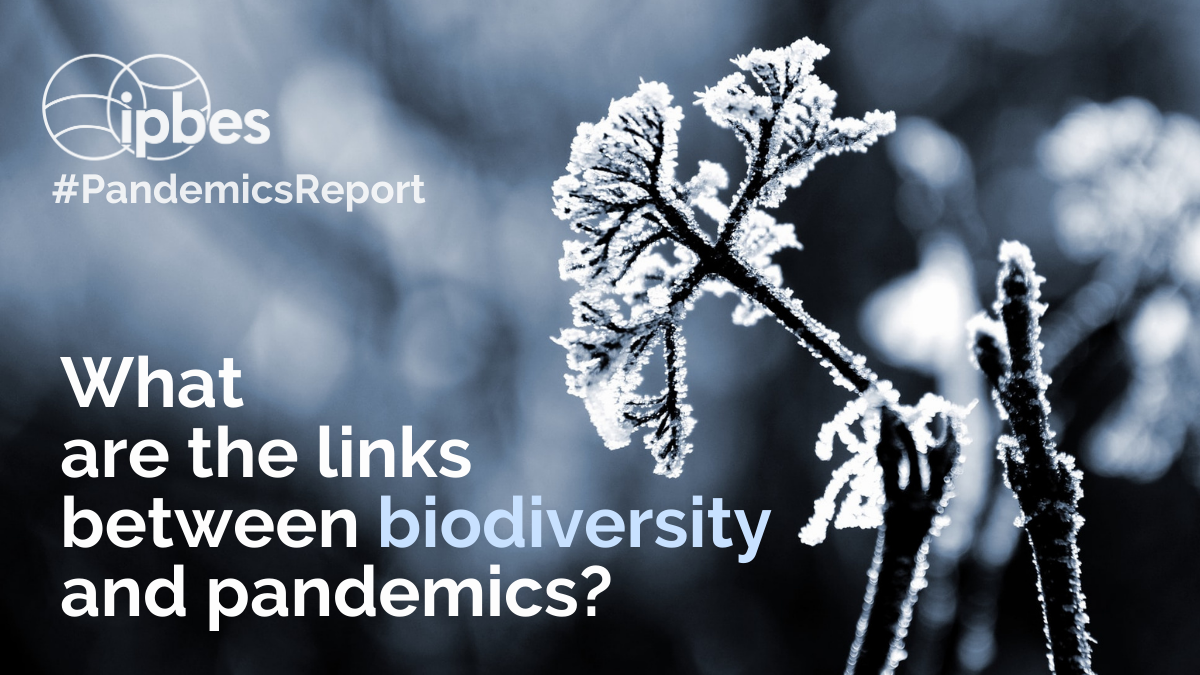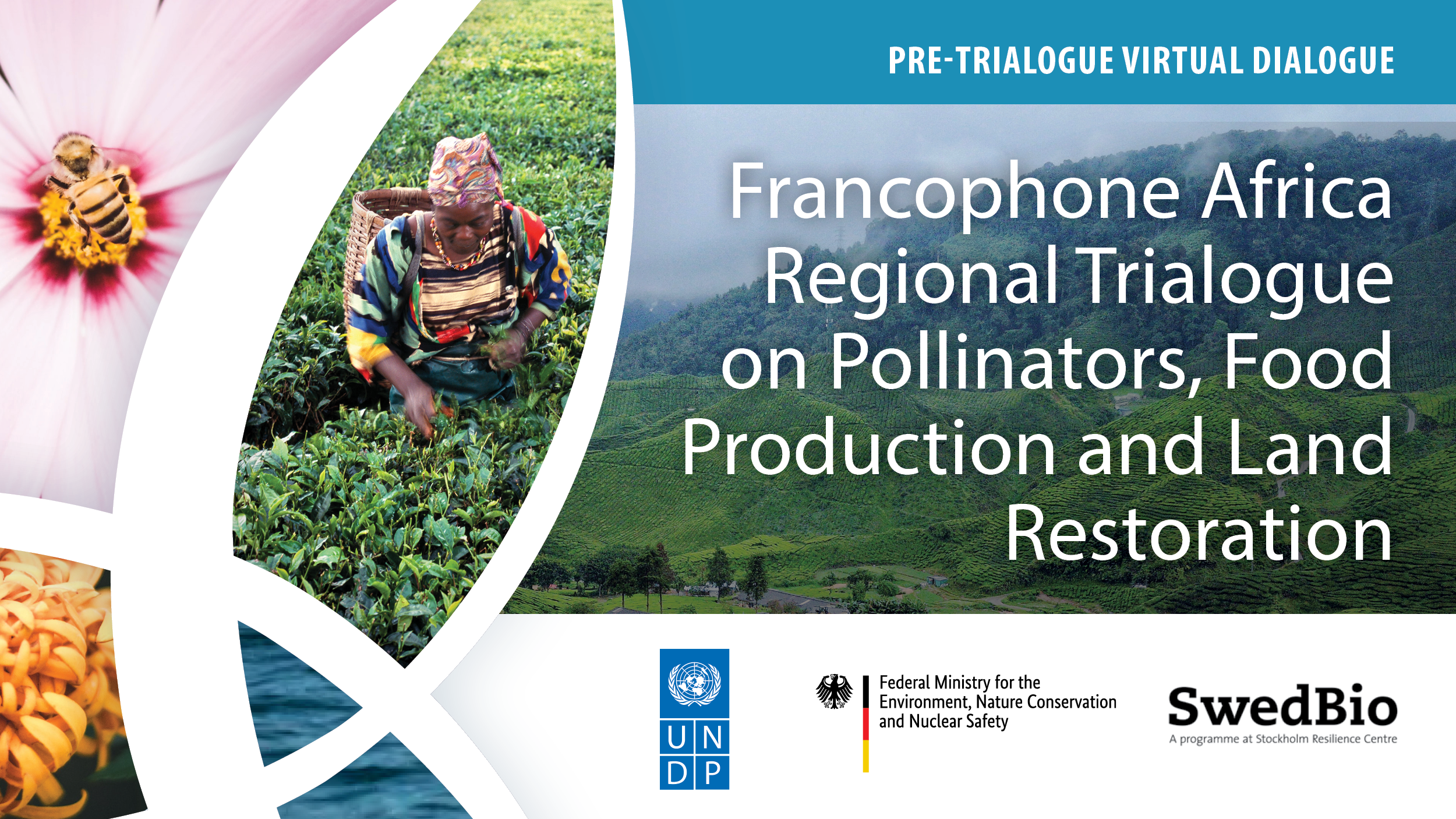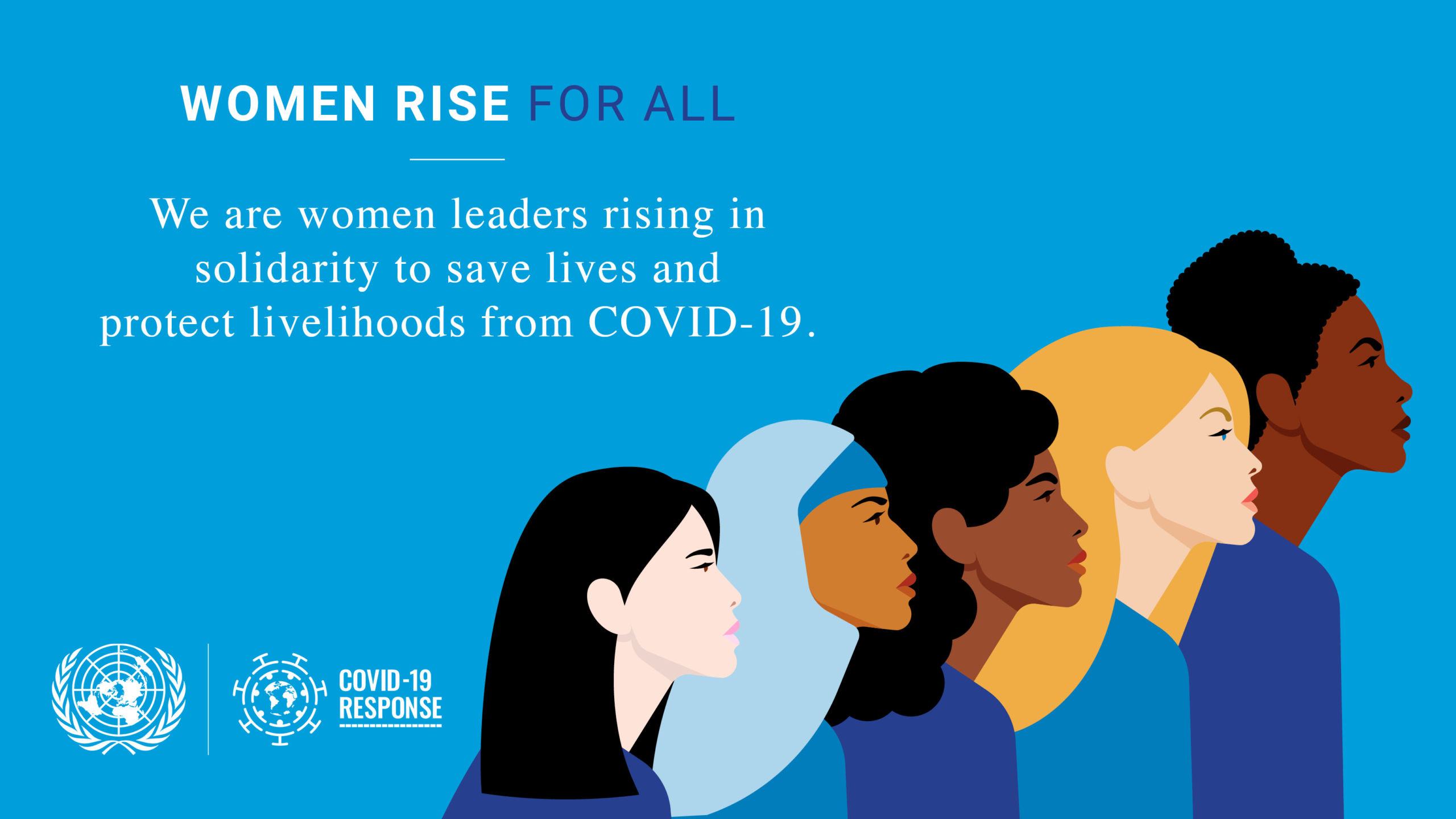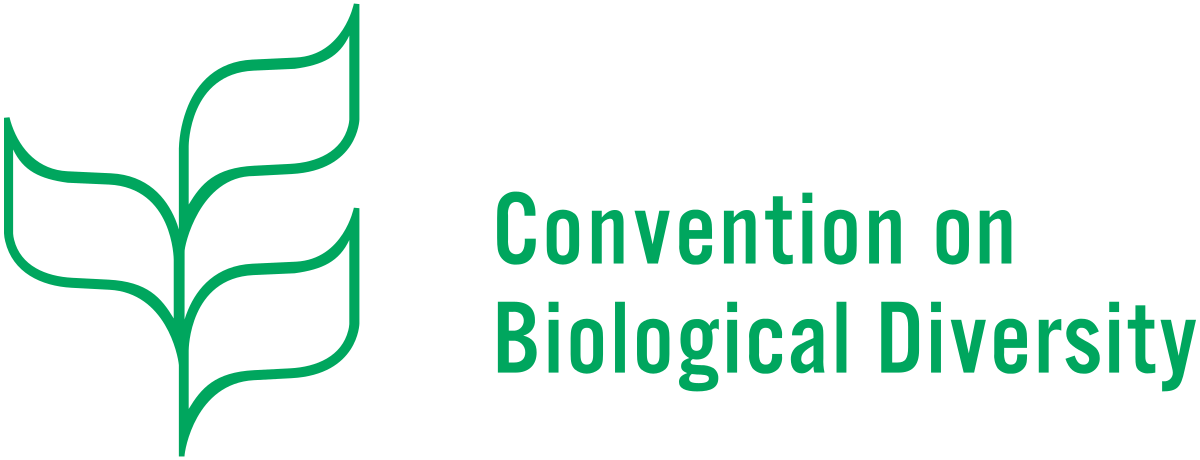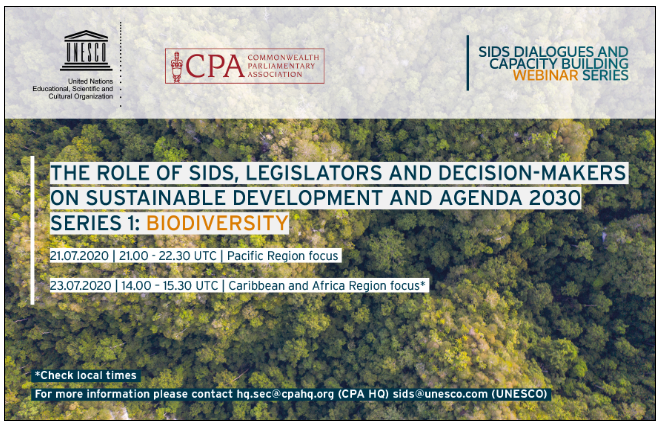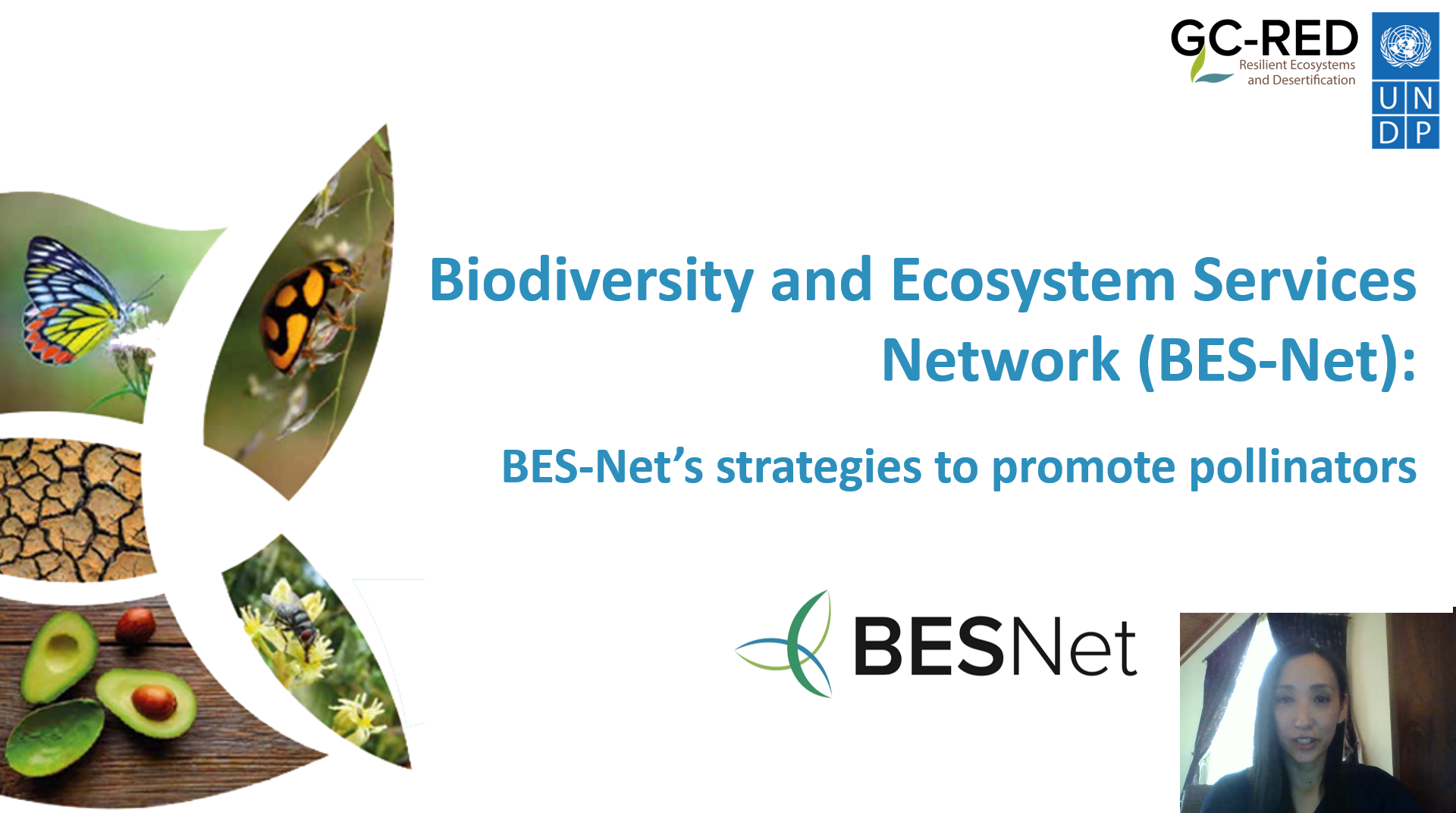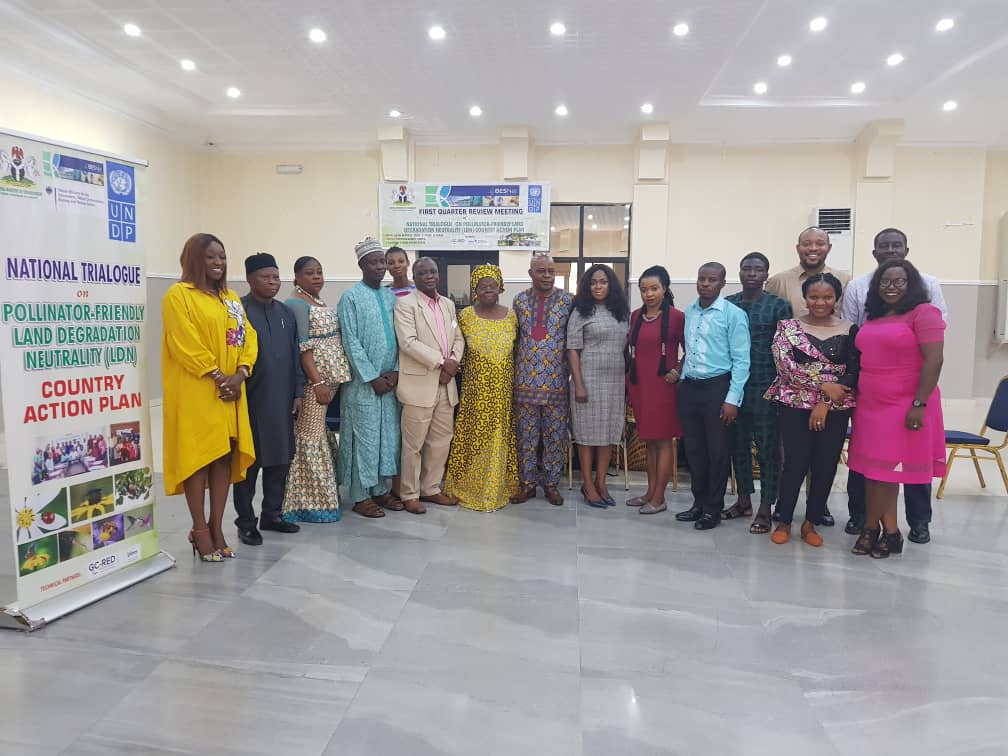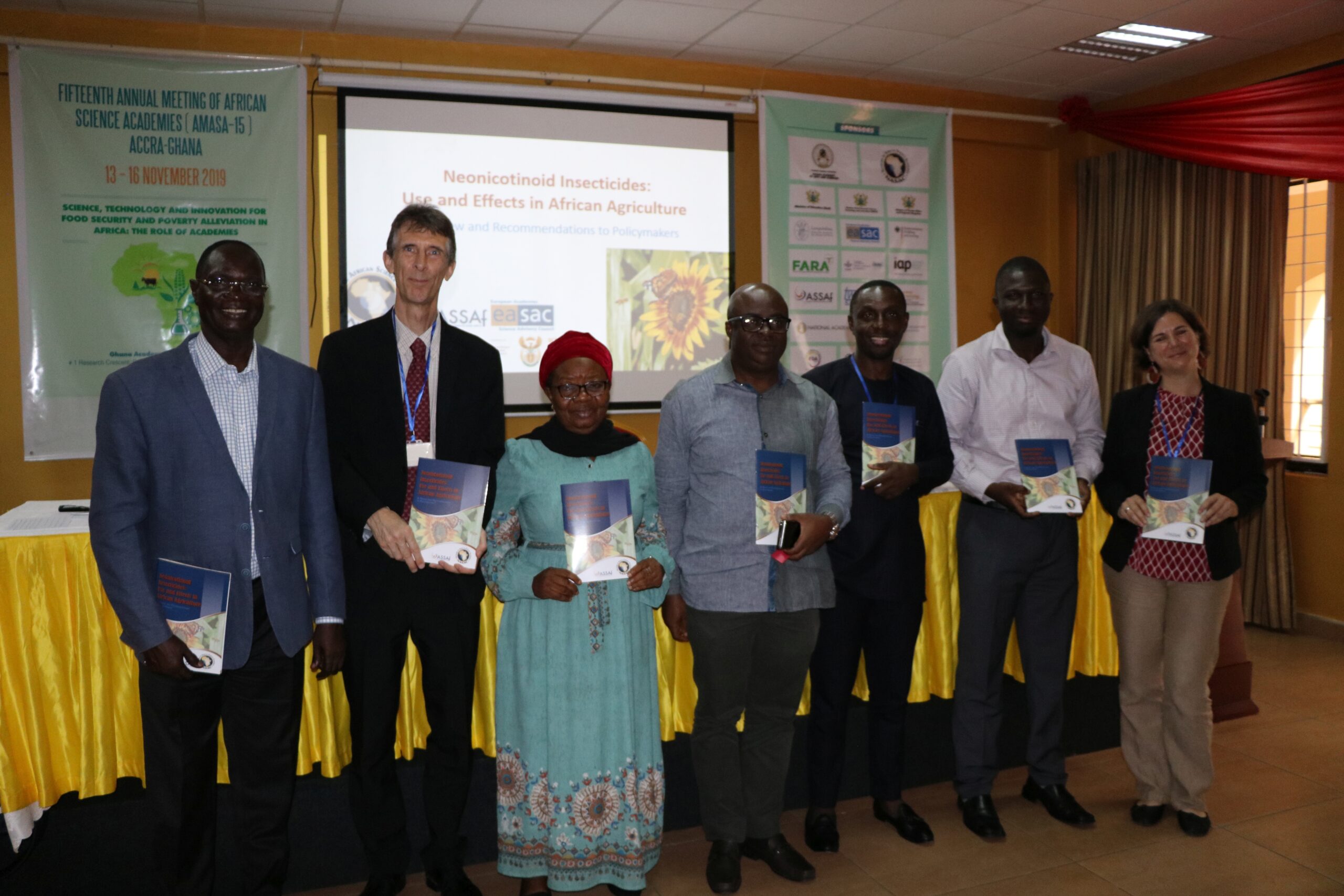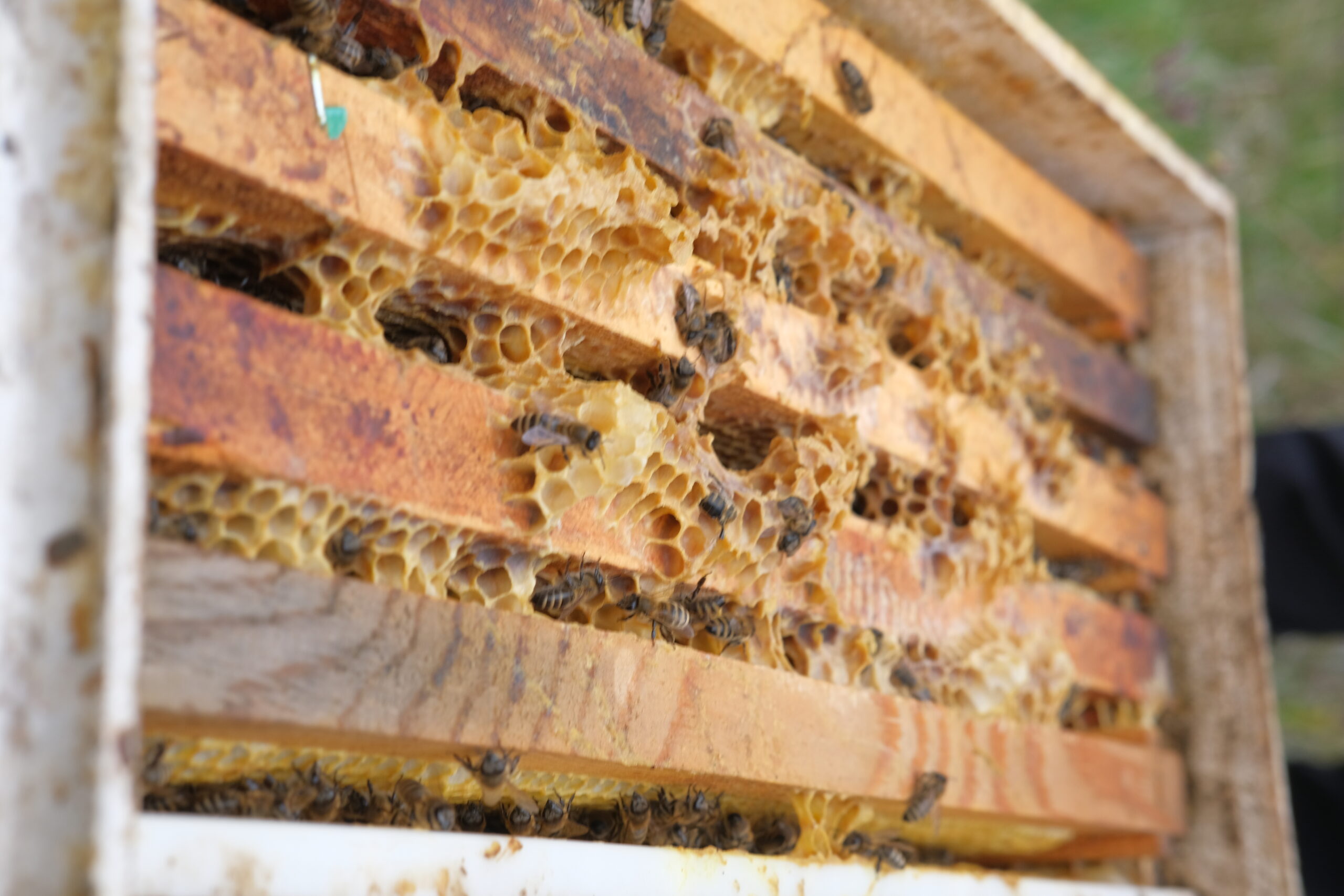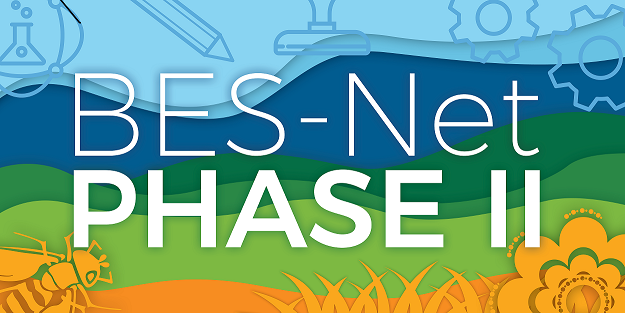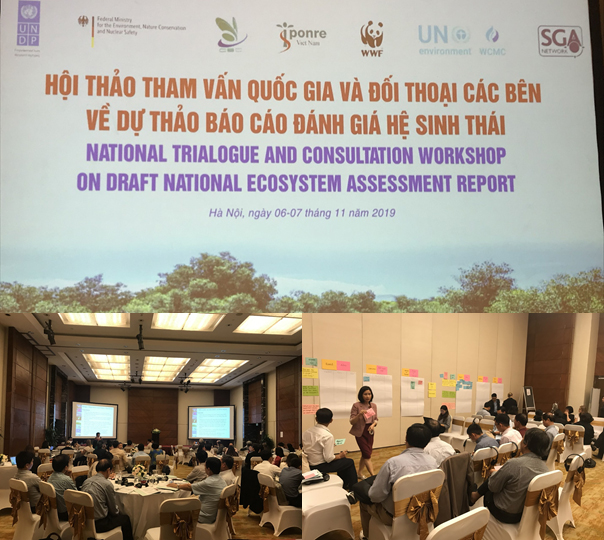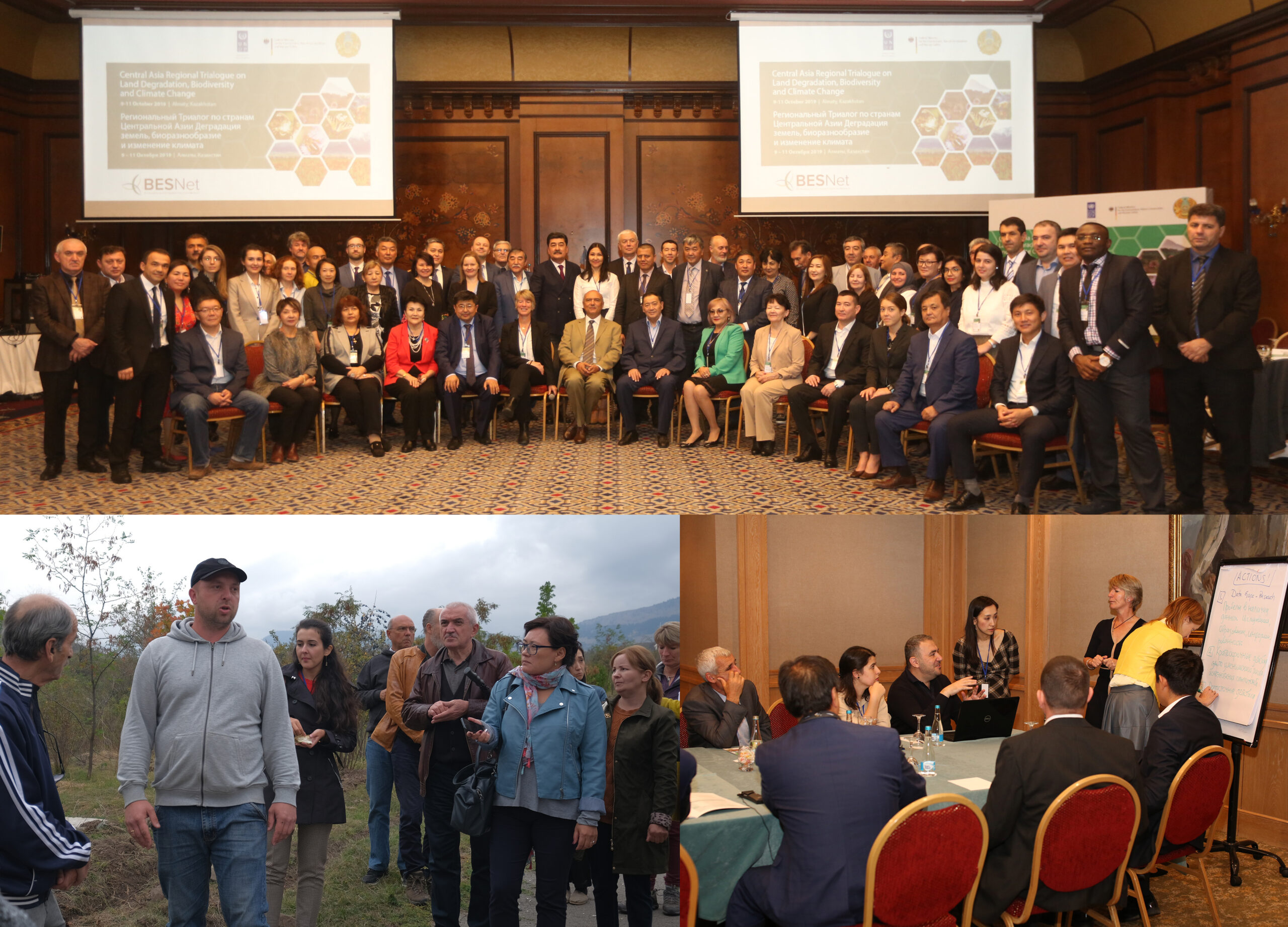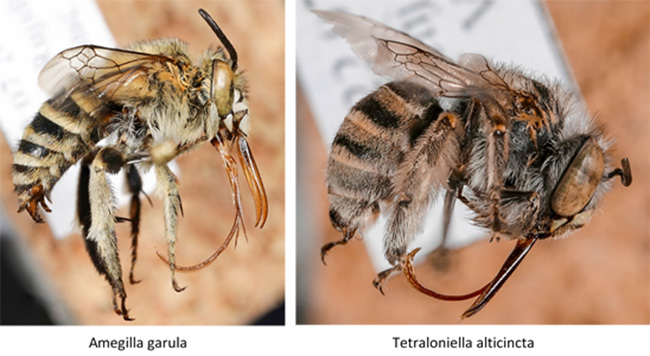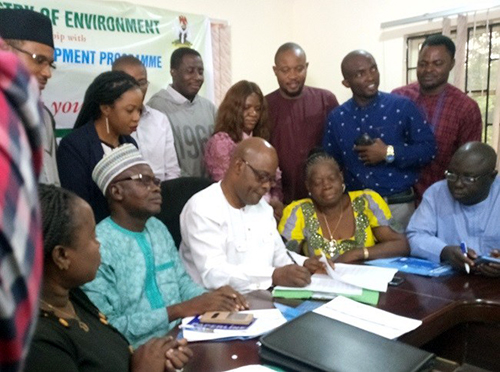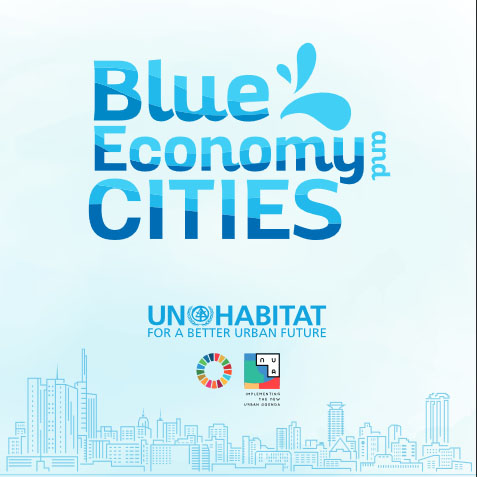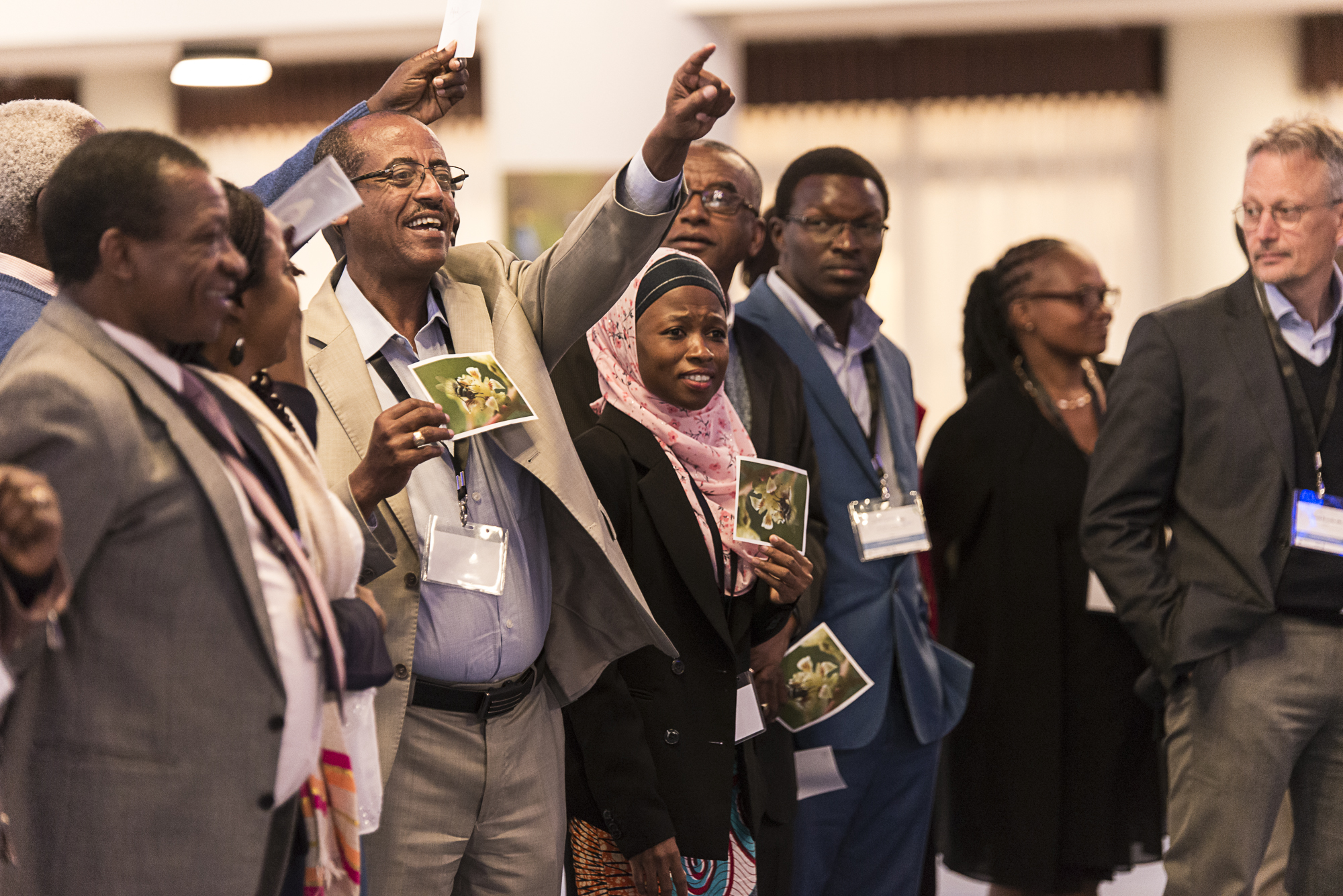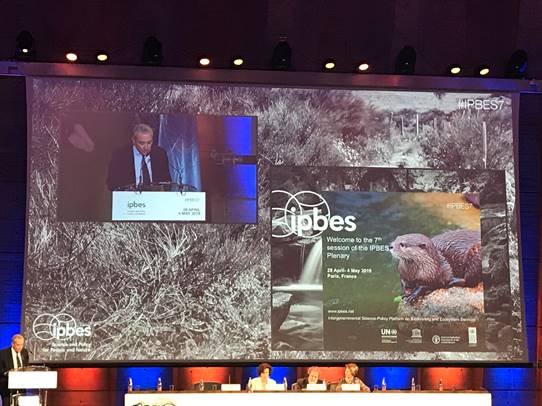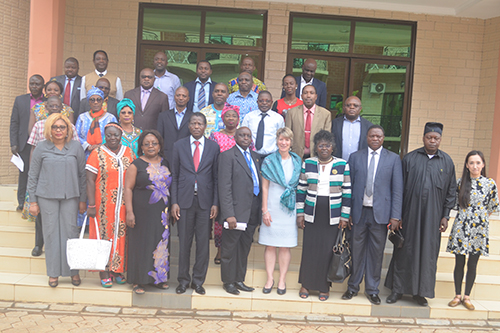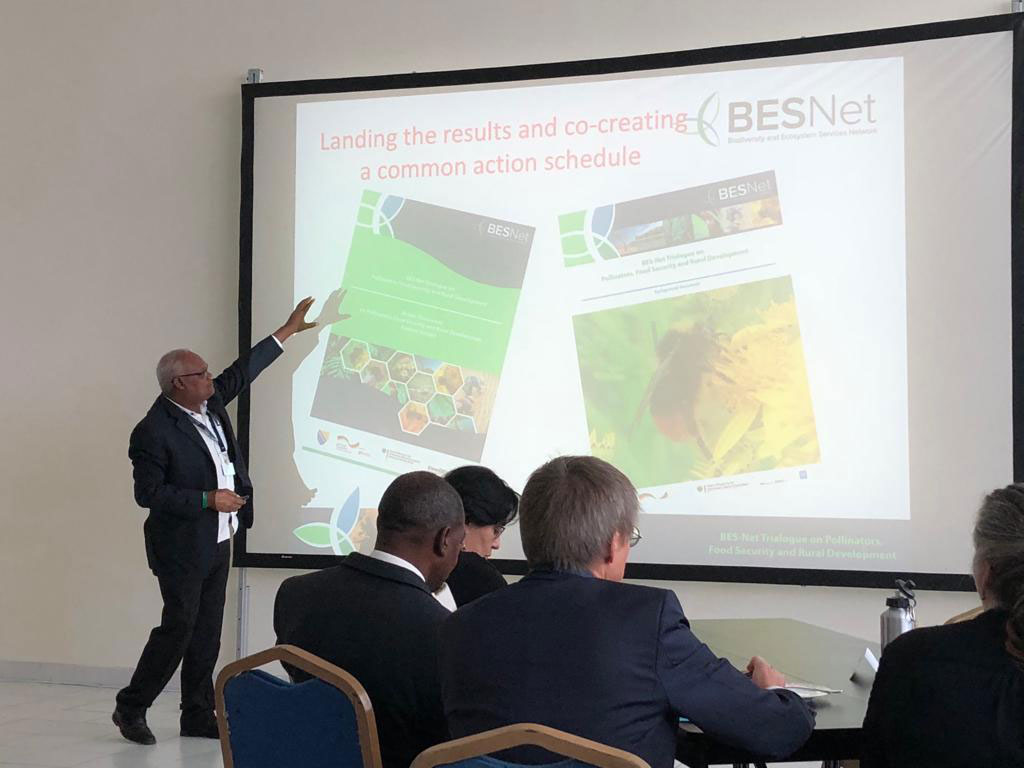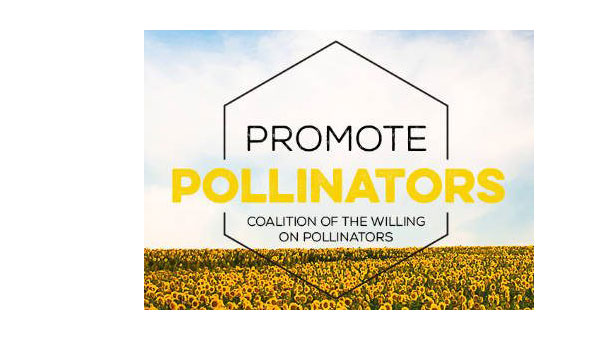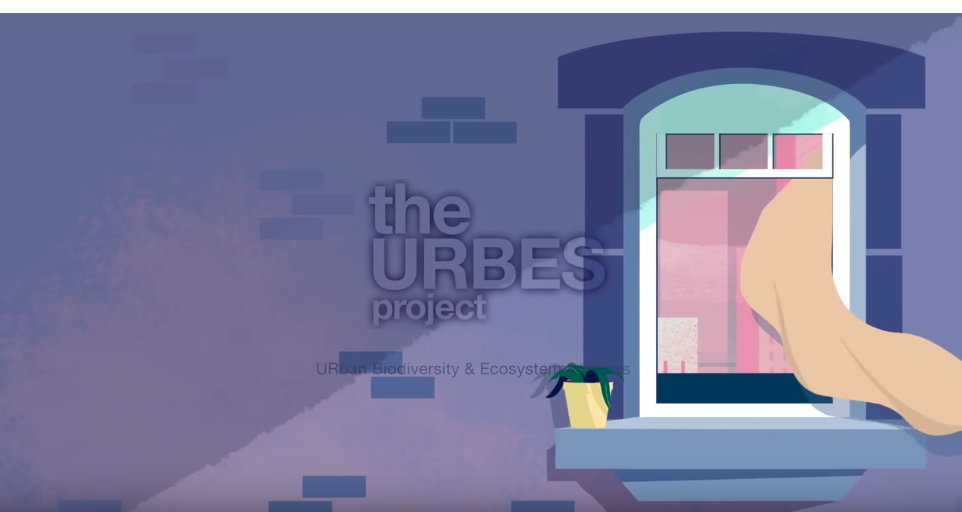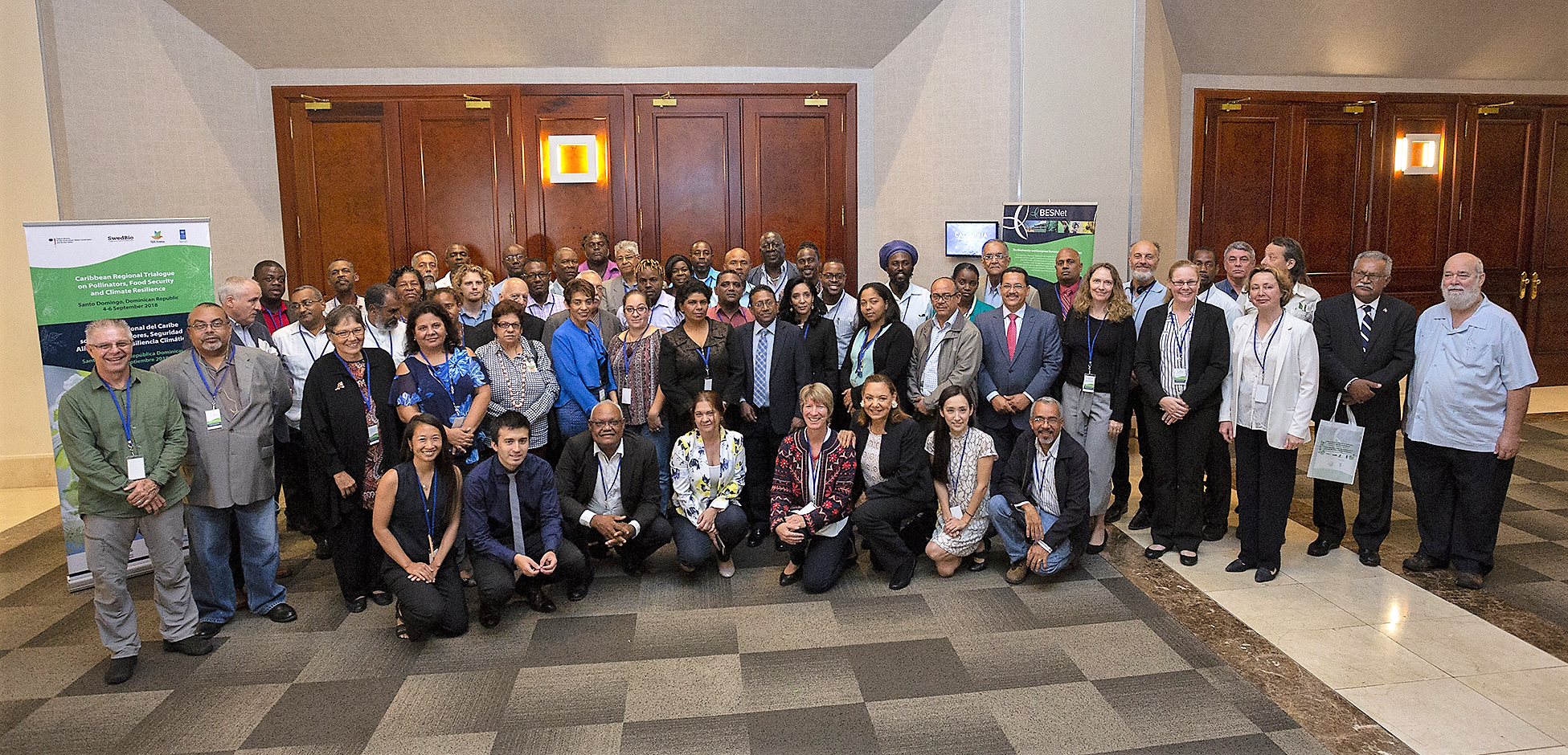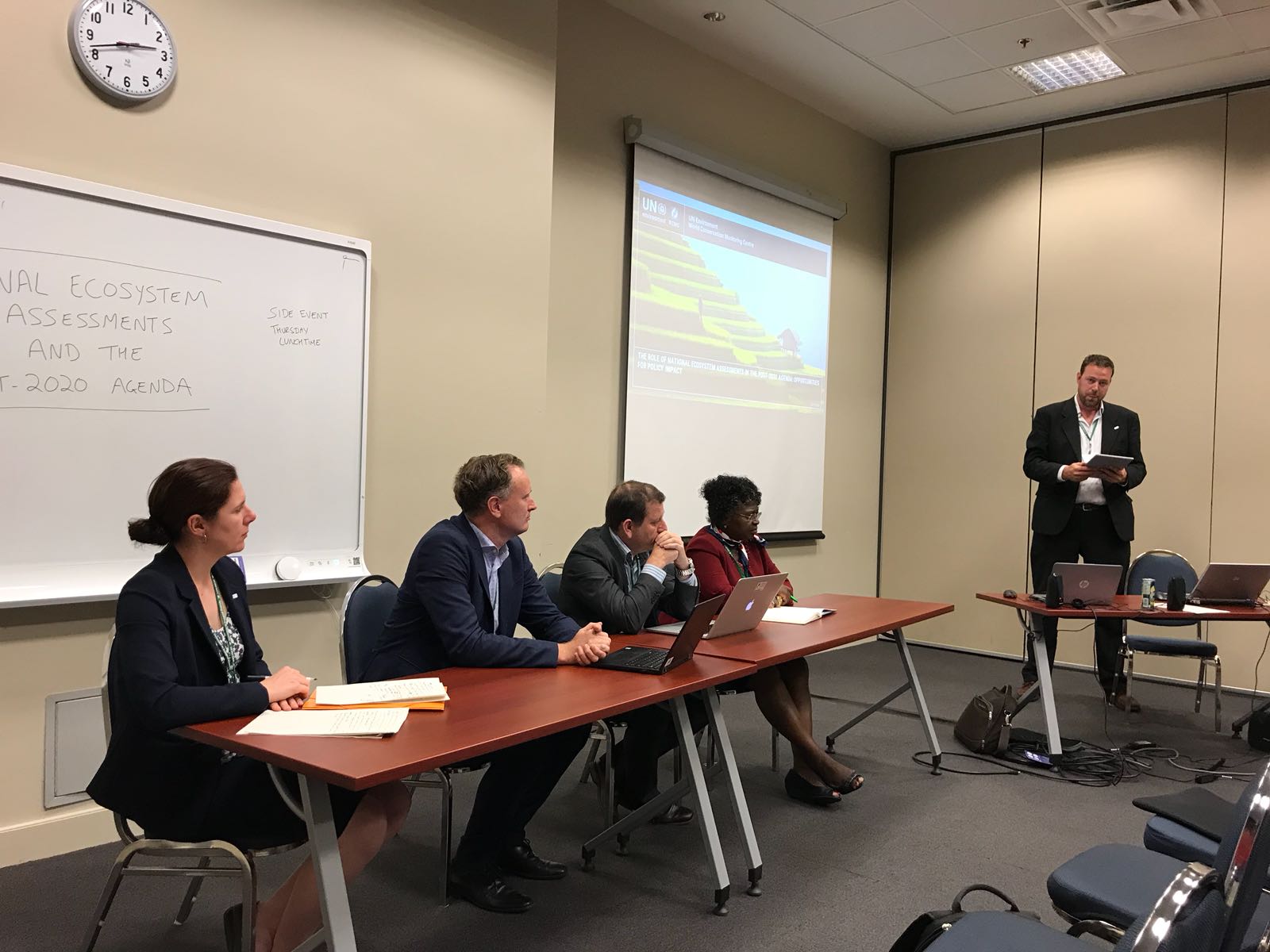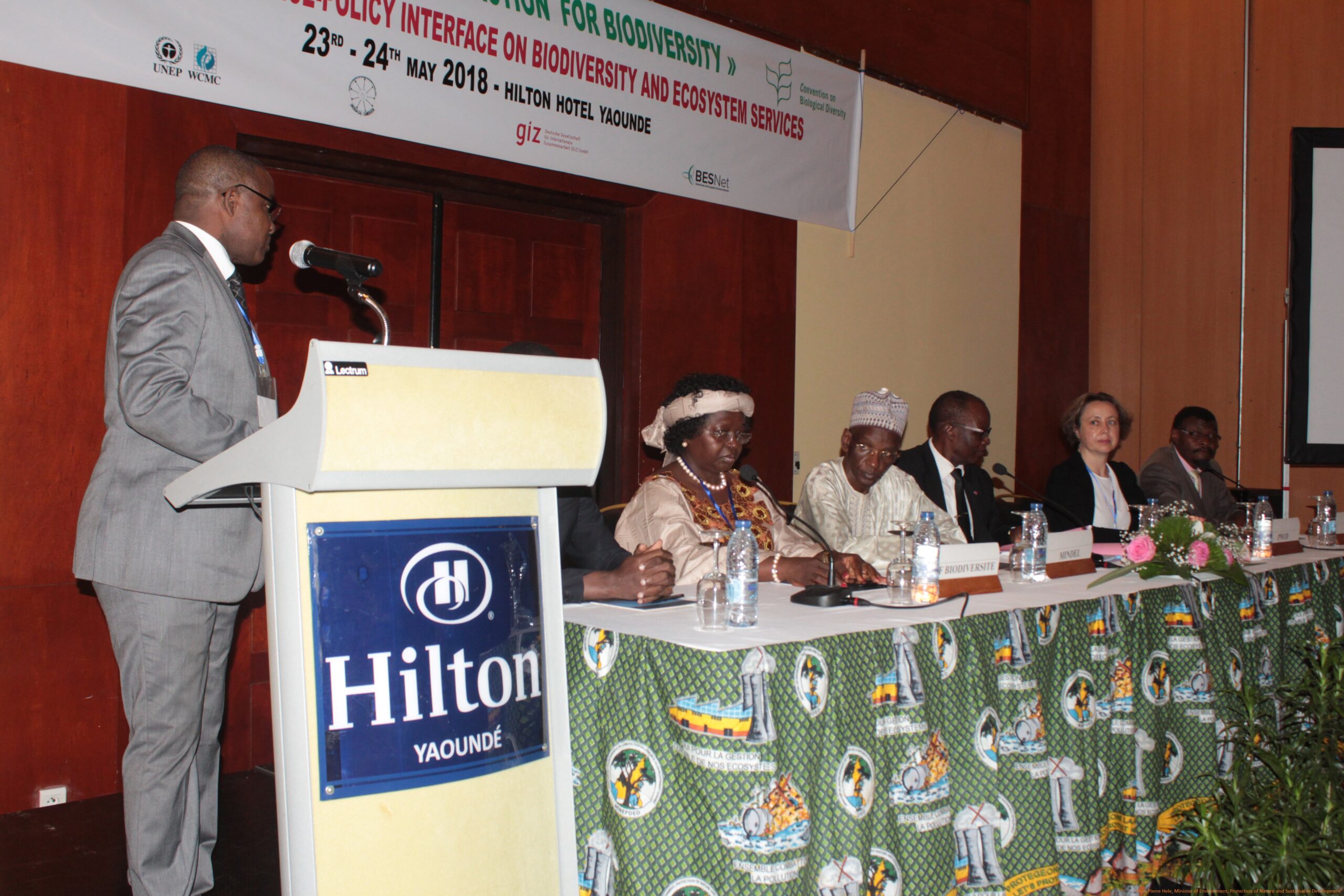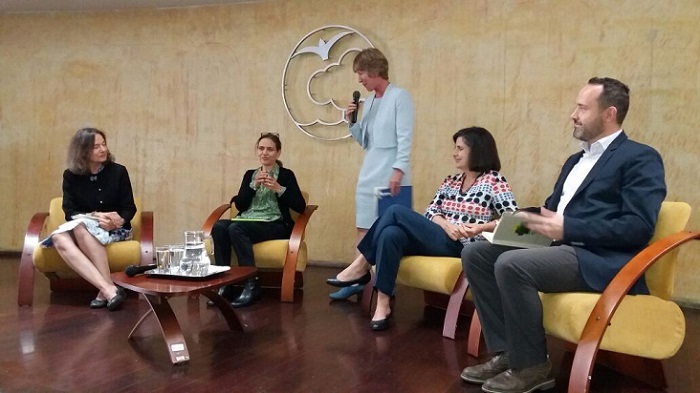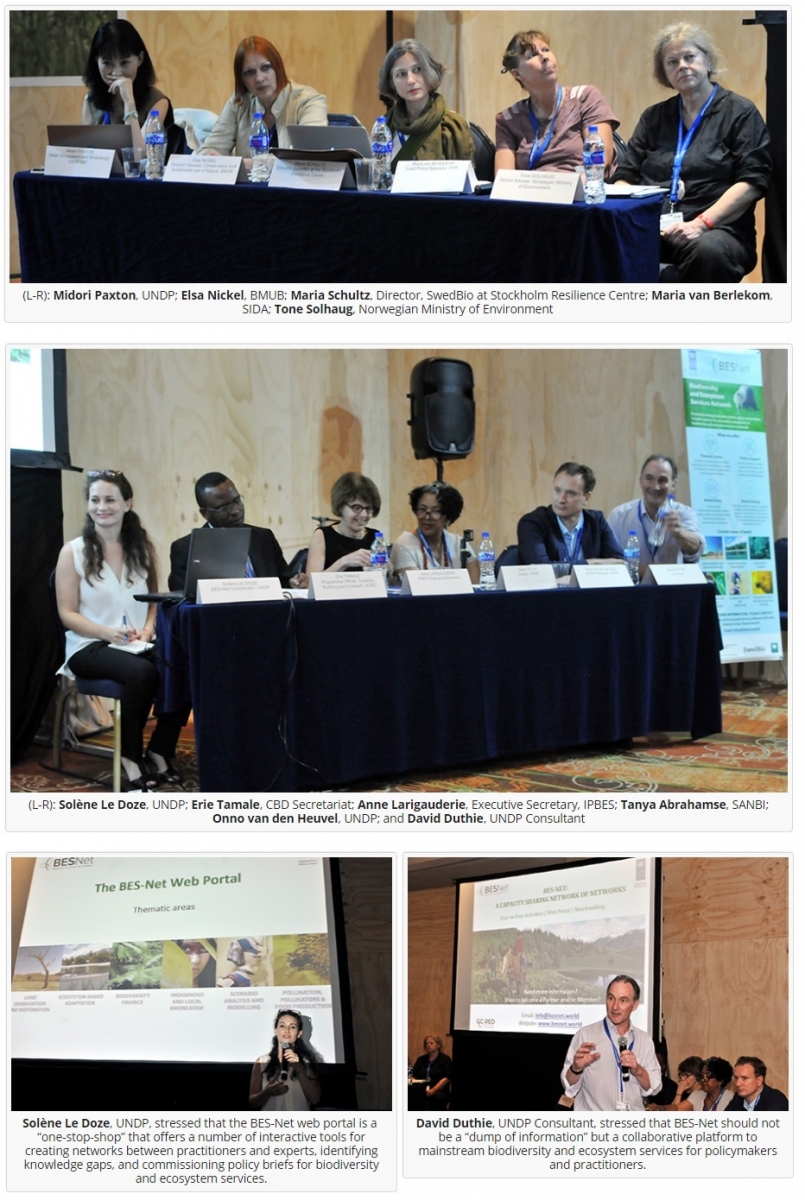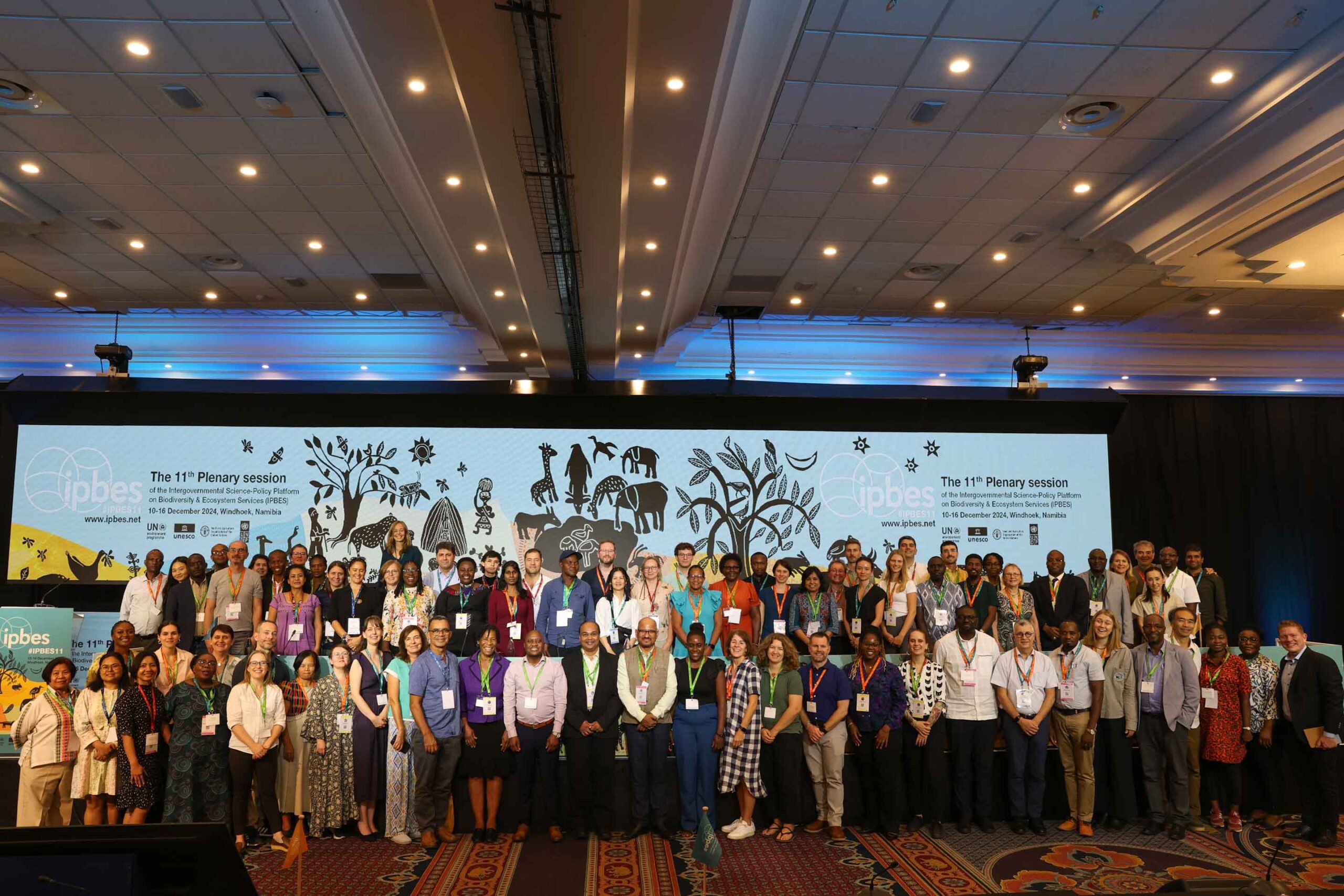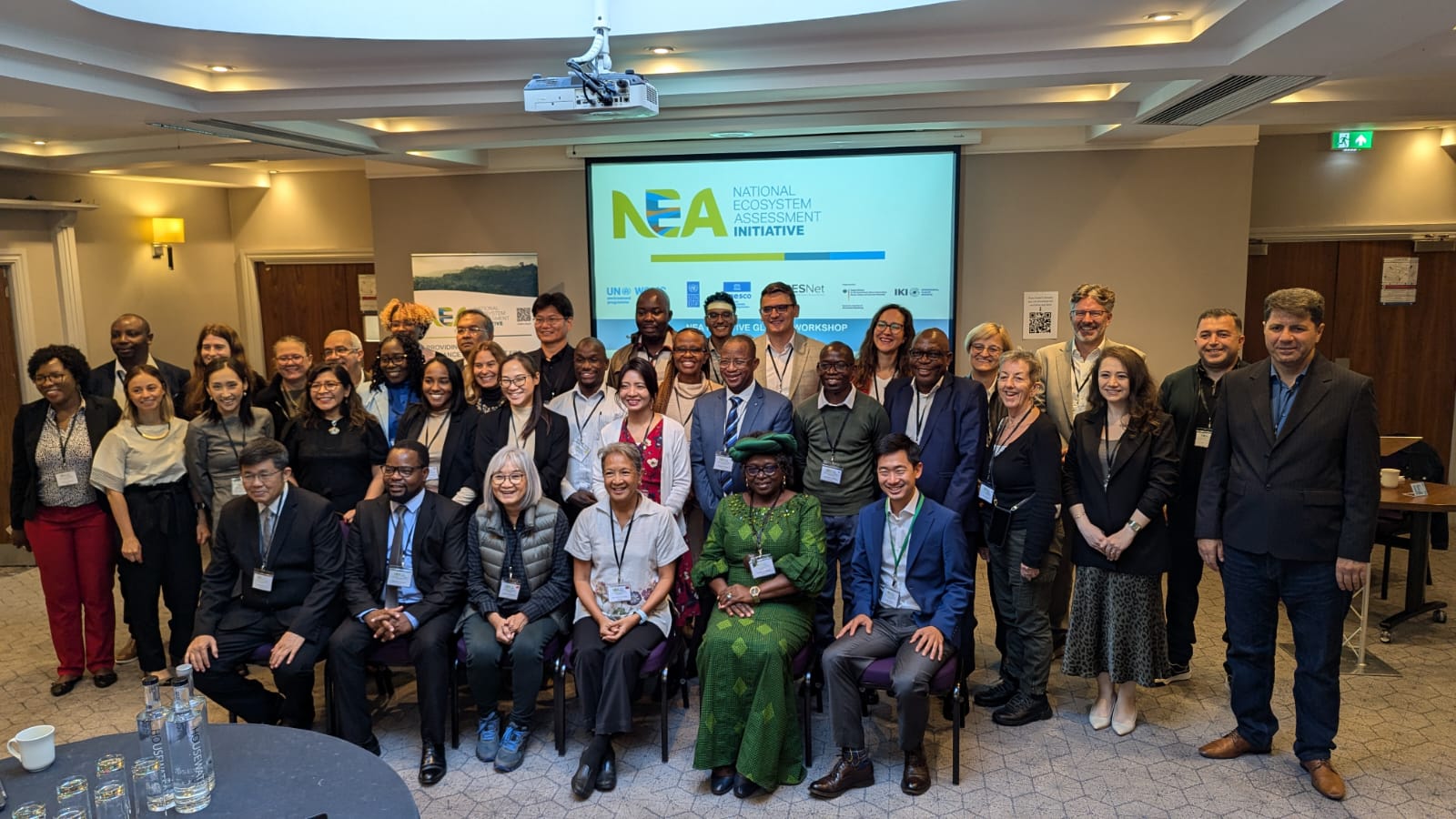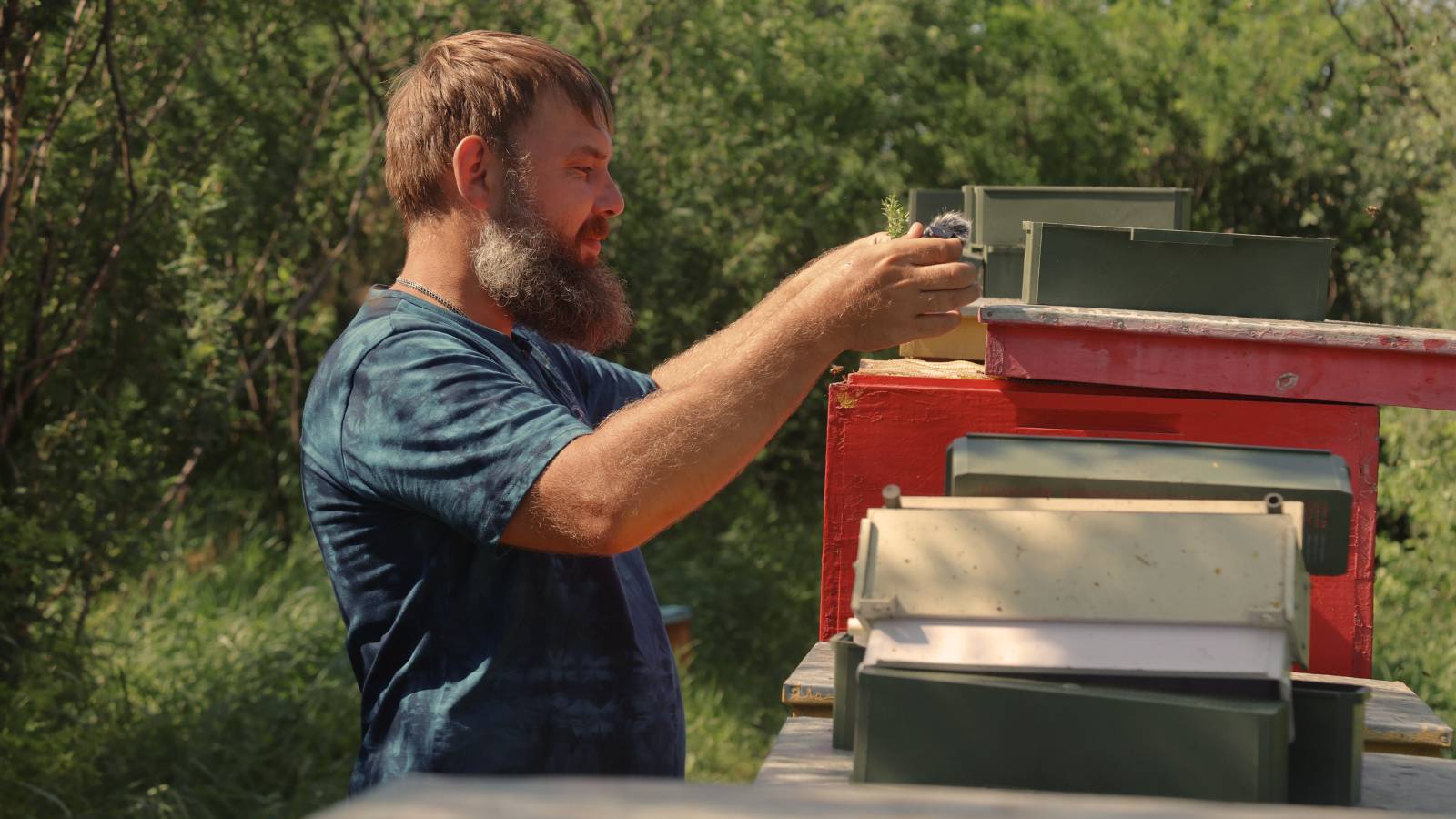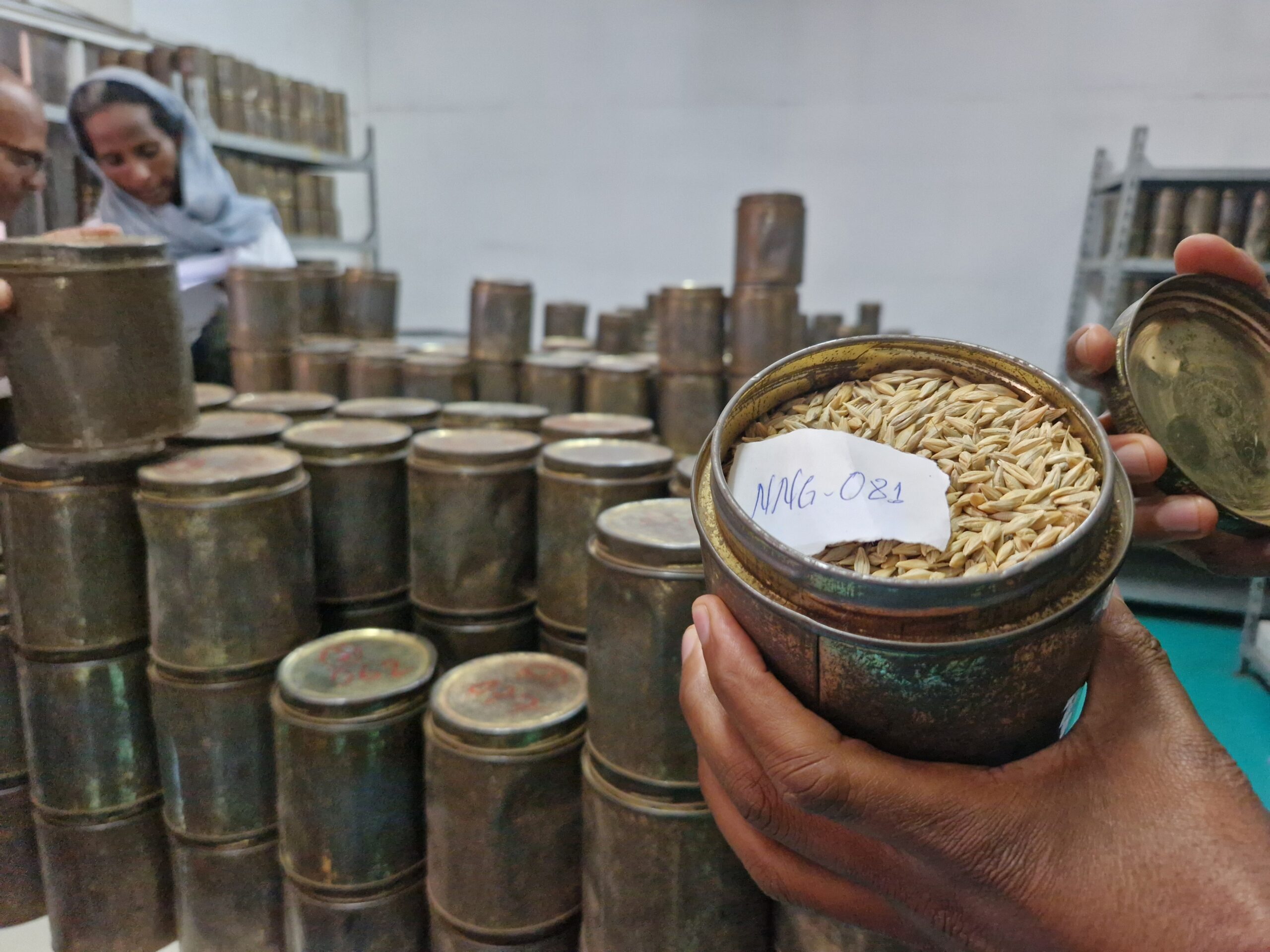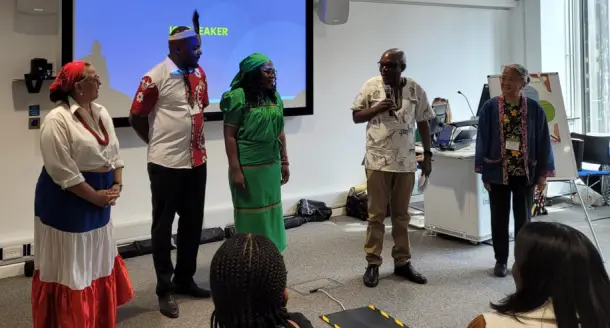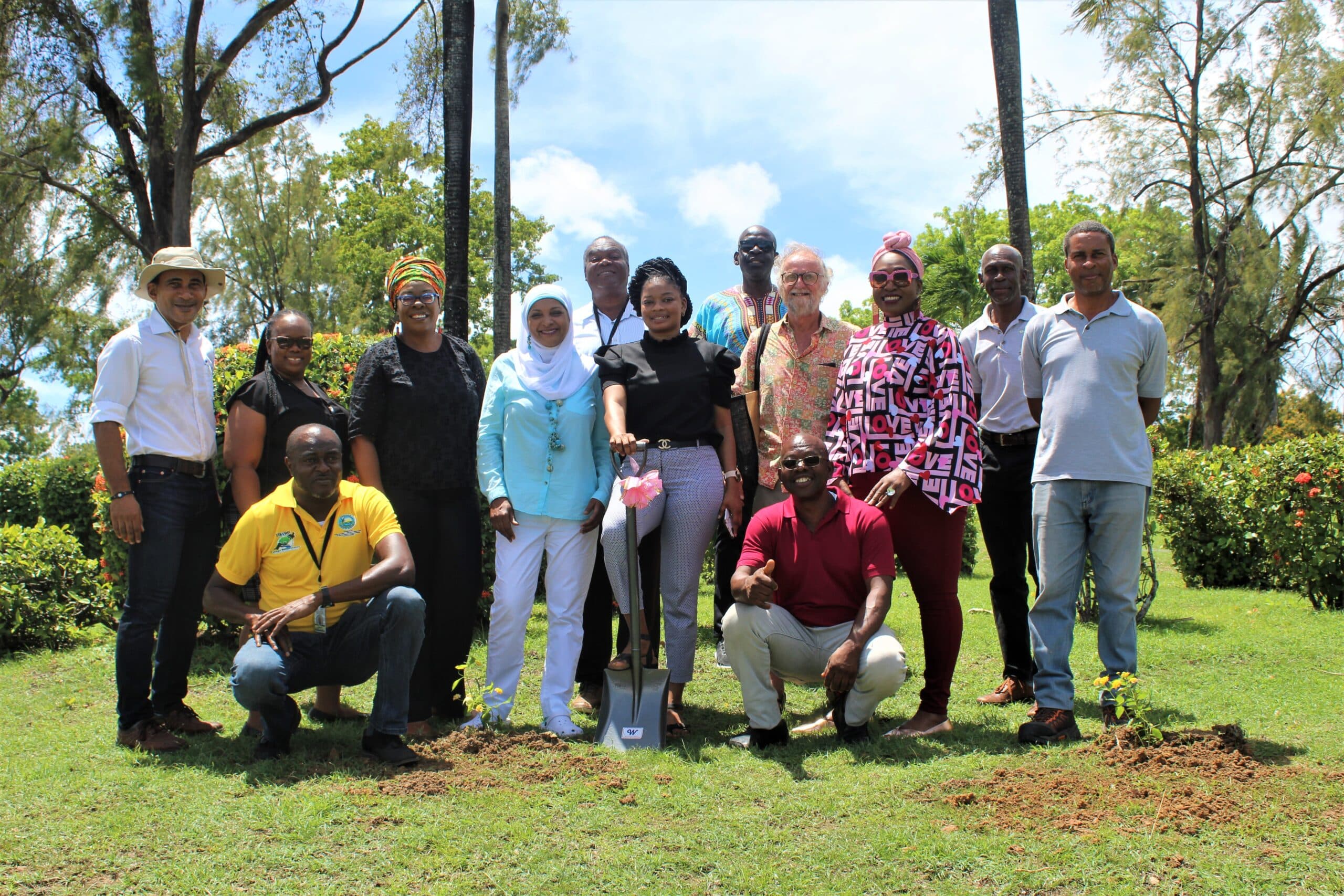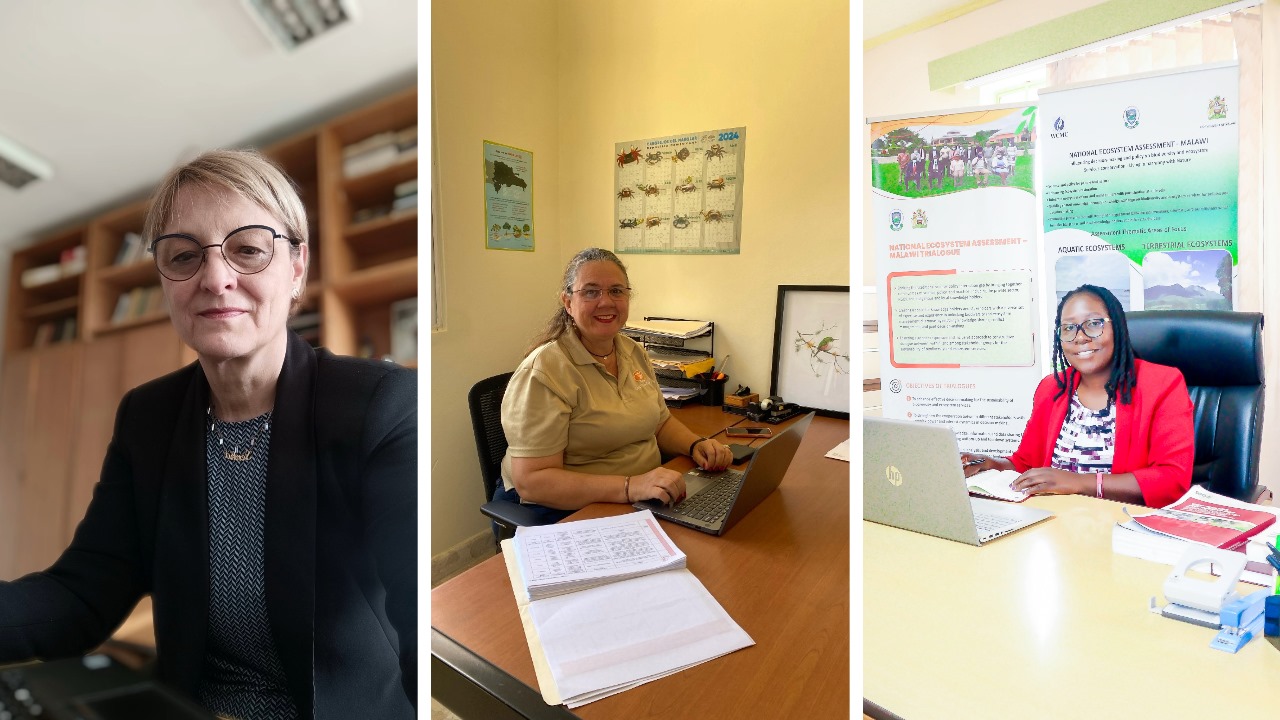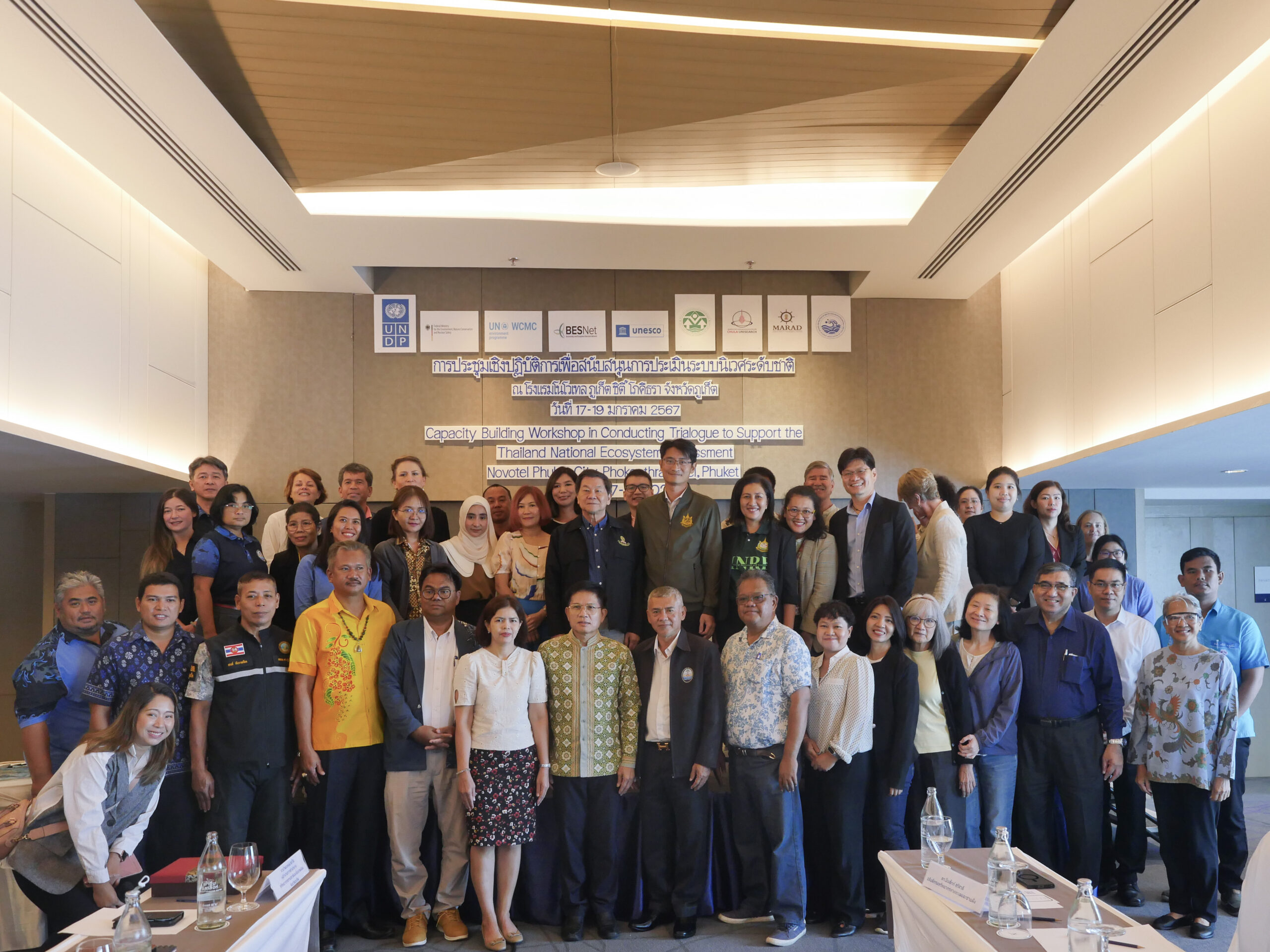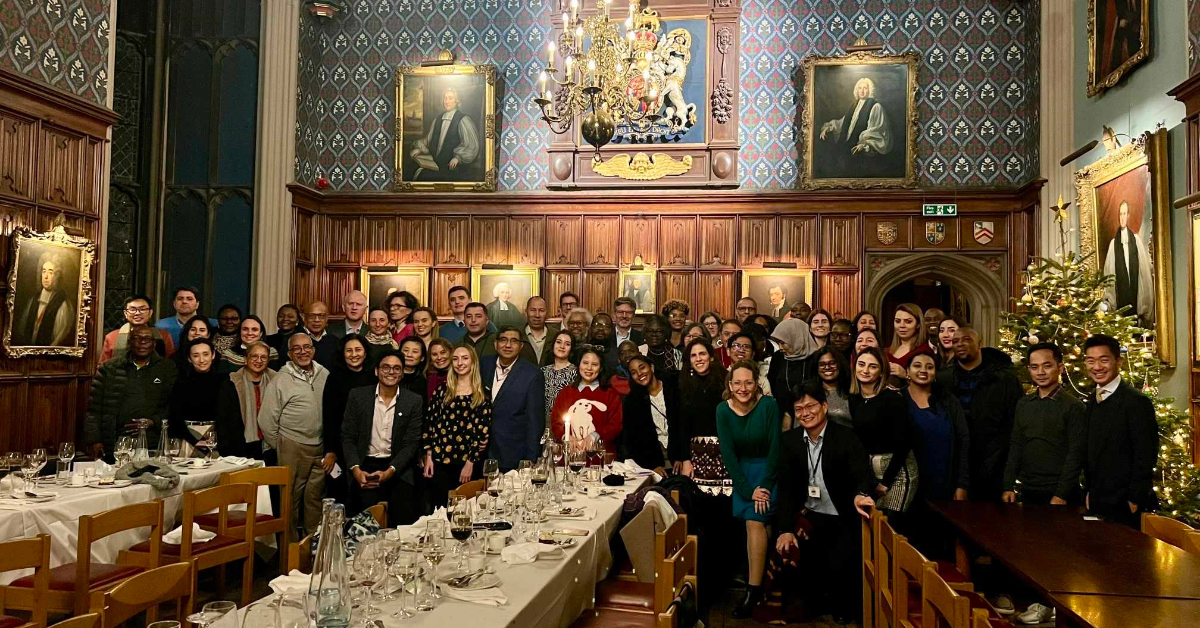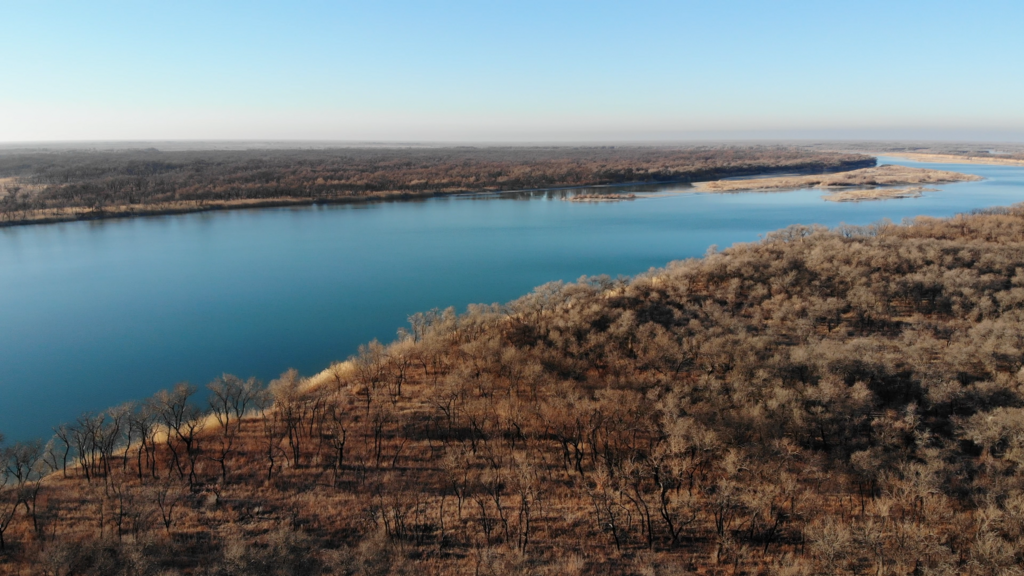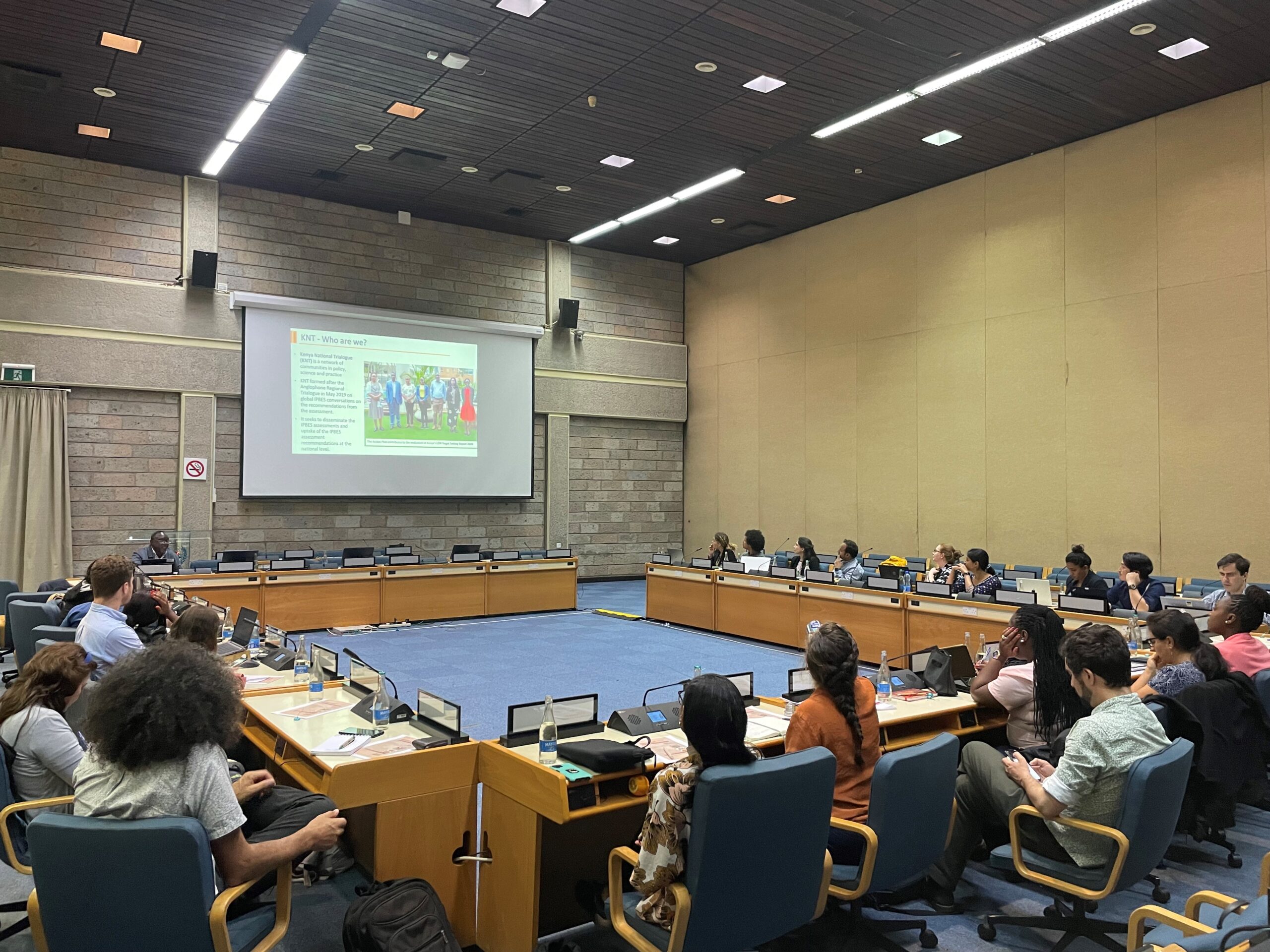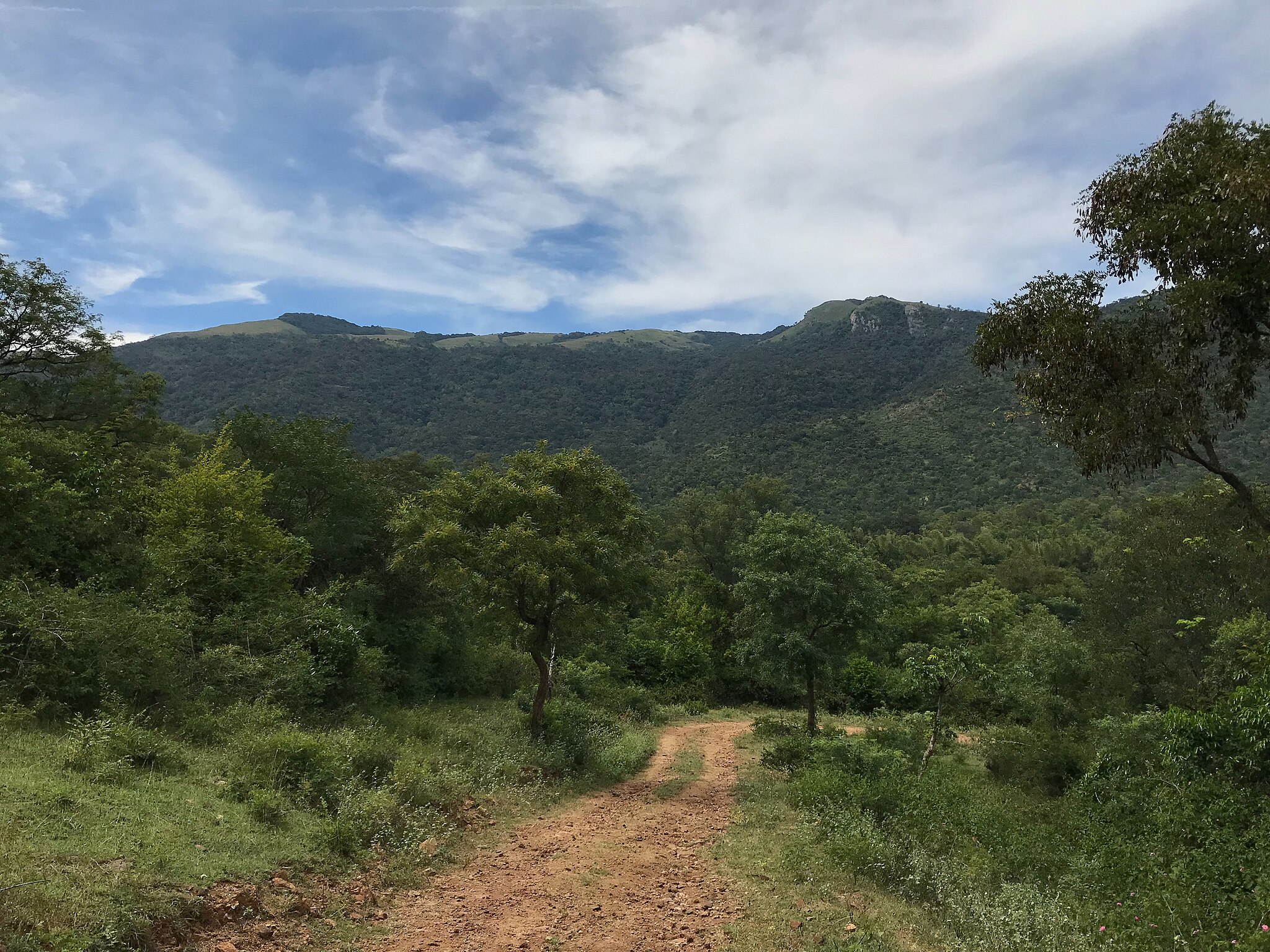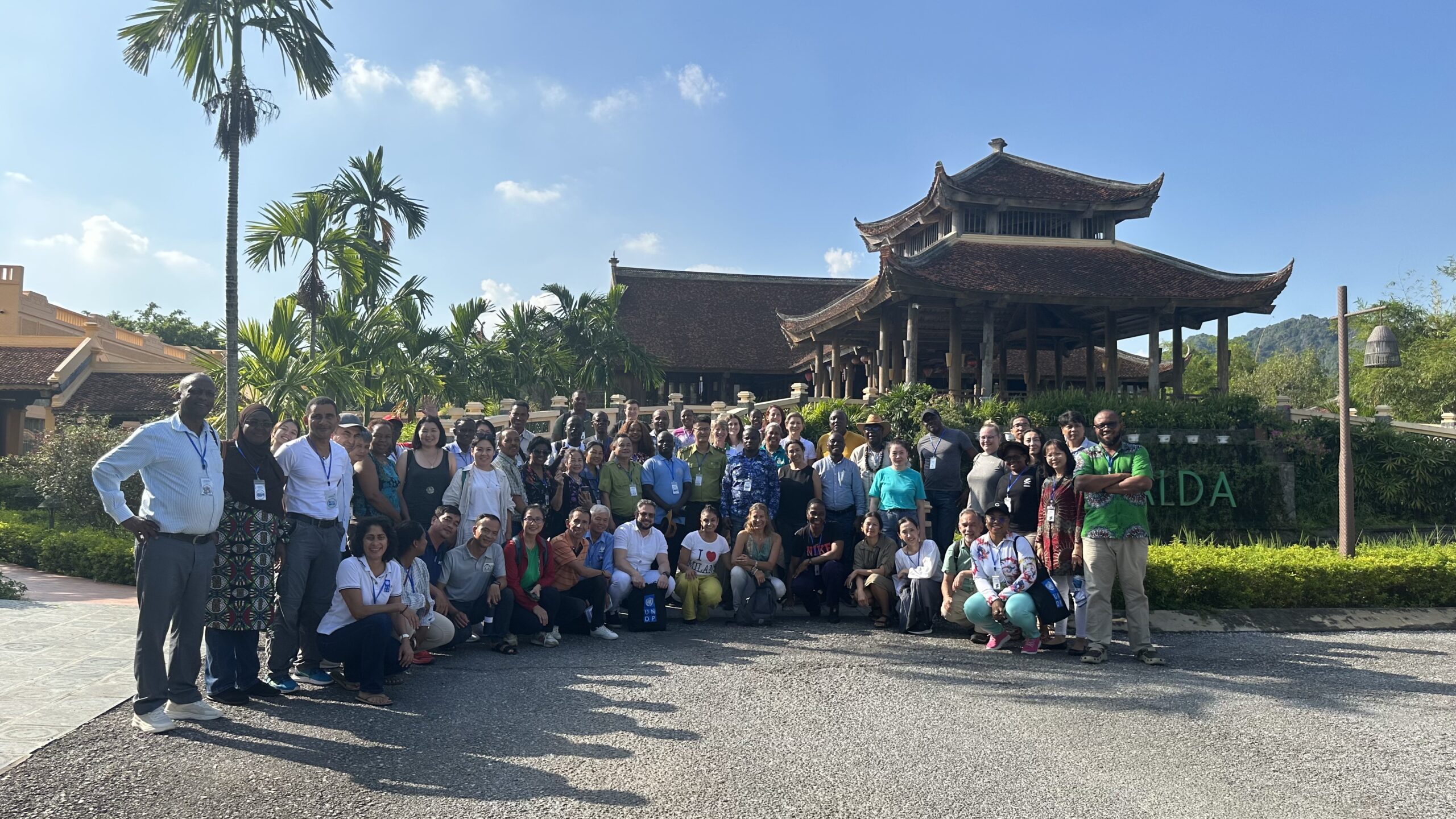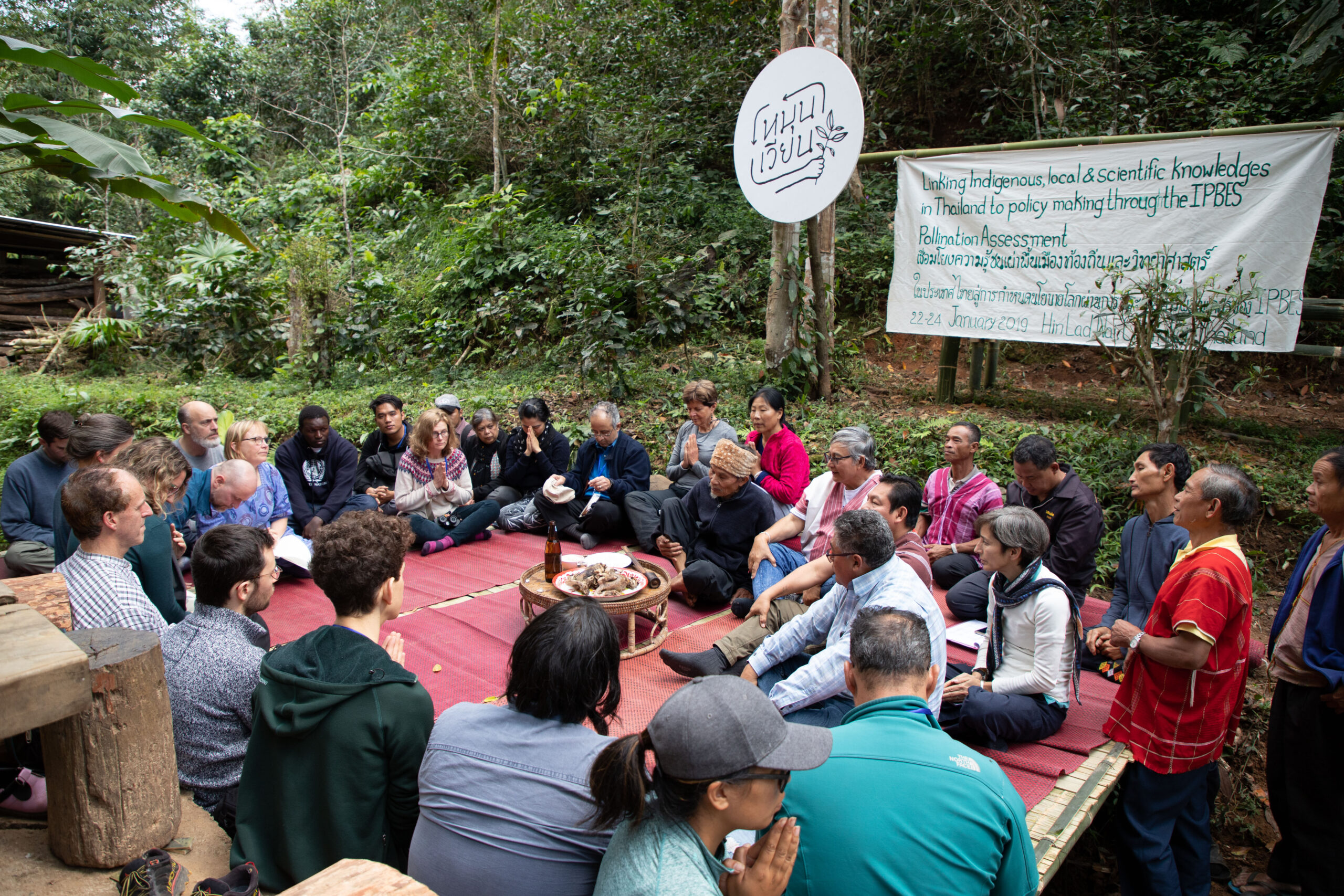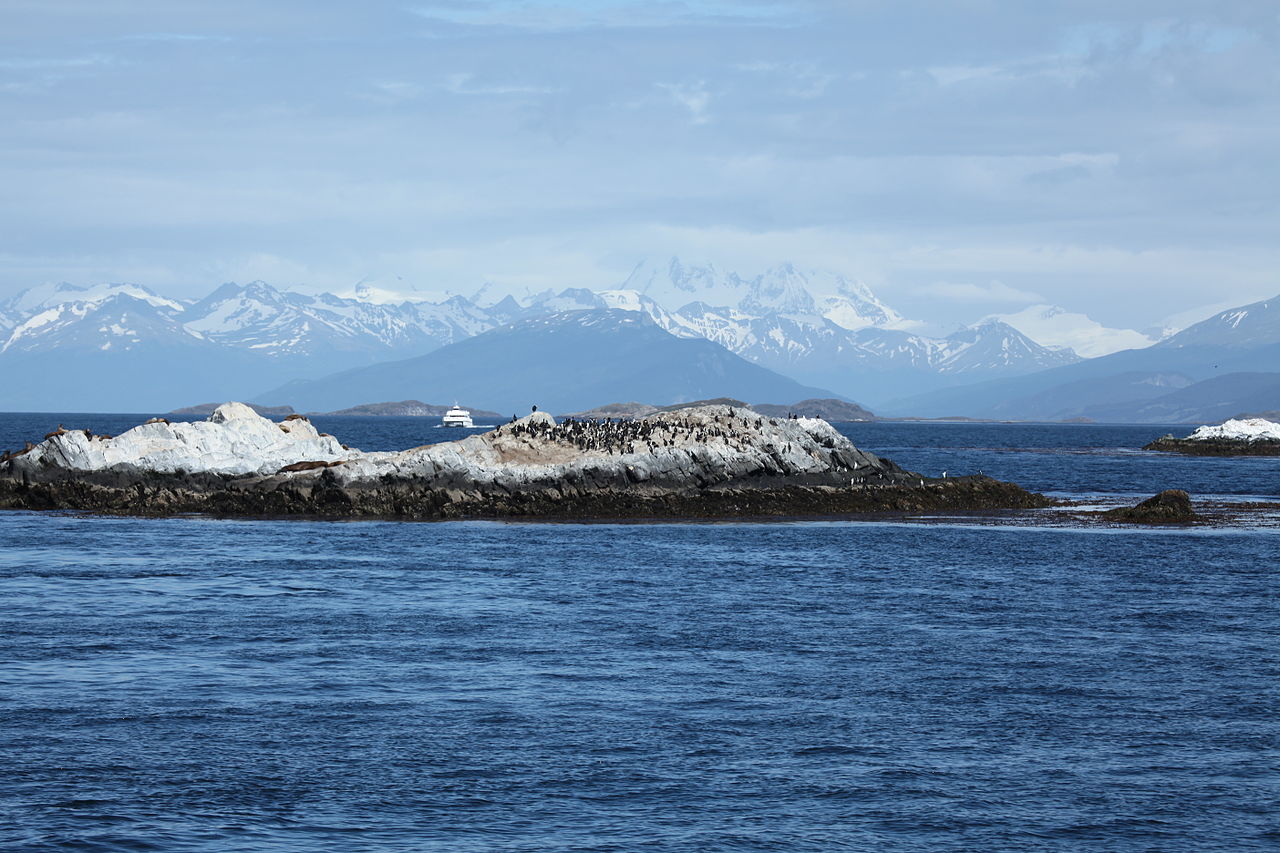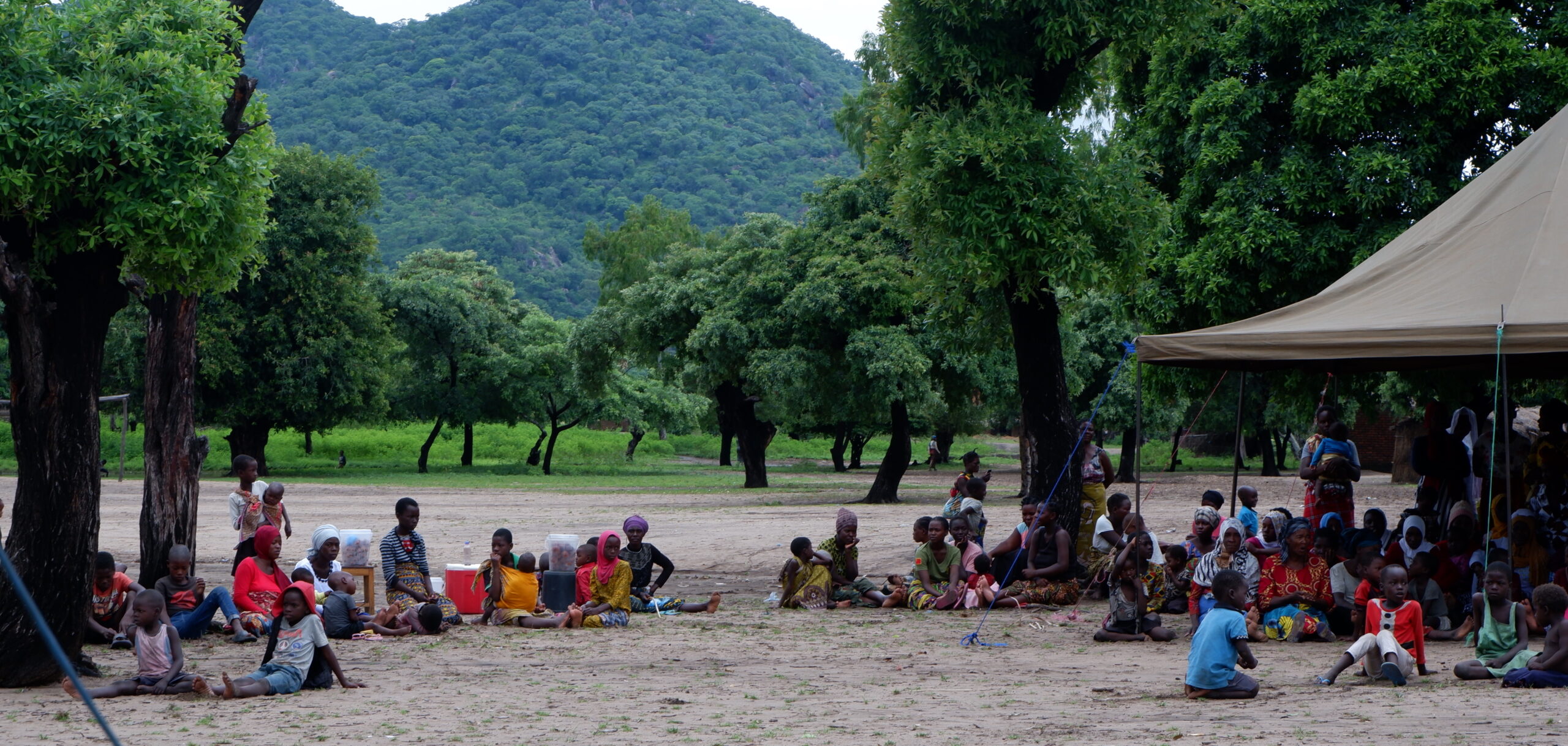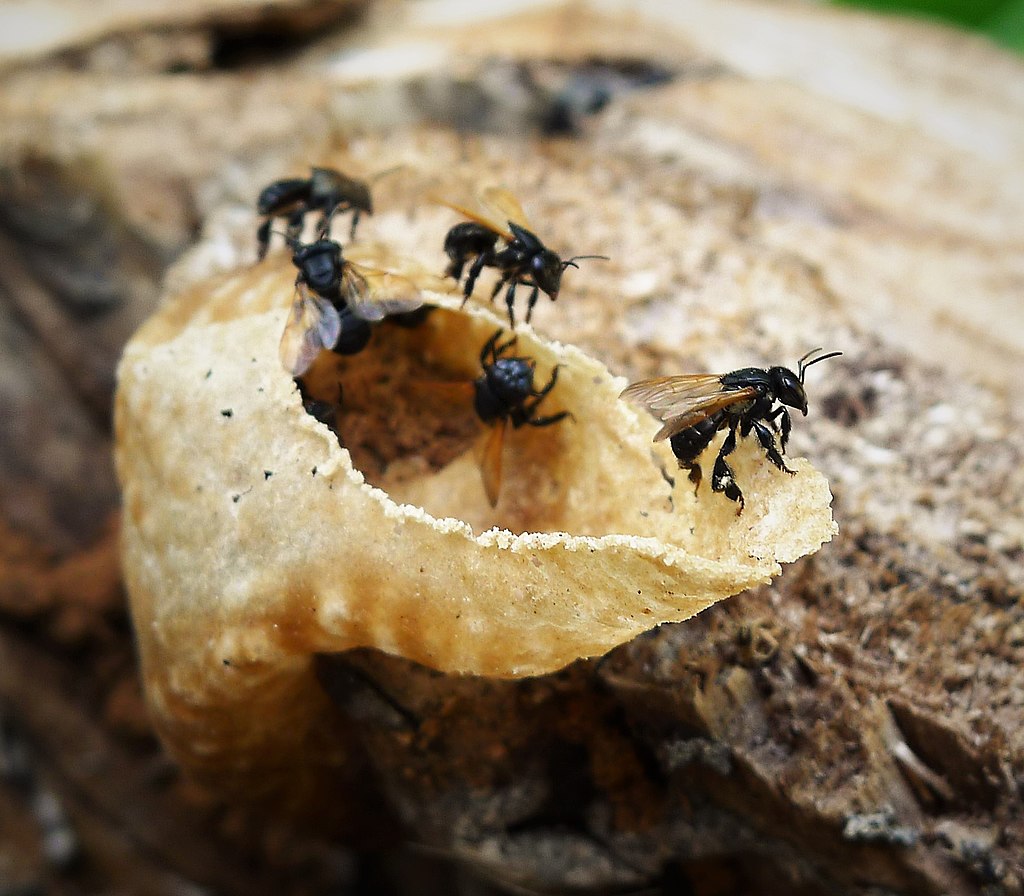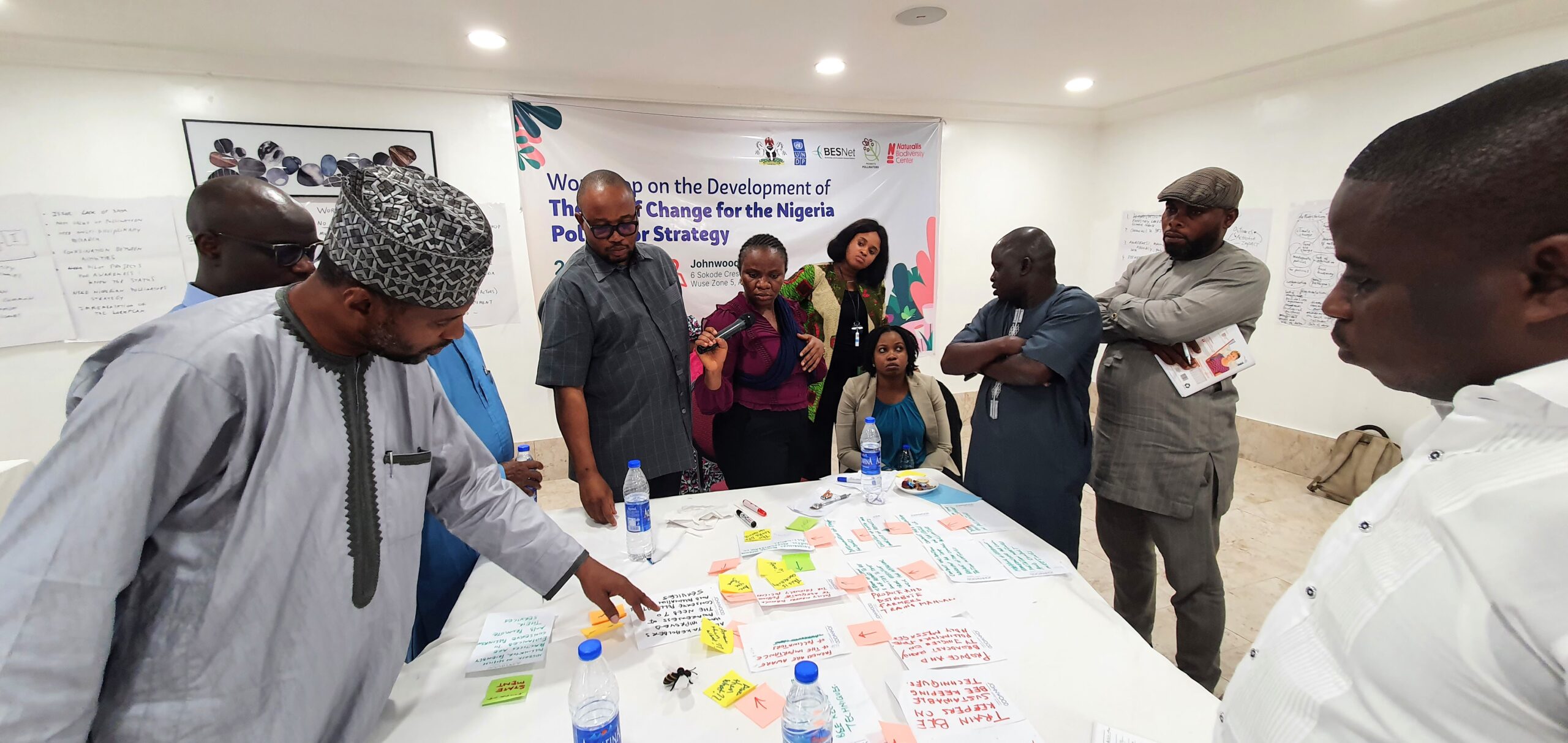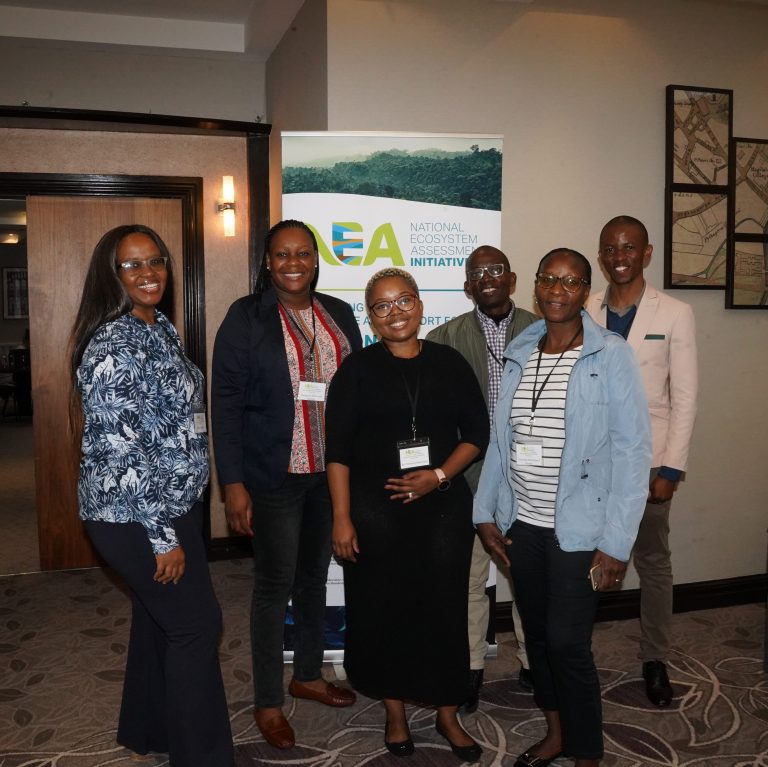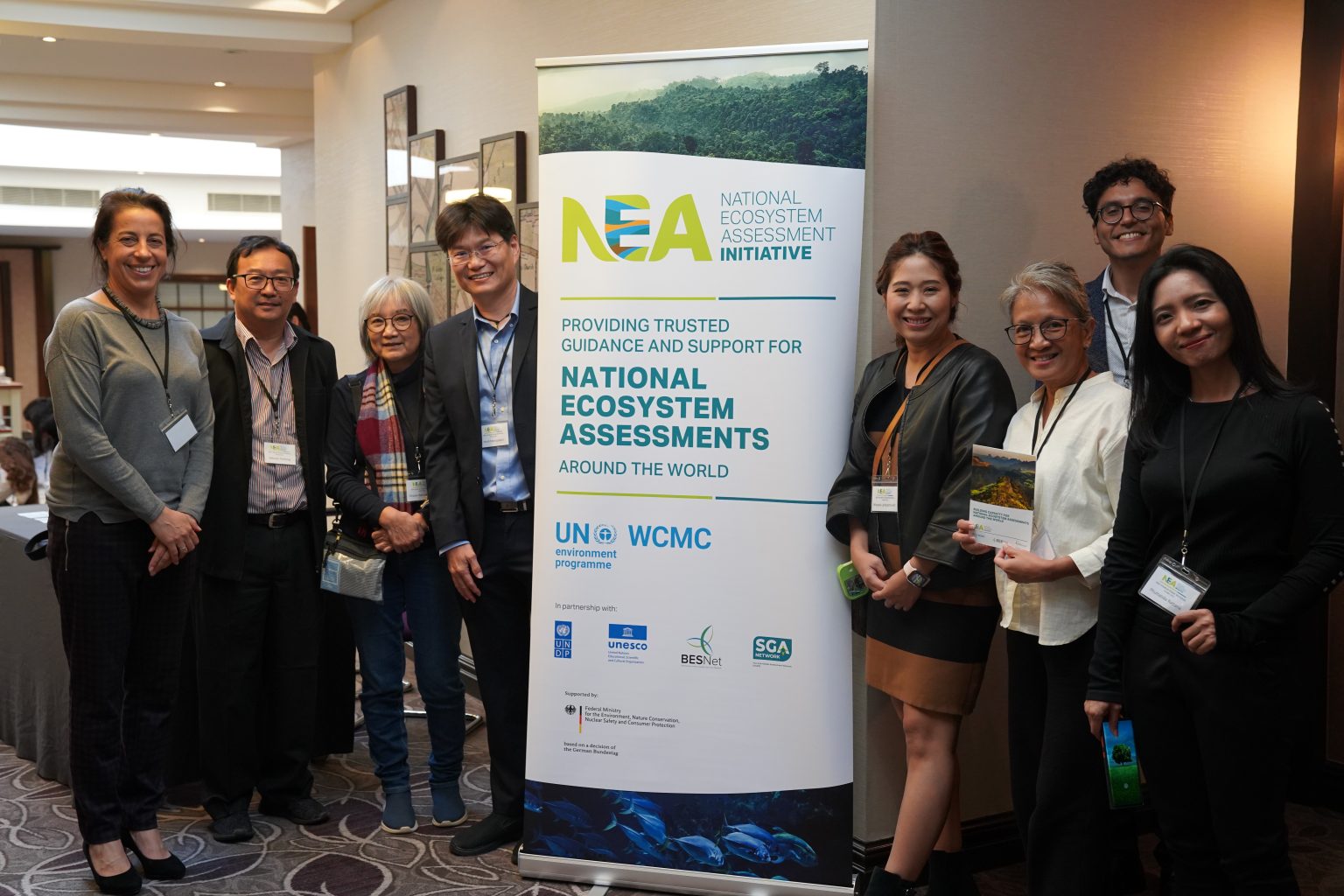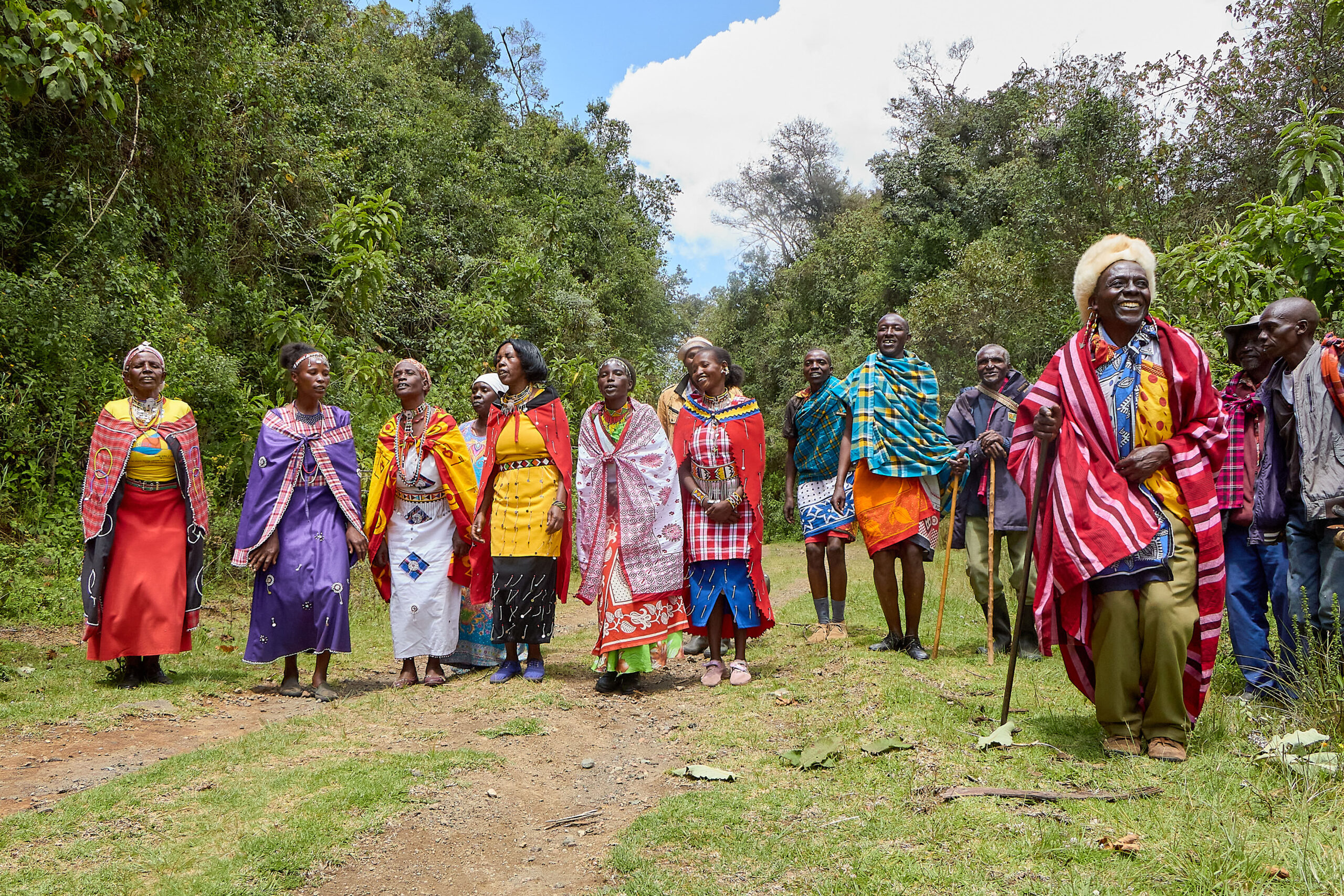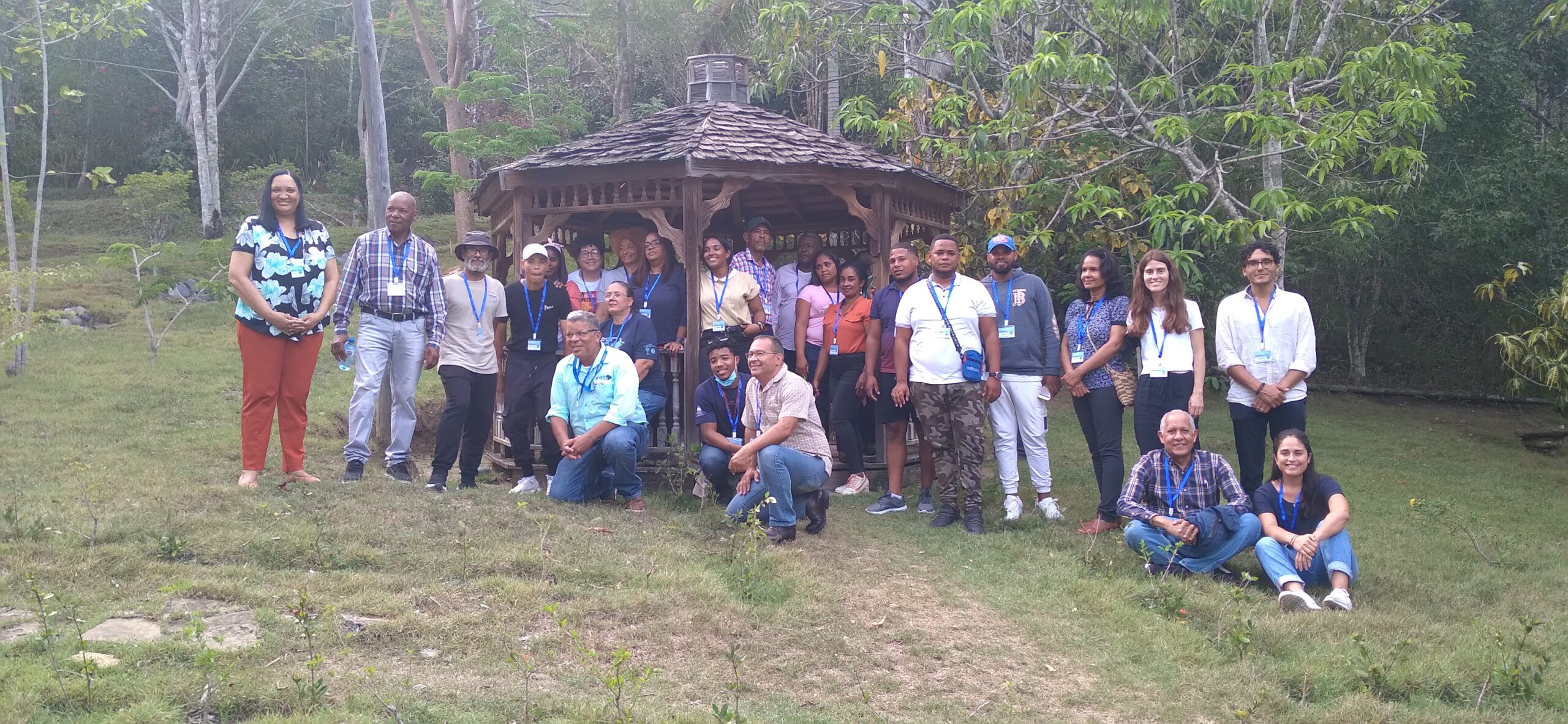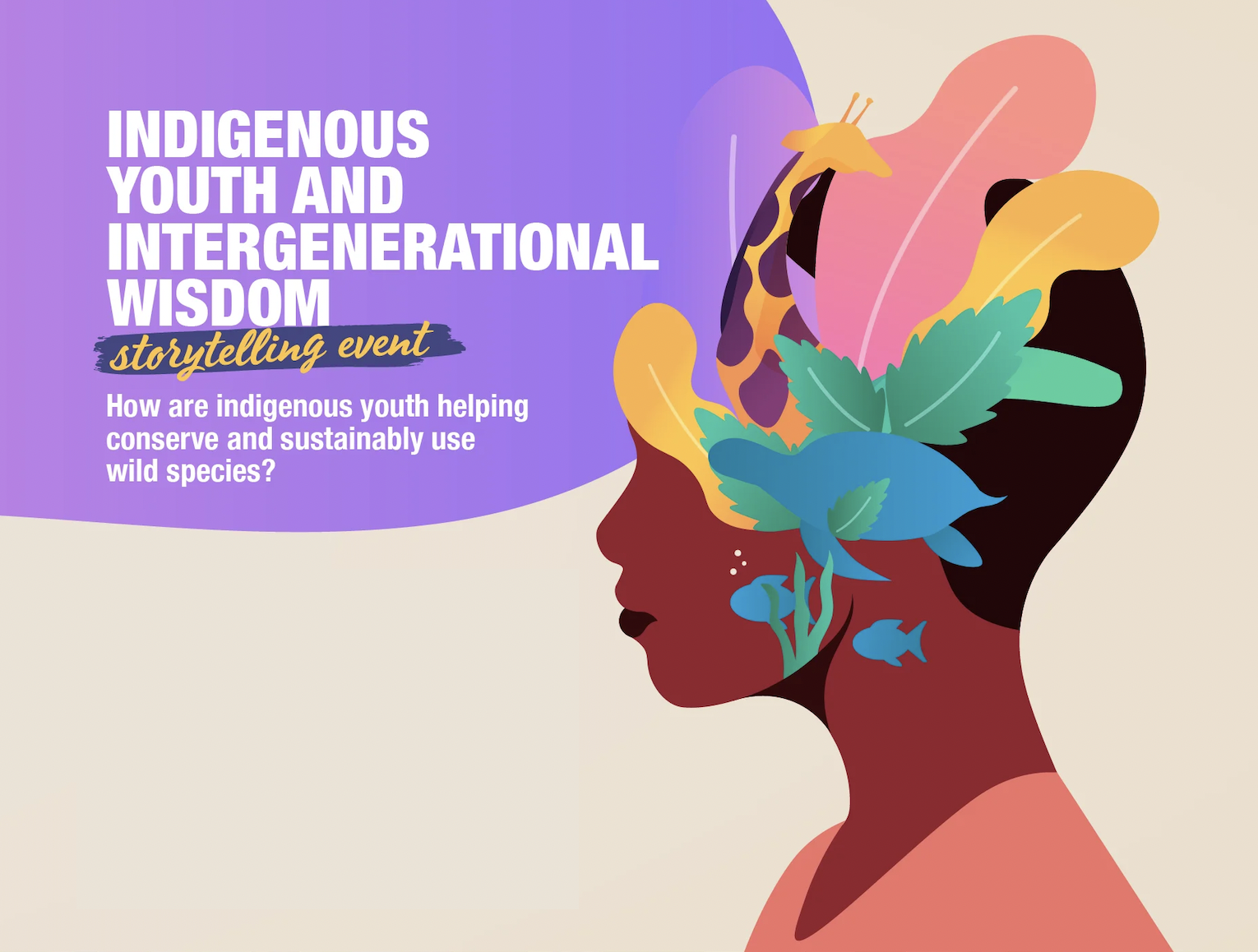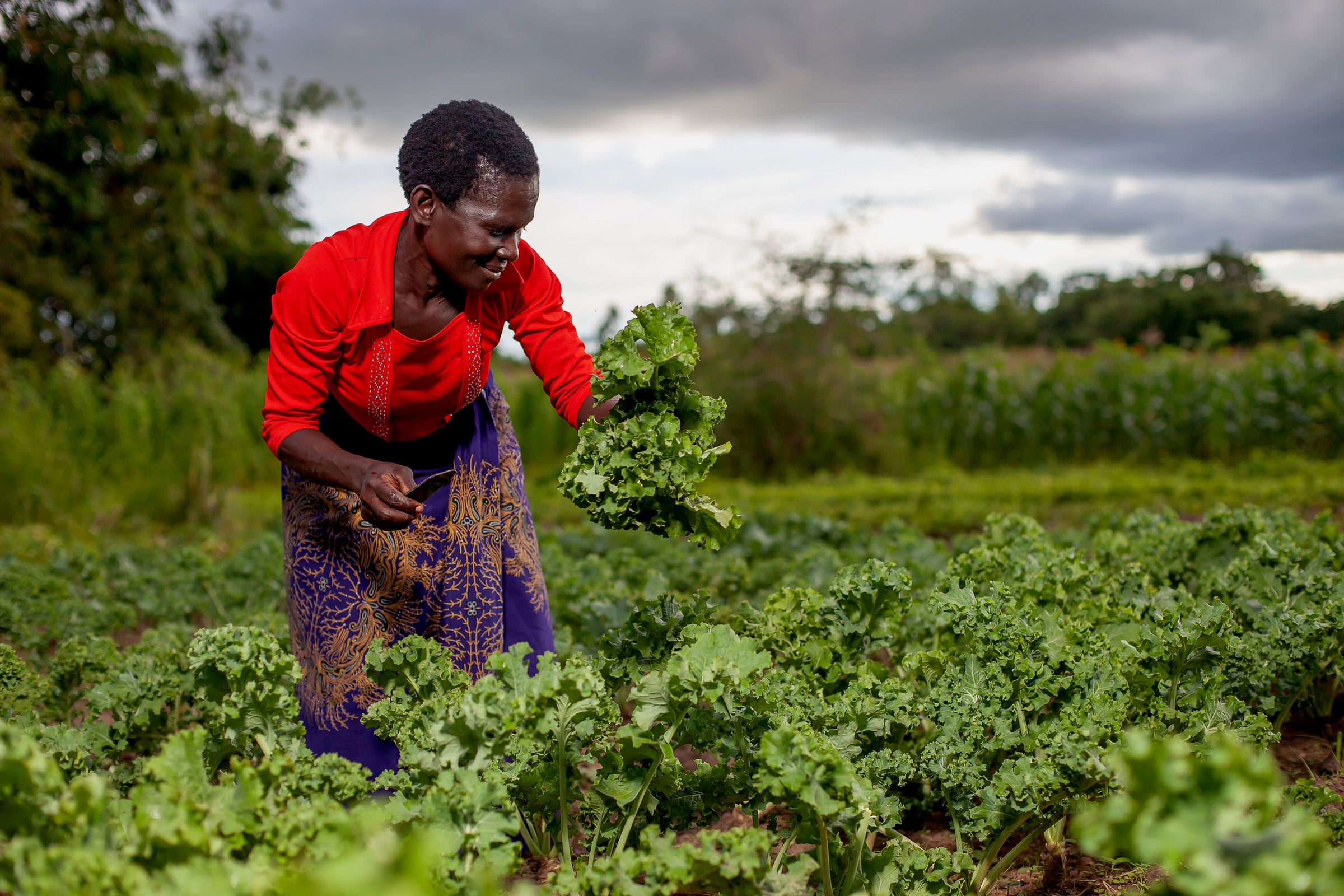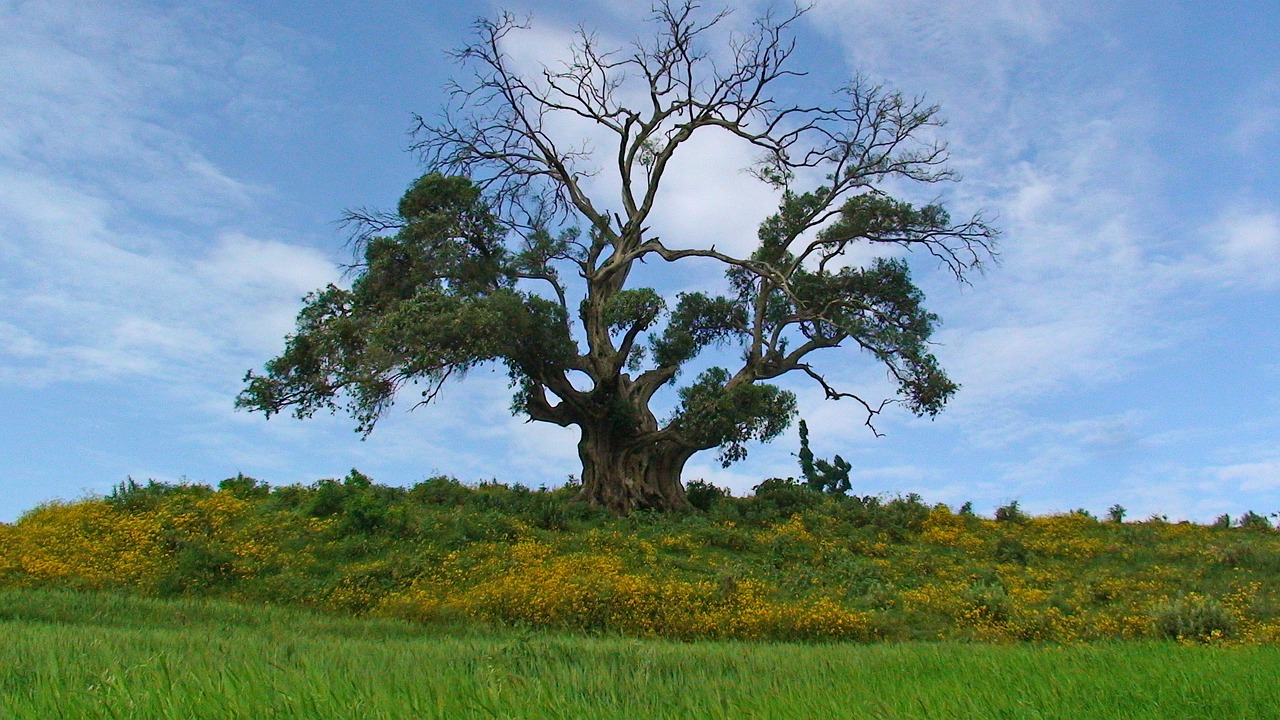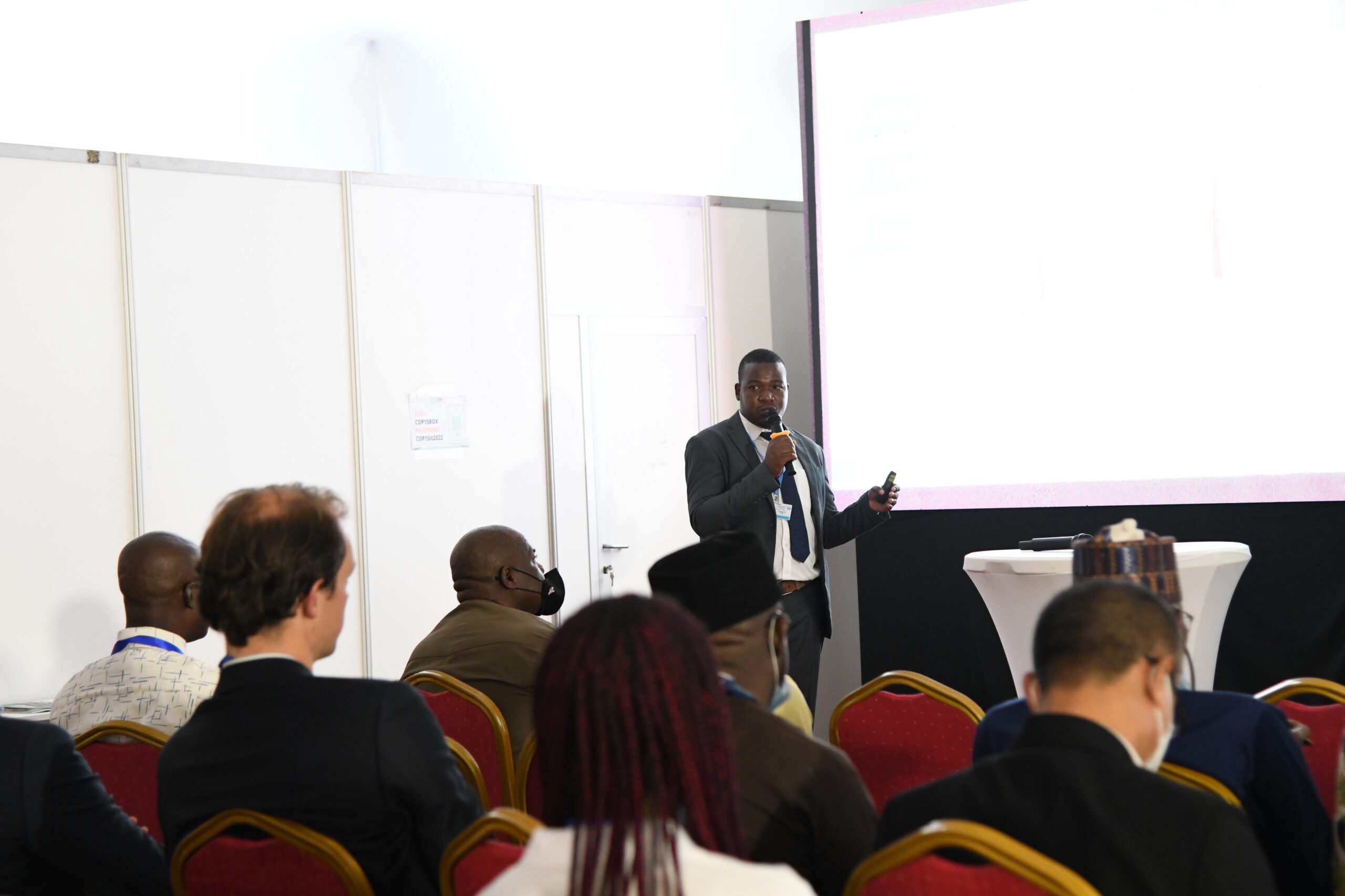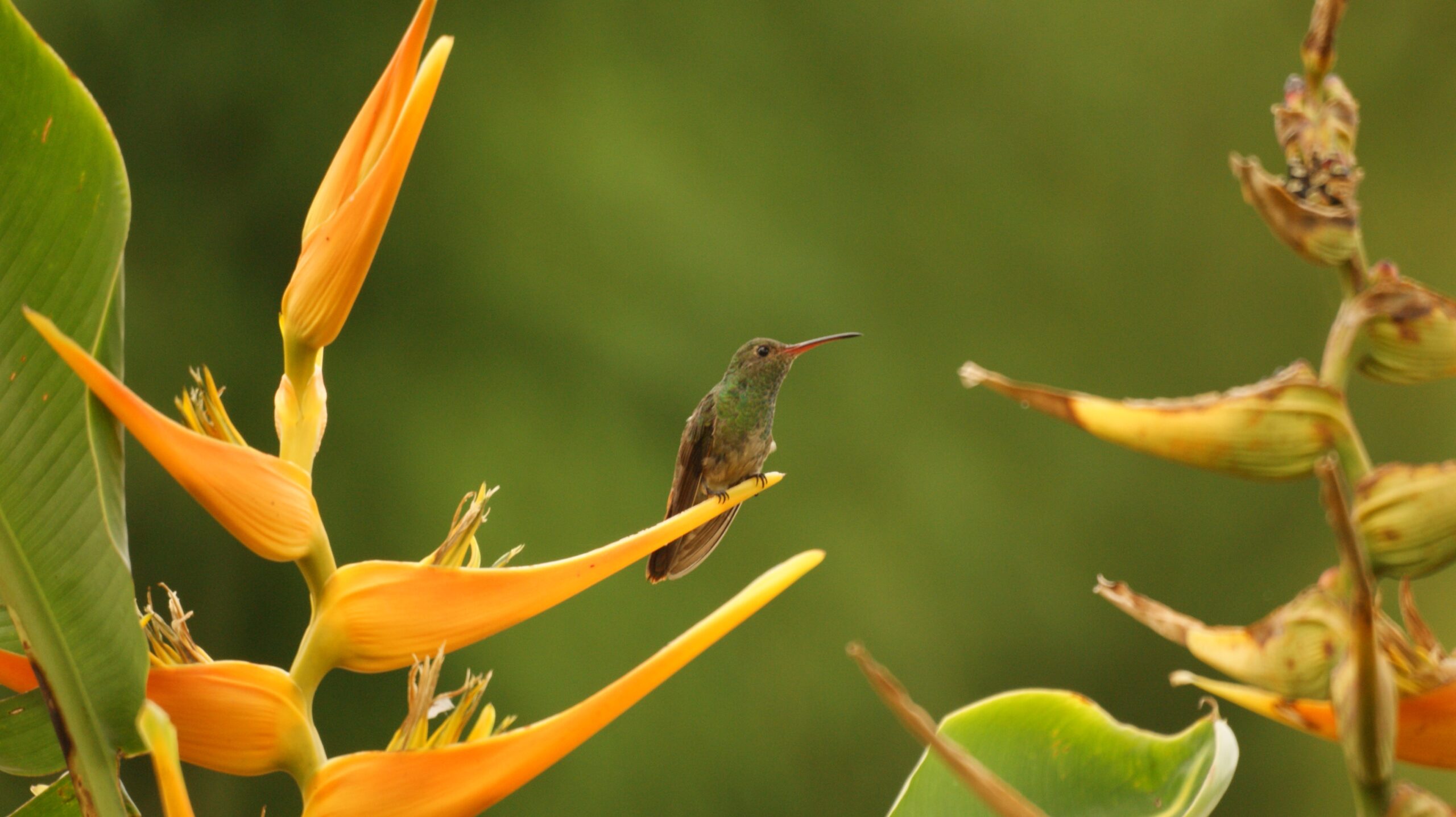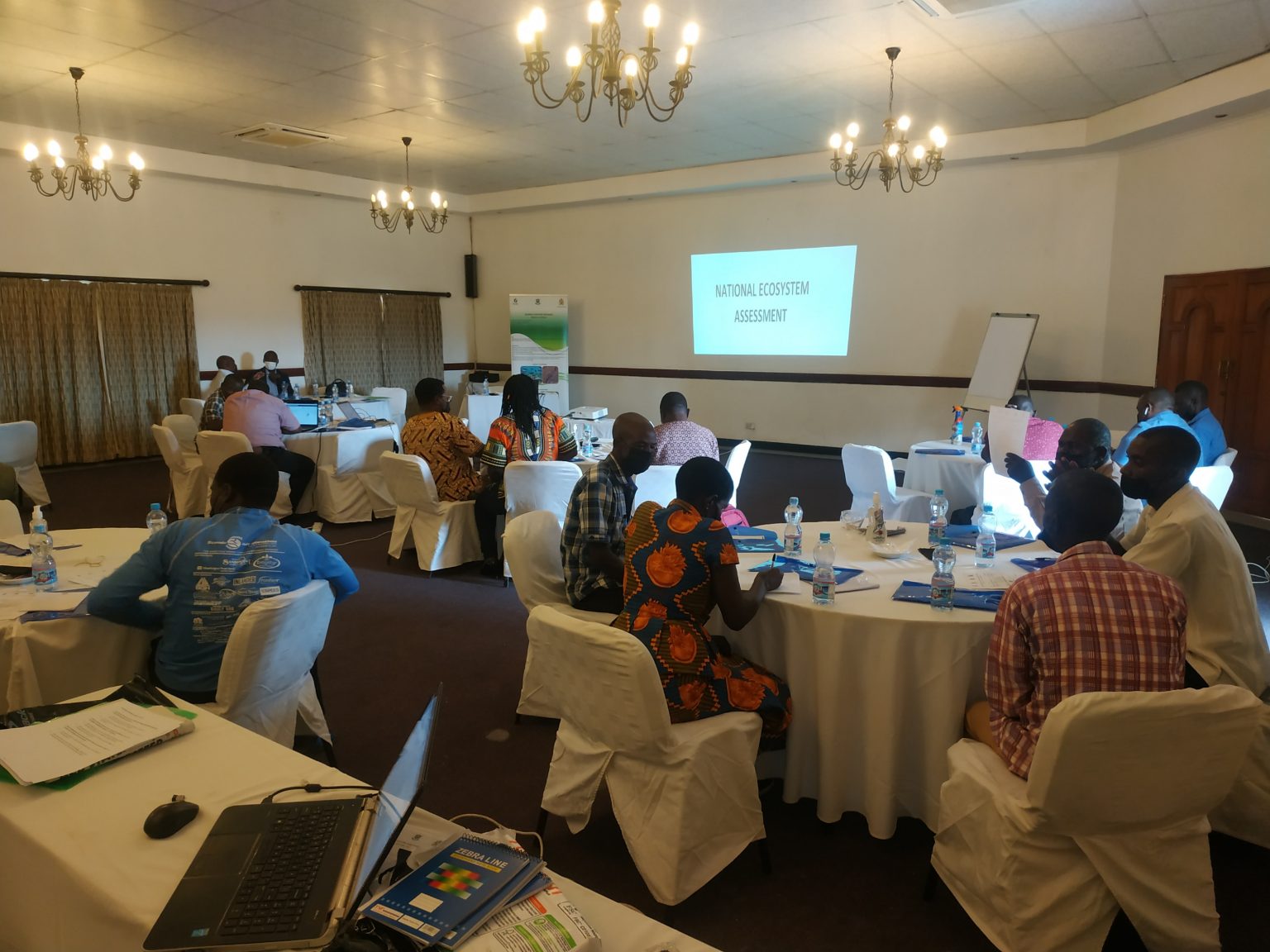Five Key Insights from the IPBES10 Panel Discussion on the Uptake and Impact of Products
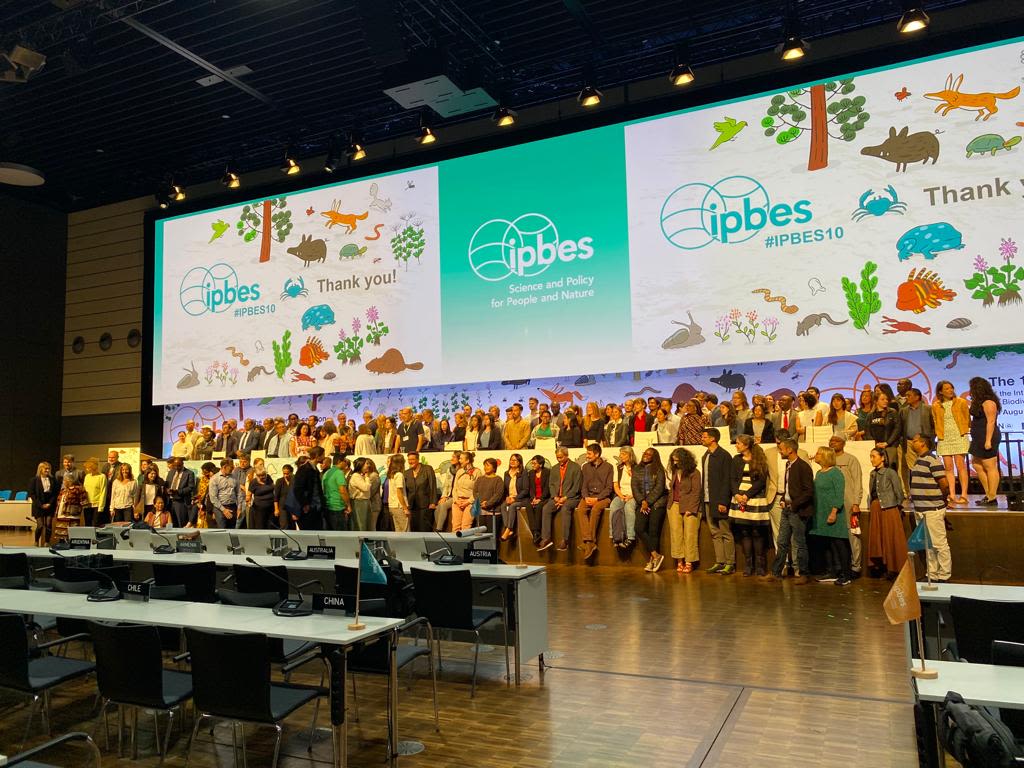
Photo courtesy of the BES-Net team
Photo courtesy of the BES-Net team
In the lead-up to the tenth session of the Plenary of the Intergovernmental Science-Policy Platform on Biodiversity and Ecosystem Services (IPBES10), a wide range of interested organizations from around the globe gathered on 27 August 2023 for Stakeholder Day – a vibrant forum that set the stage for a week of enlightening discussions.
Anne Larigauderie, the Executive Secretary of IPBES, warmly welcomed attendees, underscoring the forum's significance. She pointed out the rising global focus on biodiversity – a sentiment mirrored by events such as COP15.
A panel dedicated to the uptake and impact of IPBES assessments and tools was a highlight of dialogue during this day.
Representatives from two of the BES-Net-supported countries joined the session to share their experiences and lessons derived from the application of the IPBES products: Dr. Lena Dempewolfe and Dr. Lilian Chimphepo.
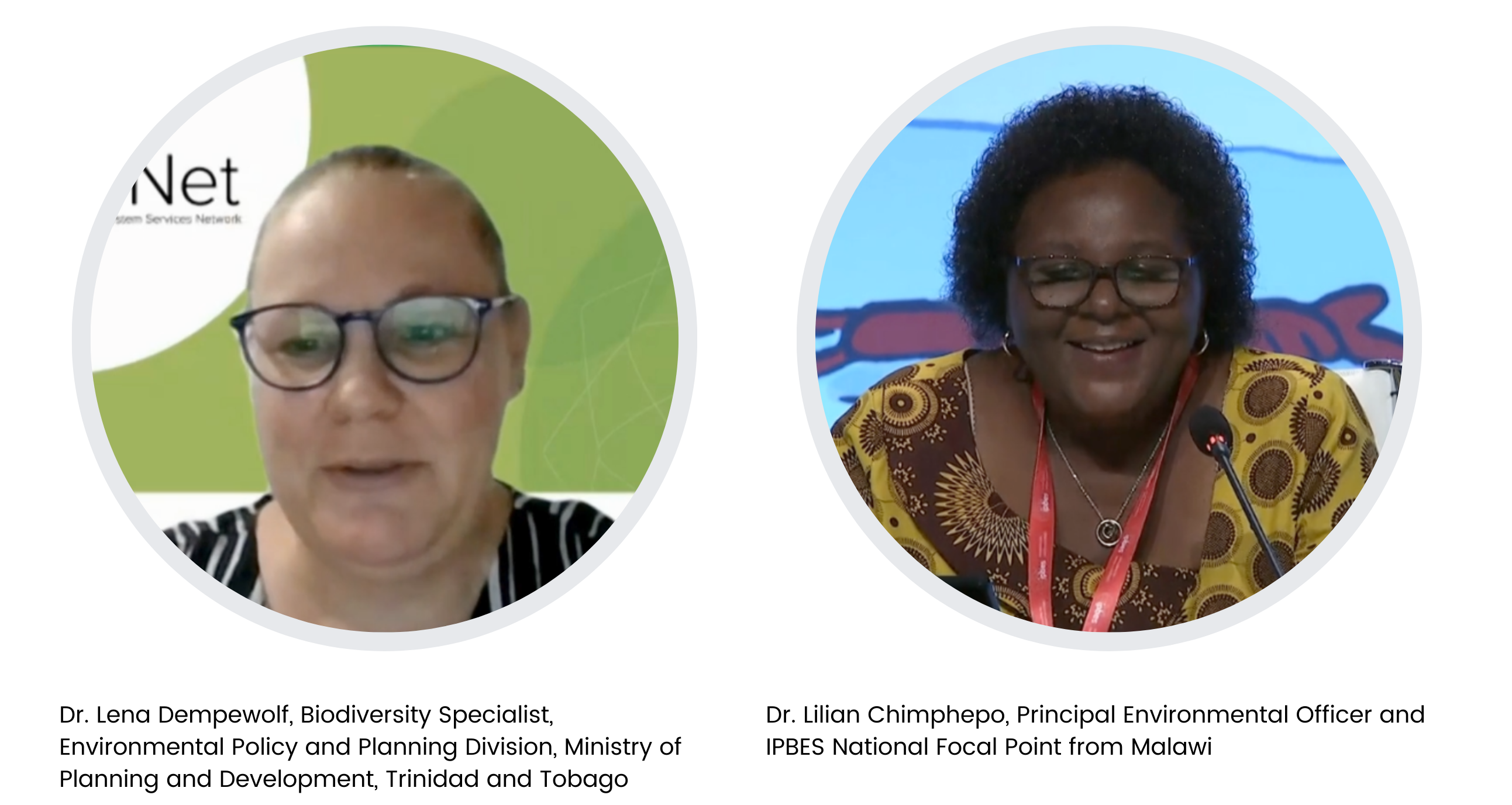
They were joined in the presentations and discussions by Ms. Eva Mayerhofer and Ms. Adina Arth.
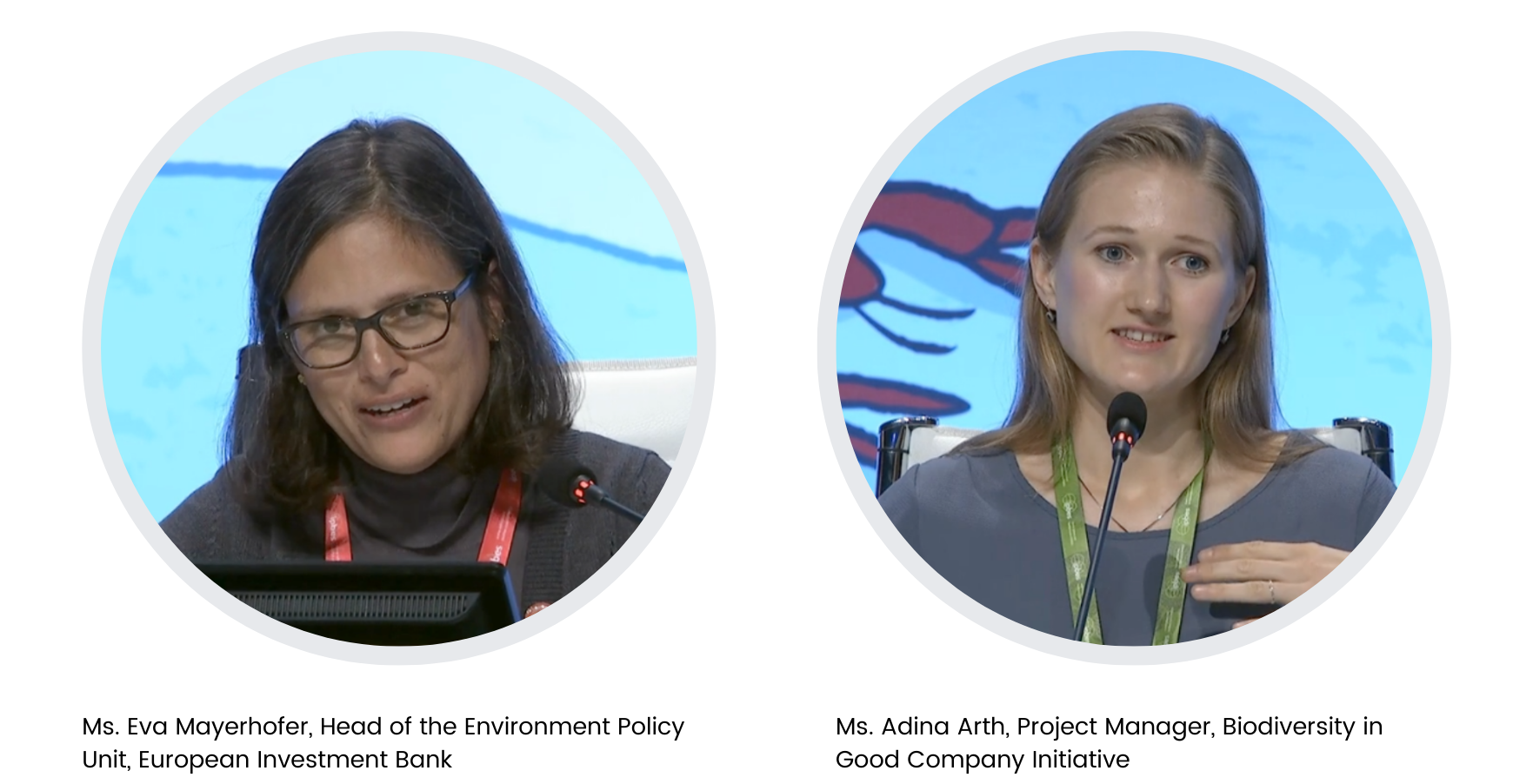
Five foundational observations emerged as pillars of the collective wisdom shared during the panel discussion.
Accessible knowledge: A game-changer in nature conservation
When knowledge is actionable, it transforms into a potent tool for both local and global biodiversity endeavours. In her presentation, Dr. Dempewolf emphasized the need for comprehensive and accessible data spotlighted the IPBES Pollinators Assessment. Since its release in 2018, the assessment has been instrumental in shaping Trinidad and Tobago's biodiversity strategies.
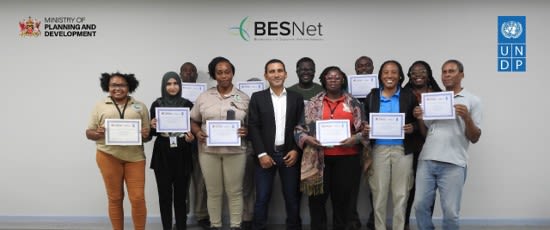
Group photo from one of BES-Net's pollination initiatives in Trinidad and Tobago | Photo courtesy of the Ministry of Planning and Development - Trinidad and Tobago
Group photo from one of BES-Net's pollination initiatives in Trinidad and Tobago | Photo courtesy of the Ministry of Planning and Development - Trinidad and Tobago
The major challenge that we're facing on the island with respect to pollinators and pollination is data deficiency: we don't know what we have and what we don't have.
Unity in diversity: The power of collaboration in biodiversity initiatives
Dr. Chimphepo shed light on Malawi’s national ecosystem assessment – a collective effort to gather available information, understand the effectiveness of previous measures and increase knowledge for informed decision-making in the future which draws from the IPBES Guide on the Production of Assessments. This real-world application not only underscores the guide's practical relevance but also captures the collaborative spirit of various stakeholders – from national policymakers and scientists to local knowledge holders and practitioners. From Trinidad and Tobago's school outreach to corporate partnerships with biodiversity groups, it’s clear that when diverse sectors unite, the ripple effect of positive change is exponential.
We have been taking key messages from the IPBES assessment to create awareness, implement the co-management of protected areas and reach out to communities who apply their local knowledge to govern forests.
The financial sector: A critical ally in biodiversity preservation
The financial sector's role in championing environmental change, as informed by IPBES assessments, is becoming increasingly evident. Platforms like the G20 and evolving EU regulations on biodiversity finance highlight this. Ms. Eva Mayerhofer delved into the finance realm's evolving stance on biodiversity.
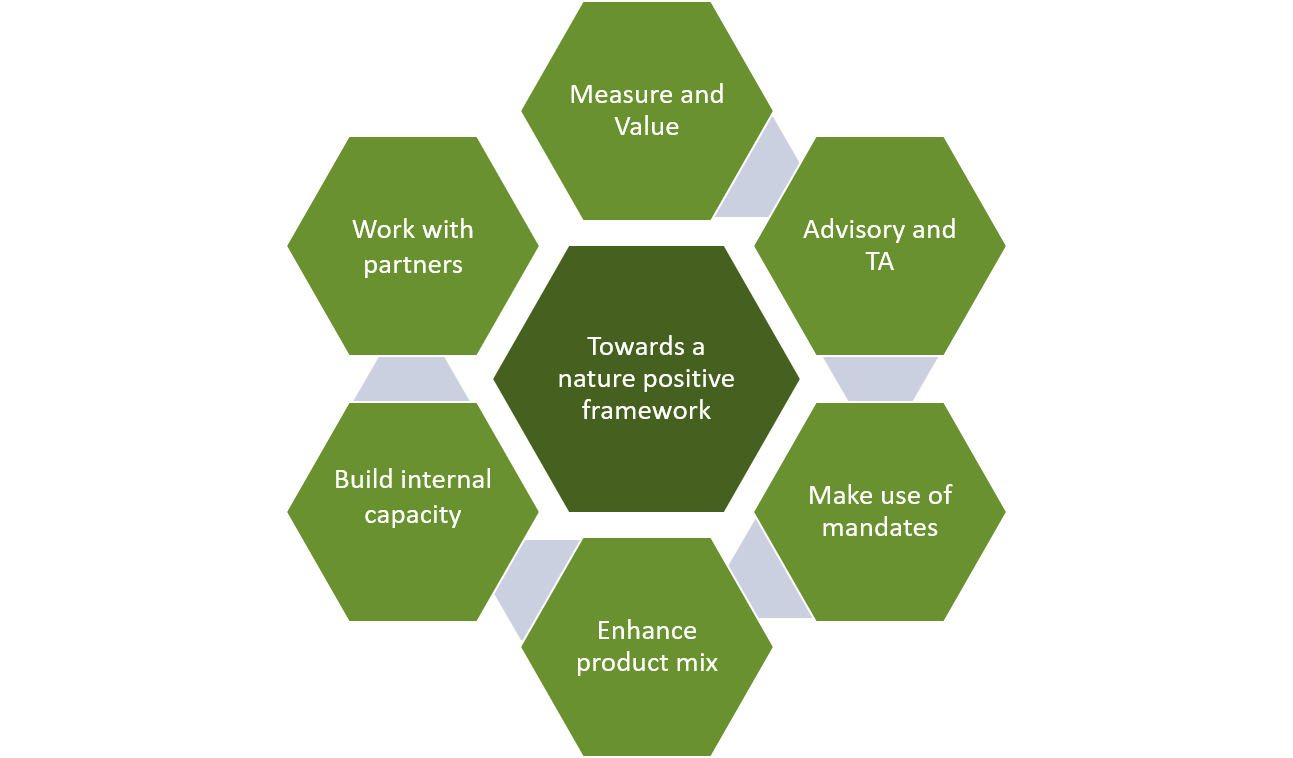
Photo courtesy of Ms. Eva Mayerhofer
Photo courtesy of Ms. Eva Mayerhofer
Nature is complex, but it is not complicated. It's the complexity that gives us the power to understand our risk. Sometimes, there is this inherent fear in the business and the finance sector that nature is so overly complicated that they cannot do anything.
Tailored approaches: The key to tangible results
Tailored solutions that reflect the unique needs and contexts of different stakeholders, be it for businesses or national policies, can amplify the success of biodiversity initiatives. Ms. Adina Arth discussed how the business community perceived the IPBES Global Assessment on Biodiversity and Ecosystem Services as a first wakeup call urging the private sector to take action for nature and emphasizing the need for flexible, sector-specific strategies.
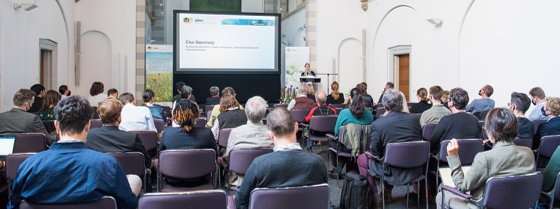
Photo by DLR
Photo by DLR
The business and biodiversity assessment should be relevant, tangible and applicable to businesses; it should get their attention and create momentum, which translates into further action.
Navigating challenges: Resilience and innovation in action
Despite the strides made, challenges persist. Whether it's data gaps in Trinidad and Tobago, the complexities of nature highlighted by Ms. Eva Mayerhofer or the need for heightened public awareness and interest, overcoming these hurdles demands tenacity, innovation and a shared commitment to a more sustainable future.

Image courtesy of the BES-Net team
Image courtesy of the BES-Net team








